

Sarawak’s commitment to sustainability and the energy transition will take centre stage at the fourth edition of Sarawak Energy’s flagship event, the Sustainability and Renewable Energy Forum (SAREF) 4.0. With the theme “Partnerships for Our Goals – Sustainable Growth & Prosperity for the Region,” SAREF 4.0 will convene global and regional leaders to exchange ideas, spark innovation and strengthen collaboration for a sustainable energy future. Join industry leaders, sustainability experts and policymakers to accelerate progress in alignment with the United Nations Sustainable Development Goals (UNSDGs).
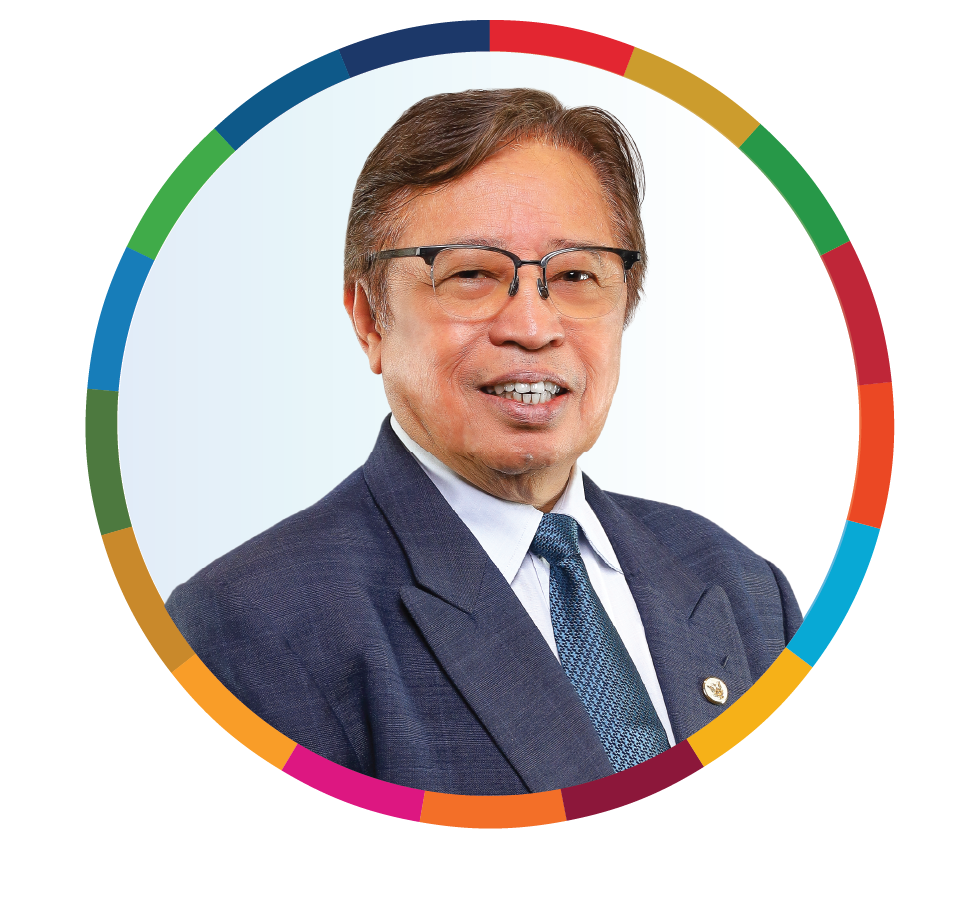
Premier of Sarawak
Read More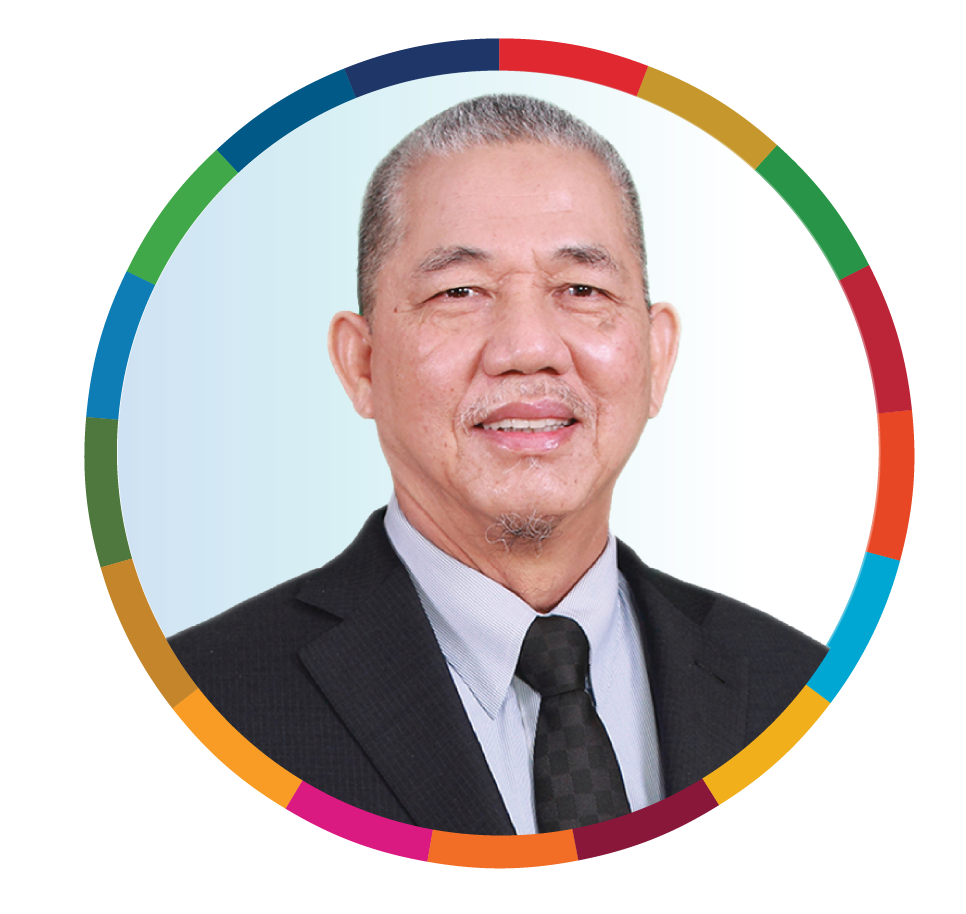
Deputy Prime Minister of Malaysia
Minister for Energy Transition and Water Transformation
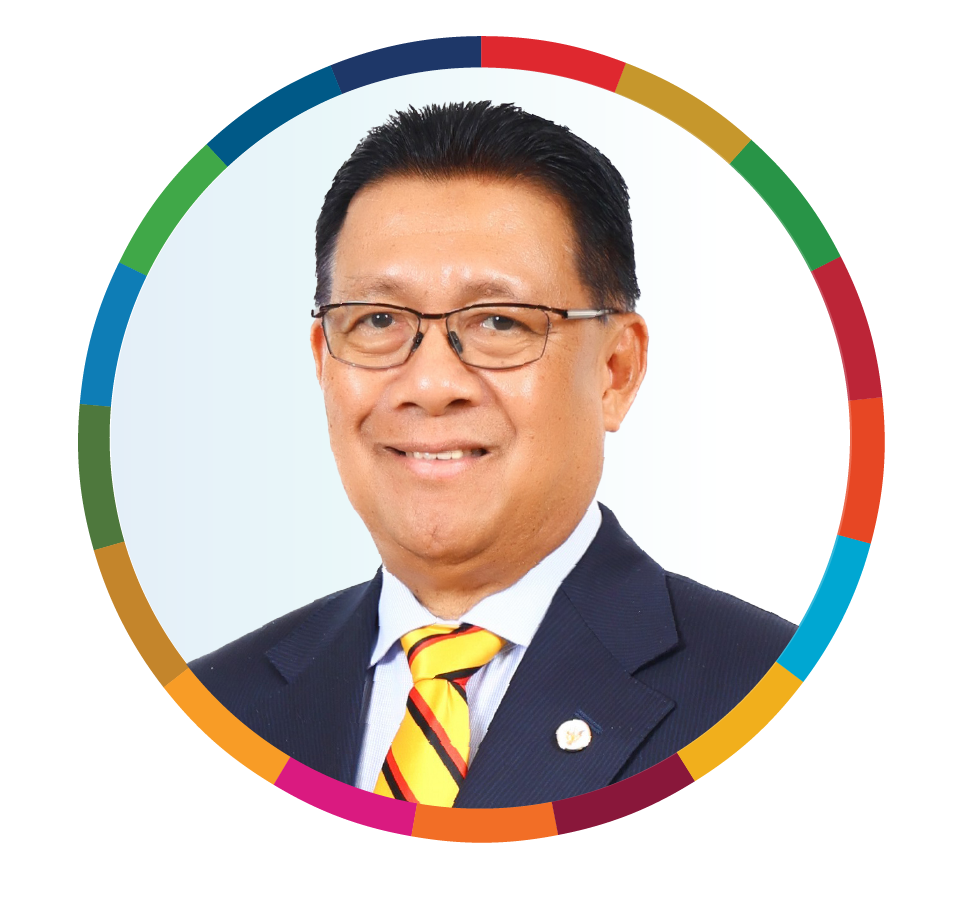
Minister for Utility and Telecommunication Sarawak
Read More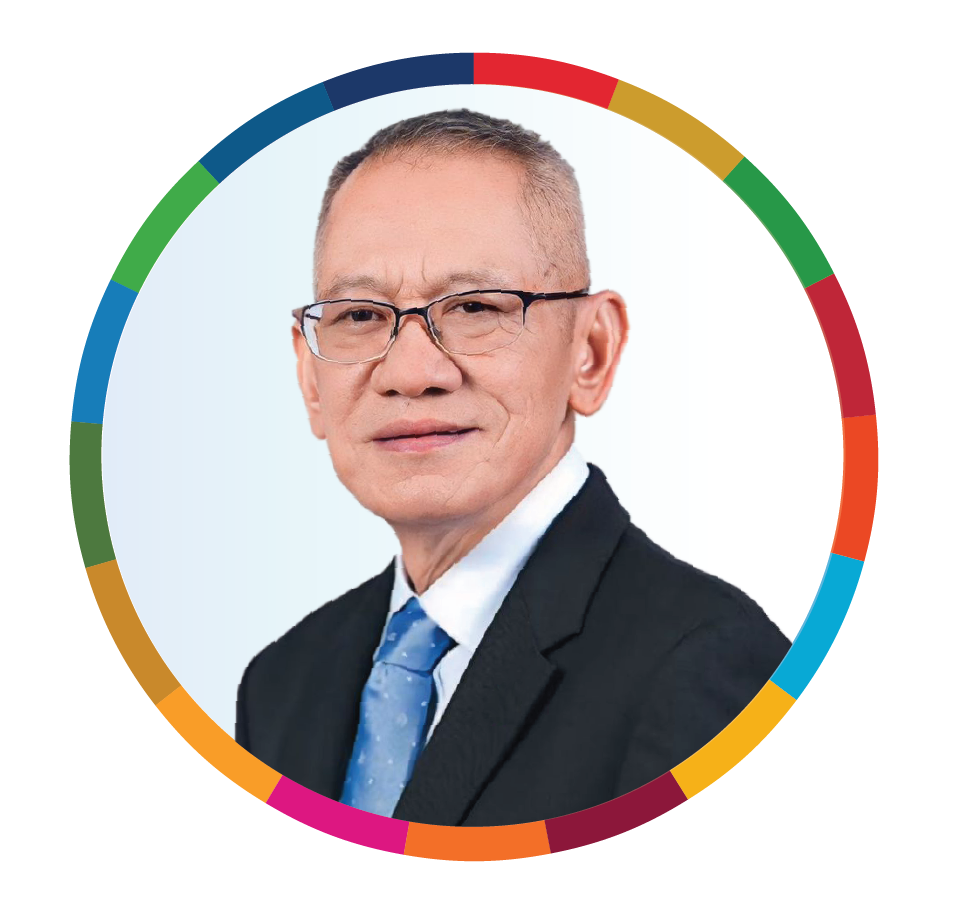
Deputy Minister for Utility (Sarawak Energy and PETROS)
Chairman of Sarawak Energy
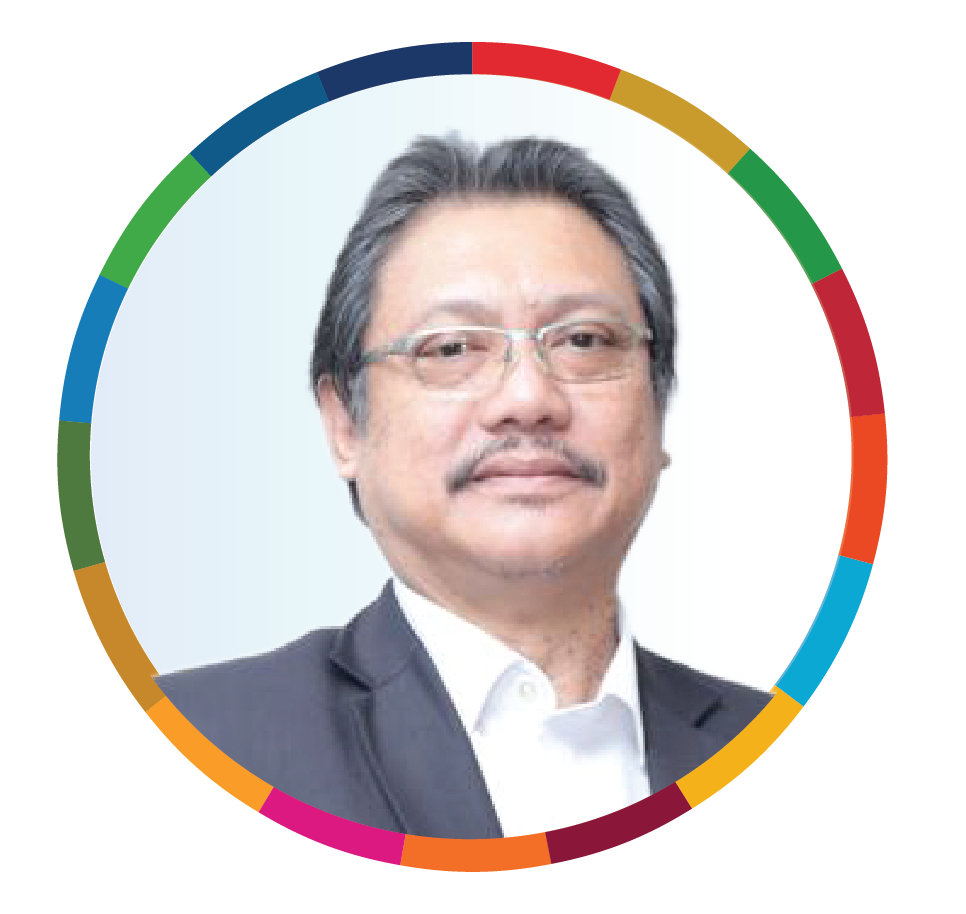
Deputy Minister for Energy and Environmental Sustainability Sarawak
Read More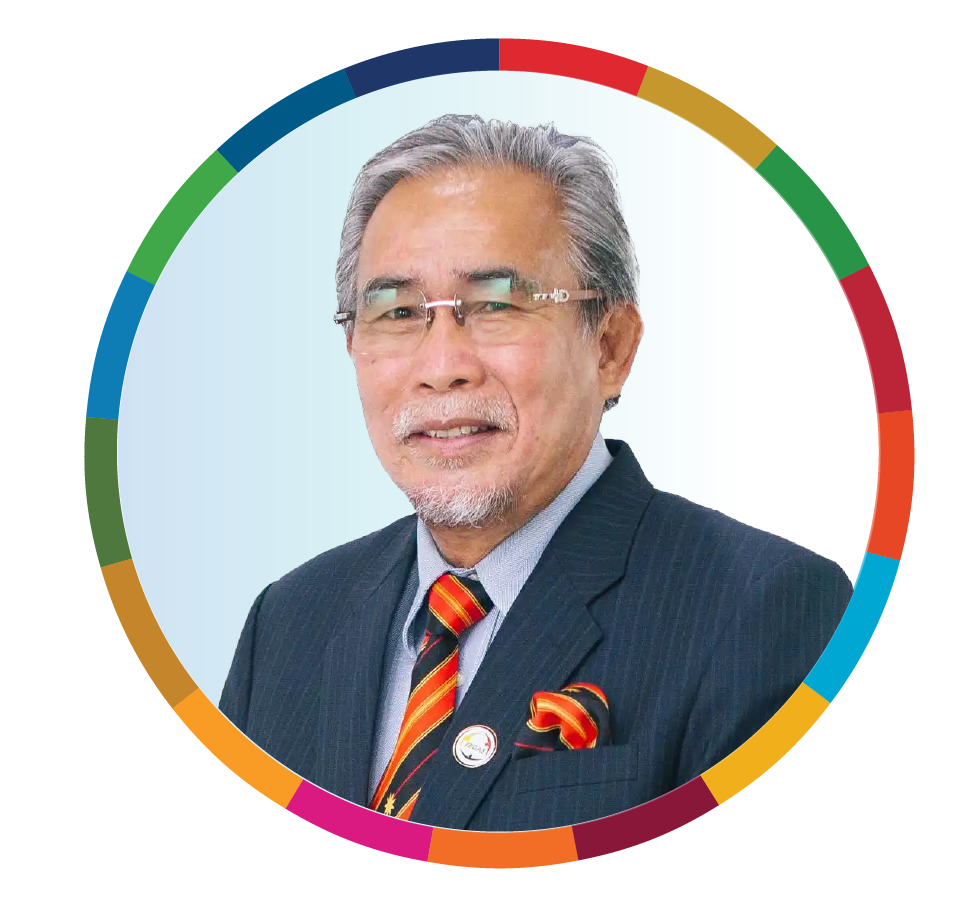
Deputy Minister for Urban Planning, Land Administration and Environment Sarawak
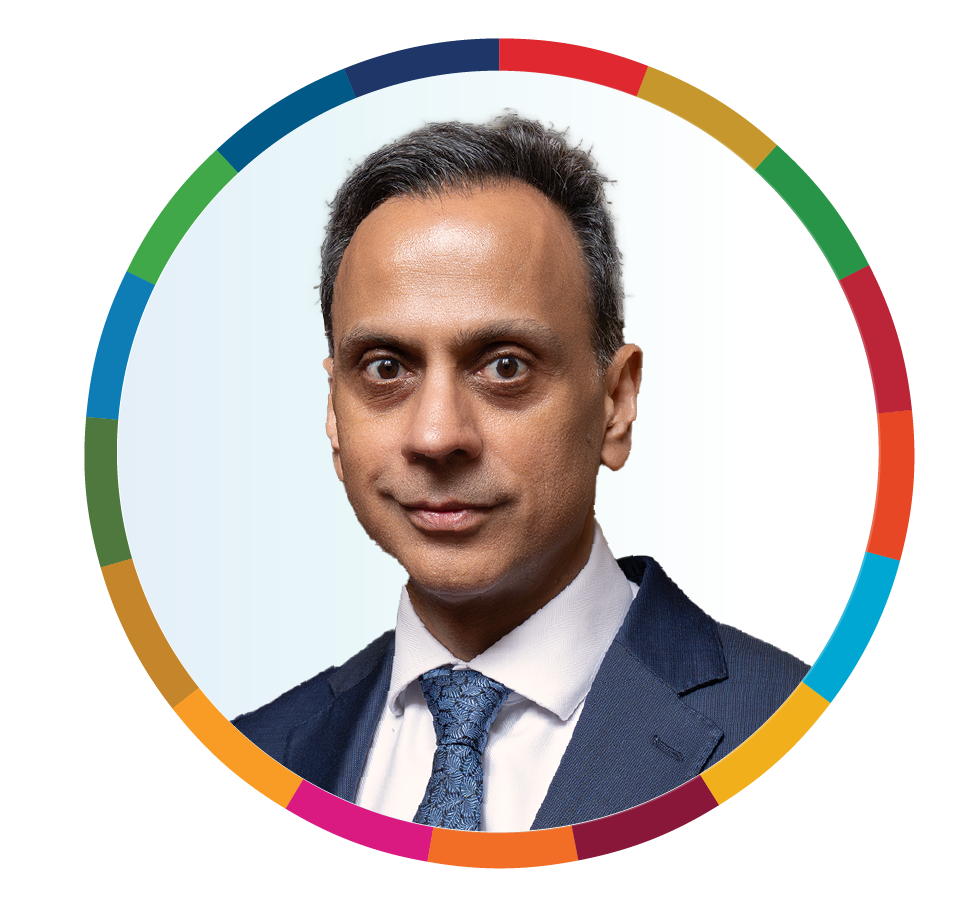
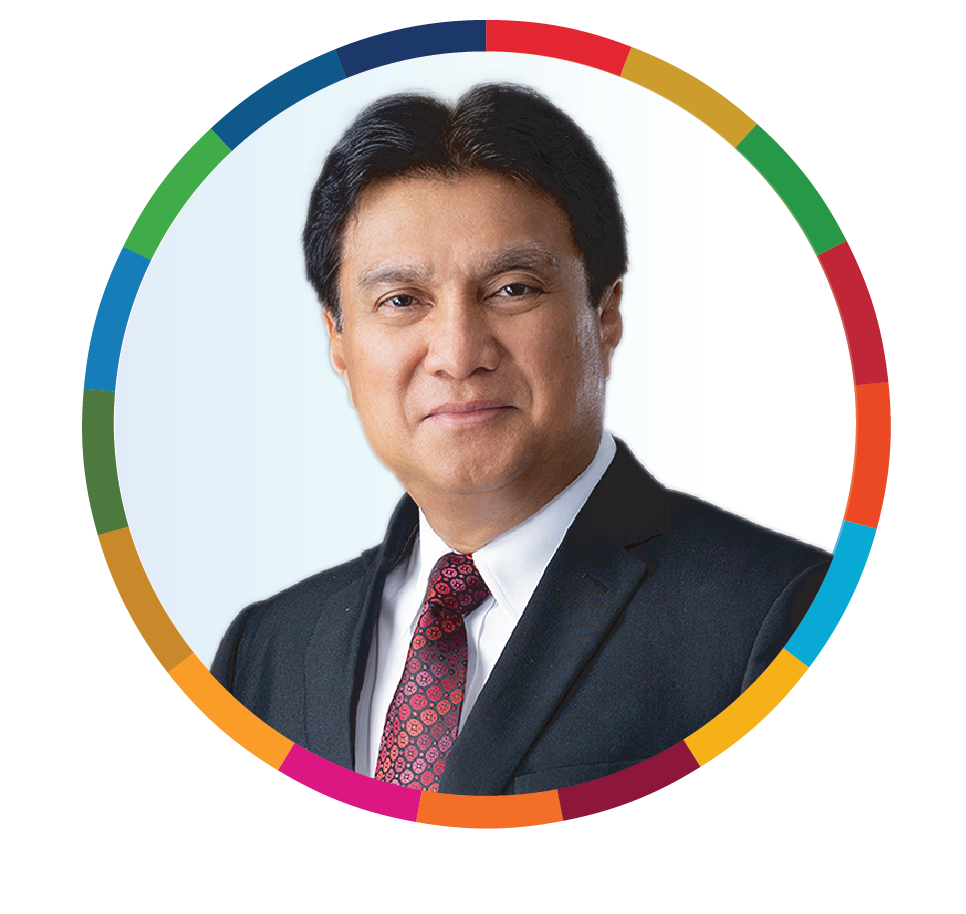
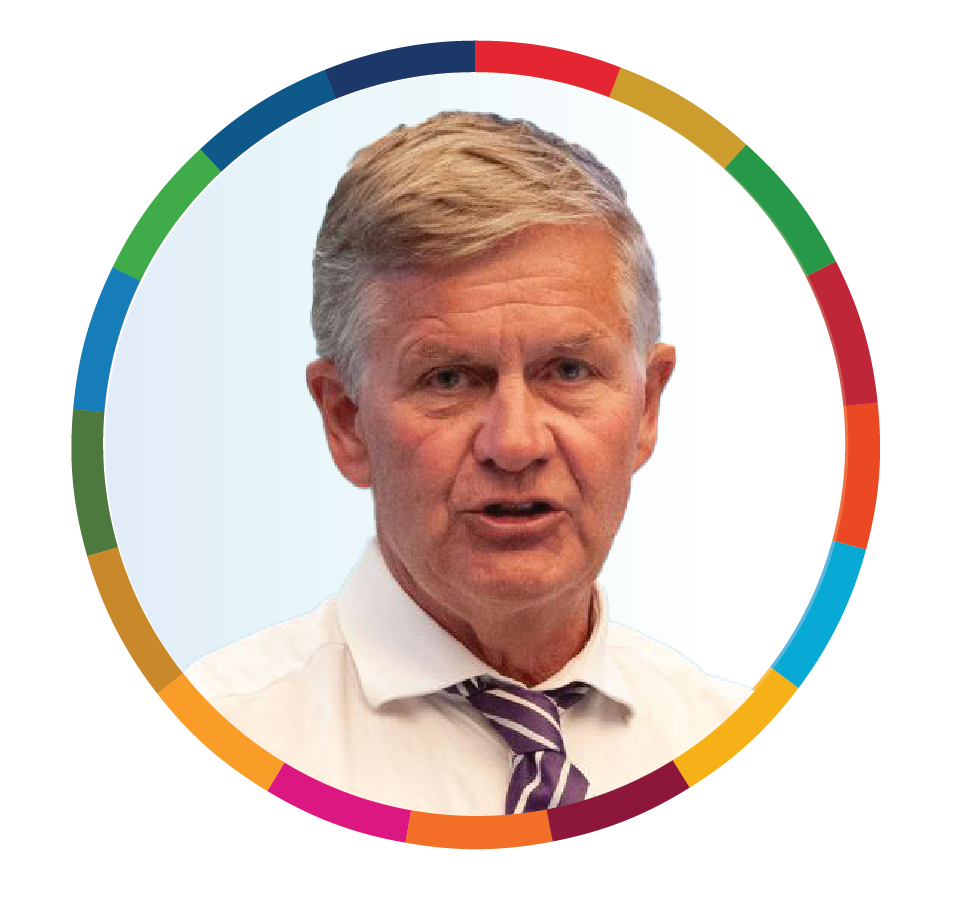
Board Member of the International Hydropower Association
President of the Belt and Road Green Development Initiative
The Sixth and former UN Environment Executive Director and Under-Secretary-General of the United Nations
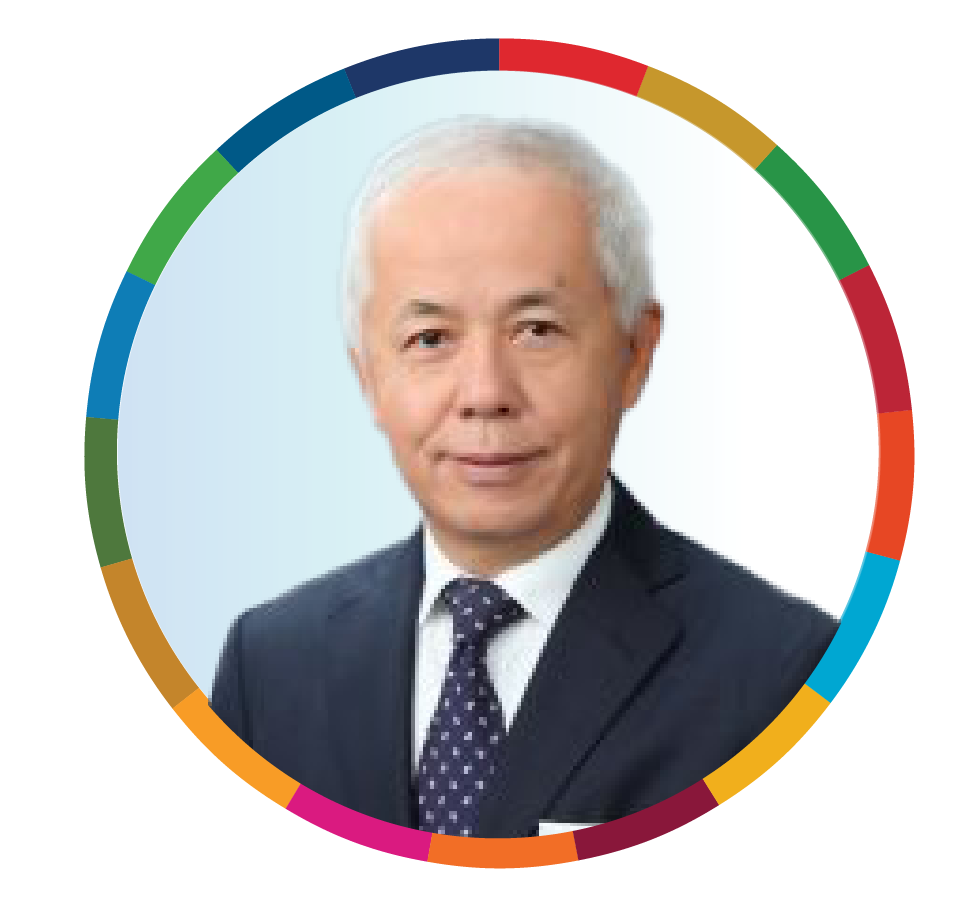
Chair of Japan Energy Association
Chair of Impact, World Energy Council
Former President/CEO of Tokyo Electric Power Company (TEPCO)
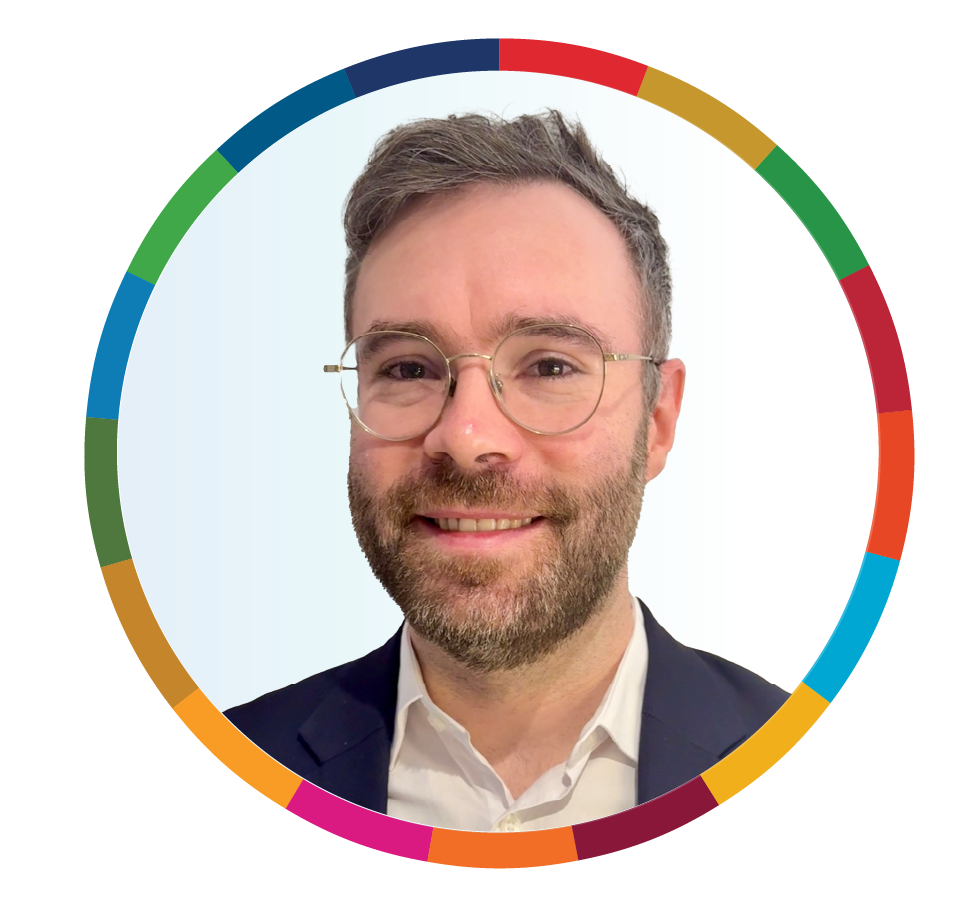
Second Secretary, Political & Economic
Australian High Commission Kuala Lumpur
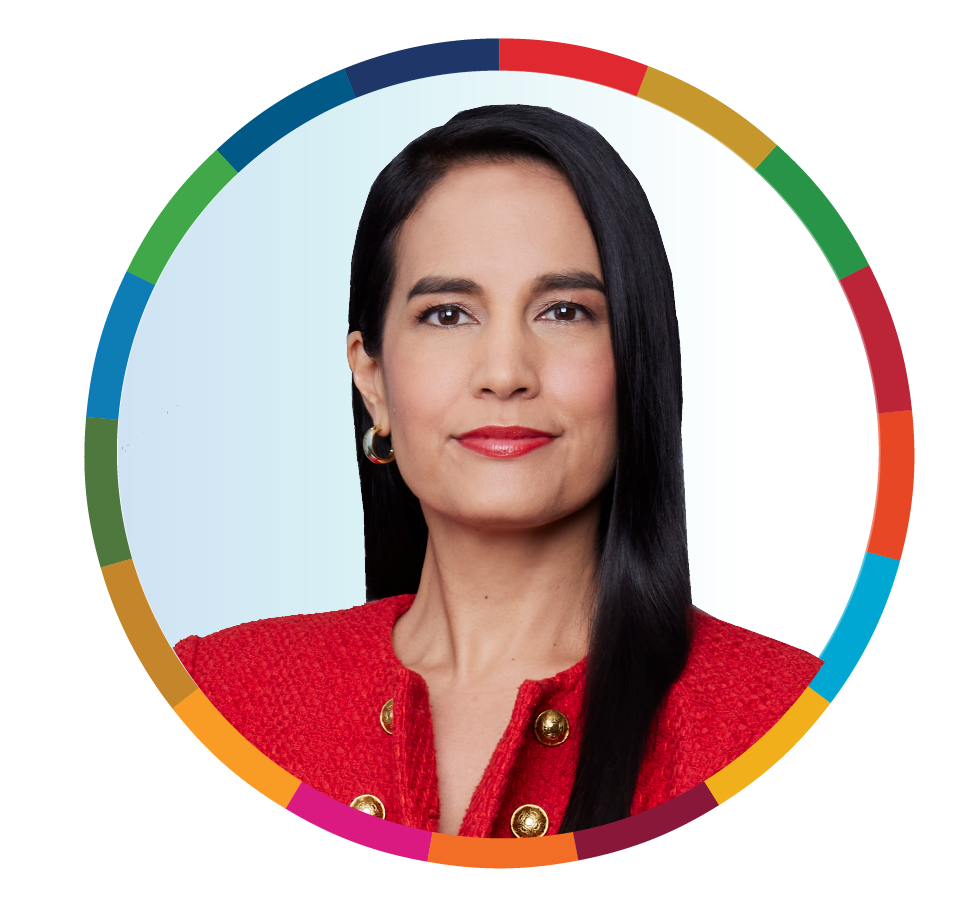
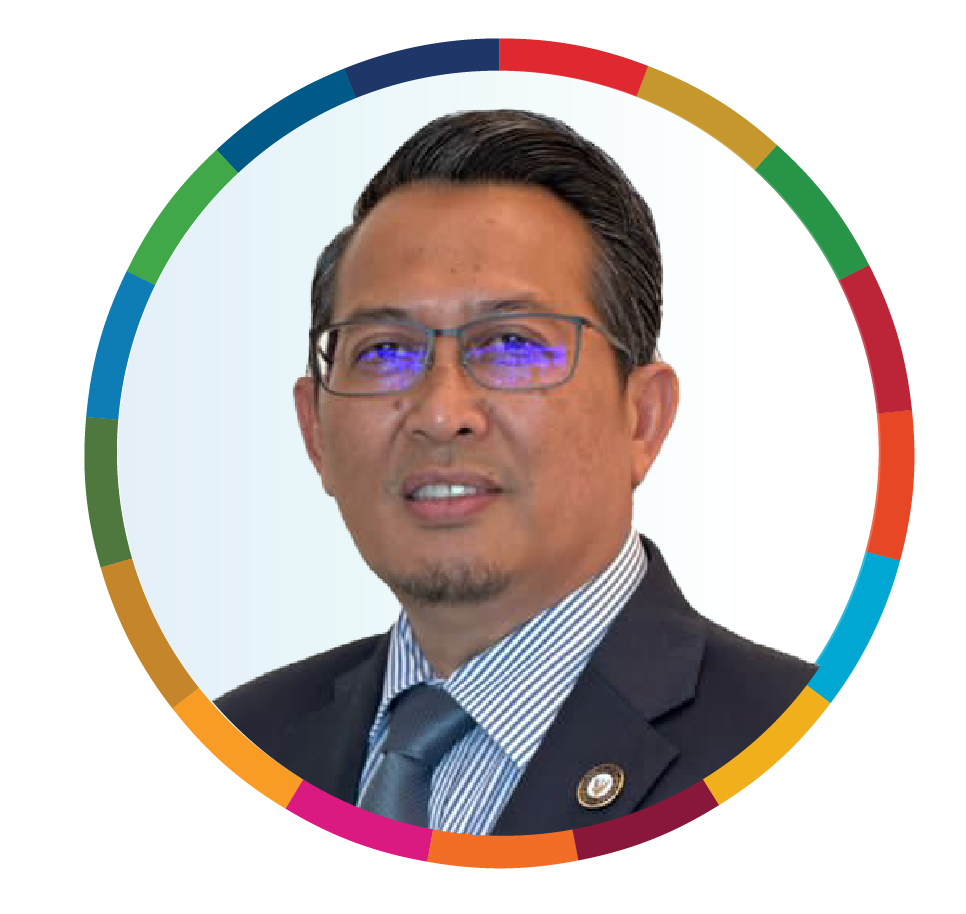
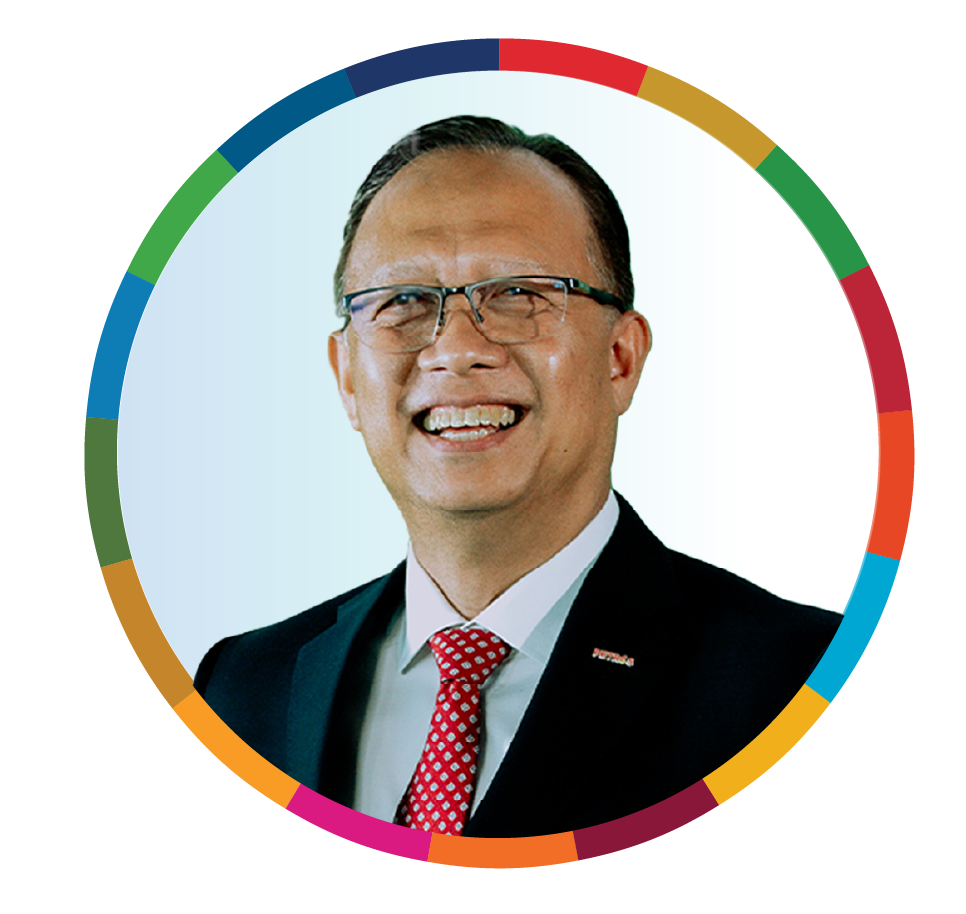
Senior Vice President for Sarawak Resource Management
Petroleum Sarawak Berhad (PETROS)

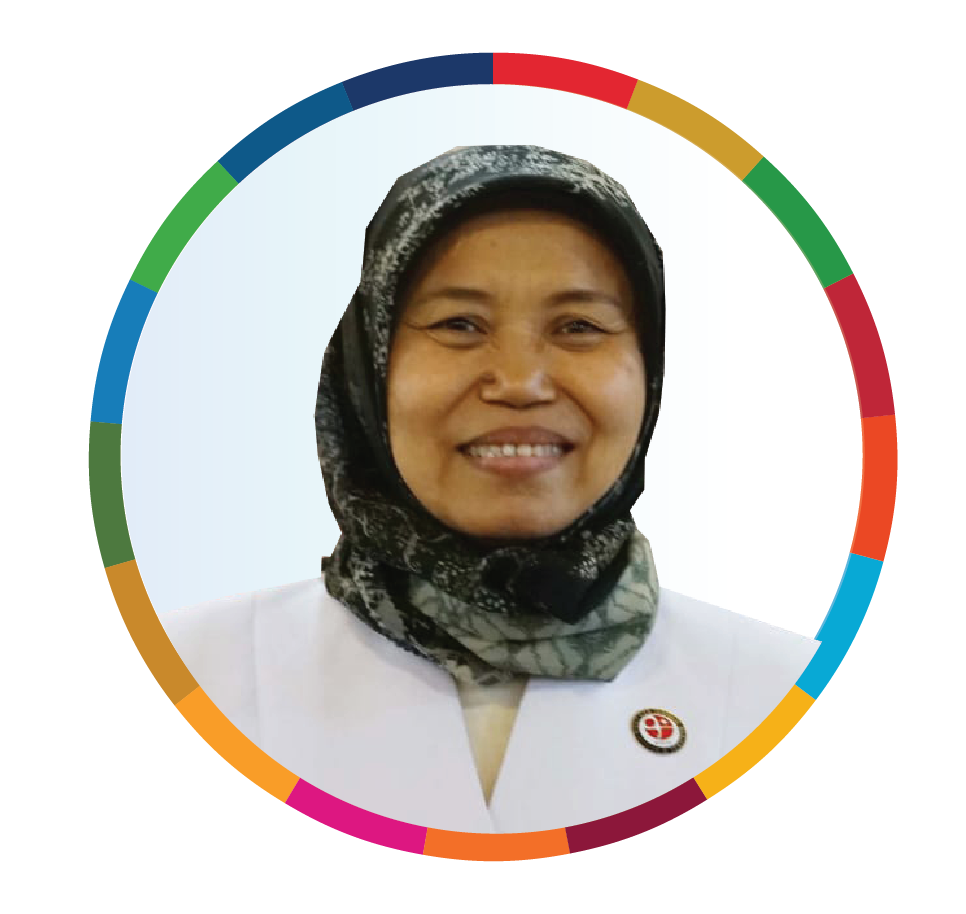
Founder and Executive Director
People Centred Economic and Business Institute of Indonesia (IBEKA)
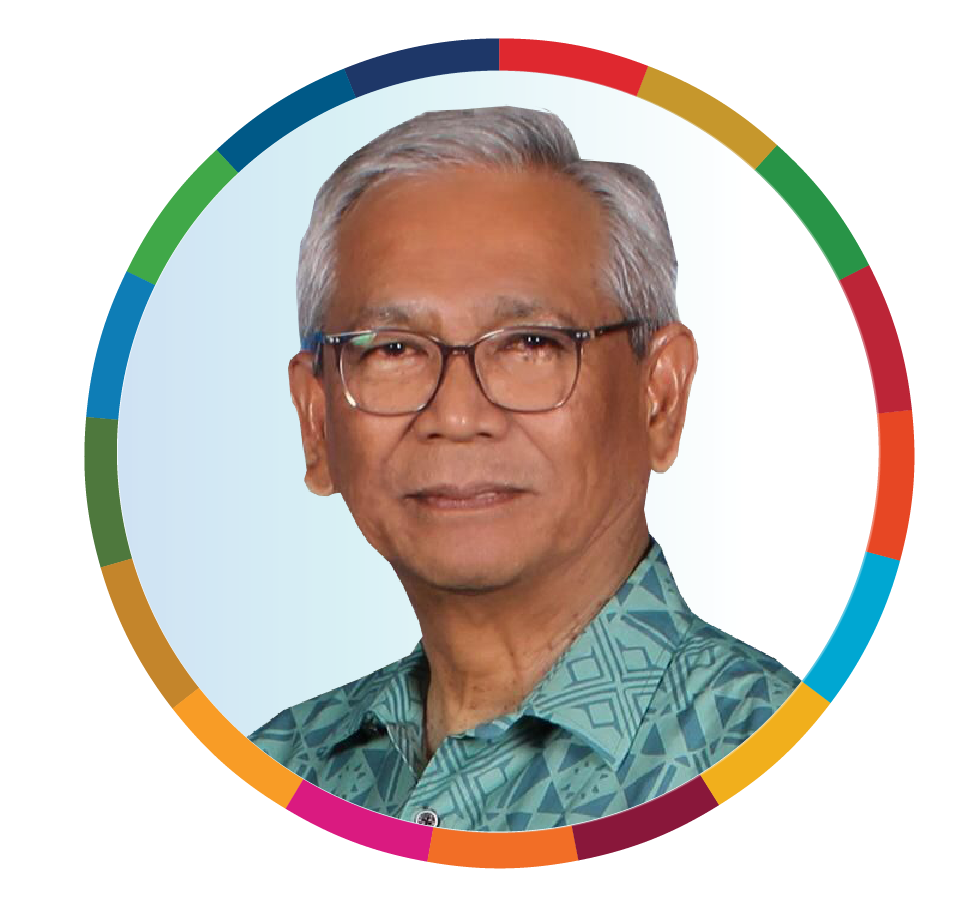
Principal Advisor
eCEOs Sdn. Bhd. and Alypz Sdn. Bhd.,
Board Member
Malaysian Atomic Energy Licensing Board
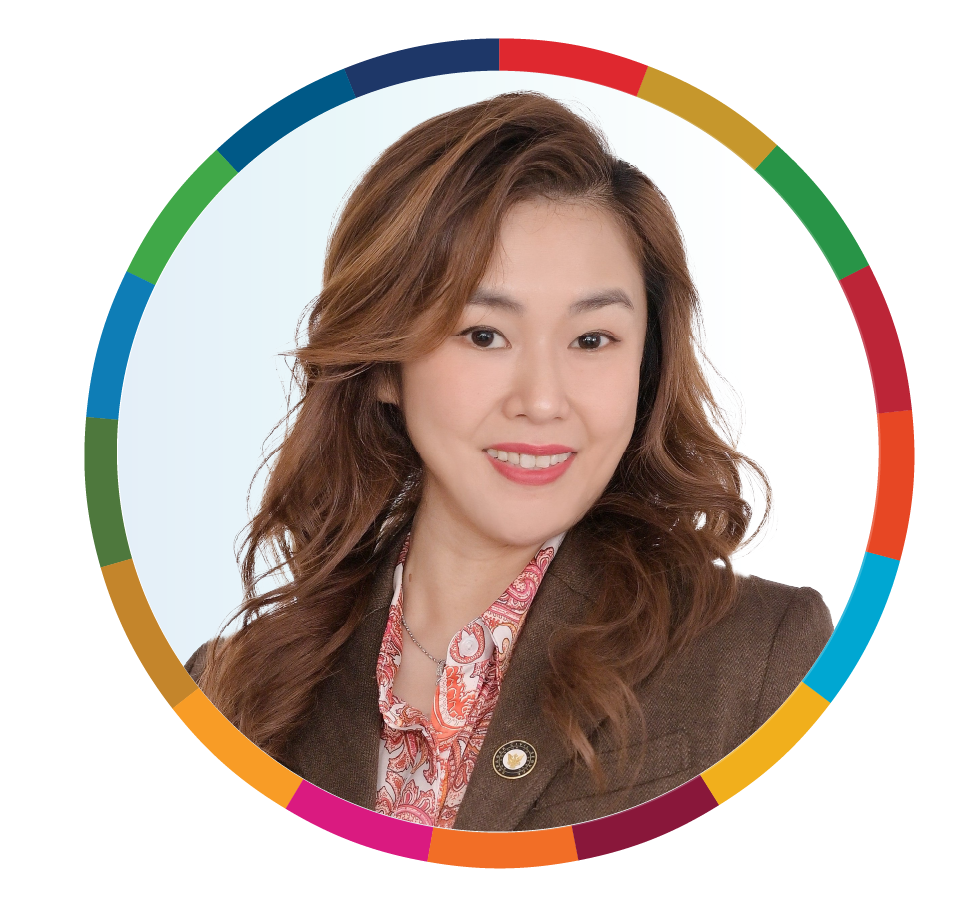
Advisor for Climate Change, Energy, and Sustainable Development
Department of the Premier of Sarawak
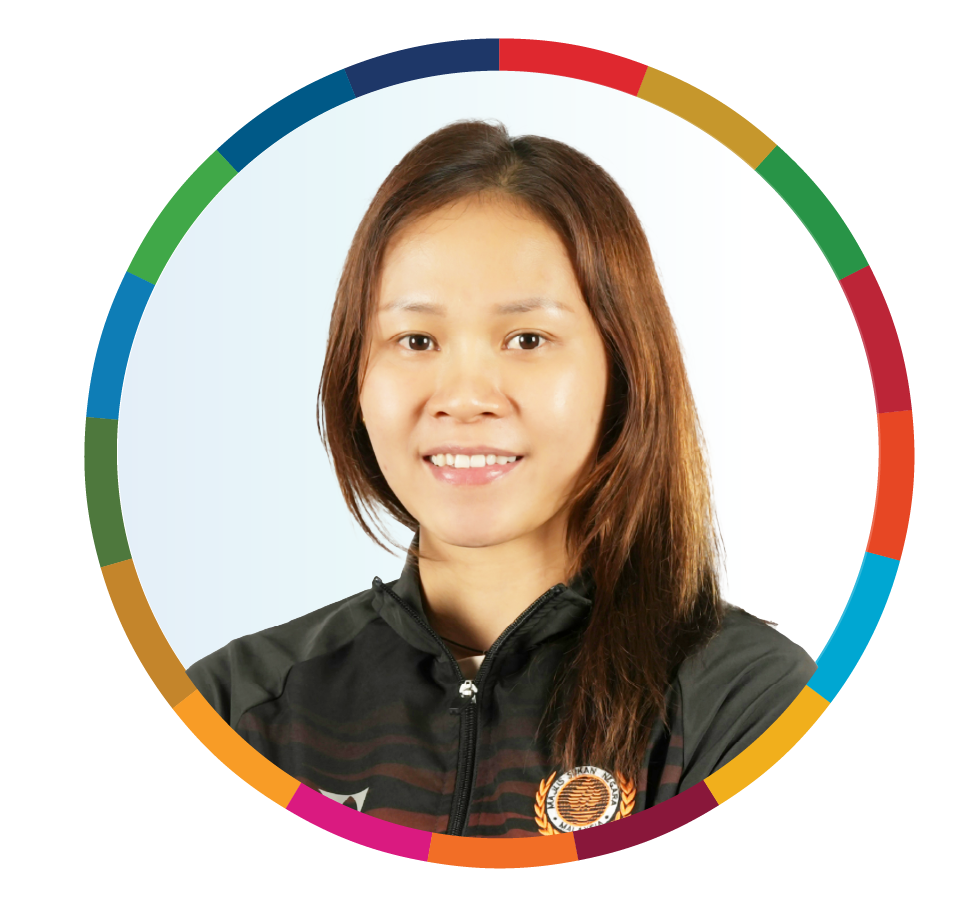
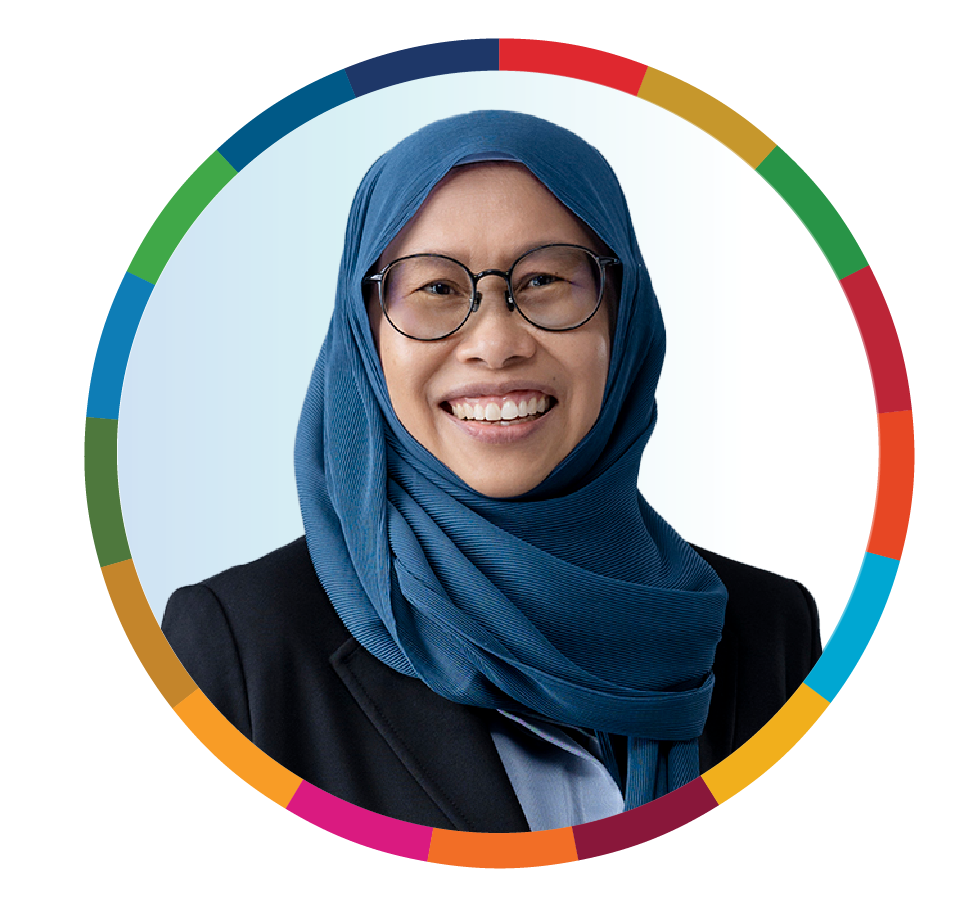
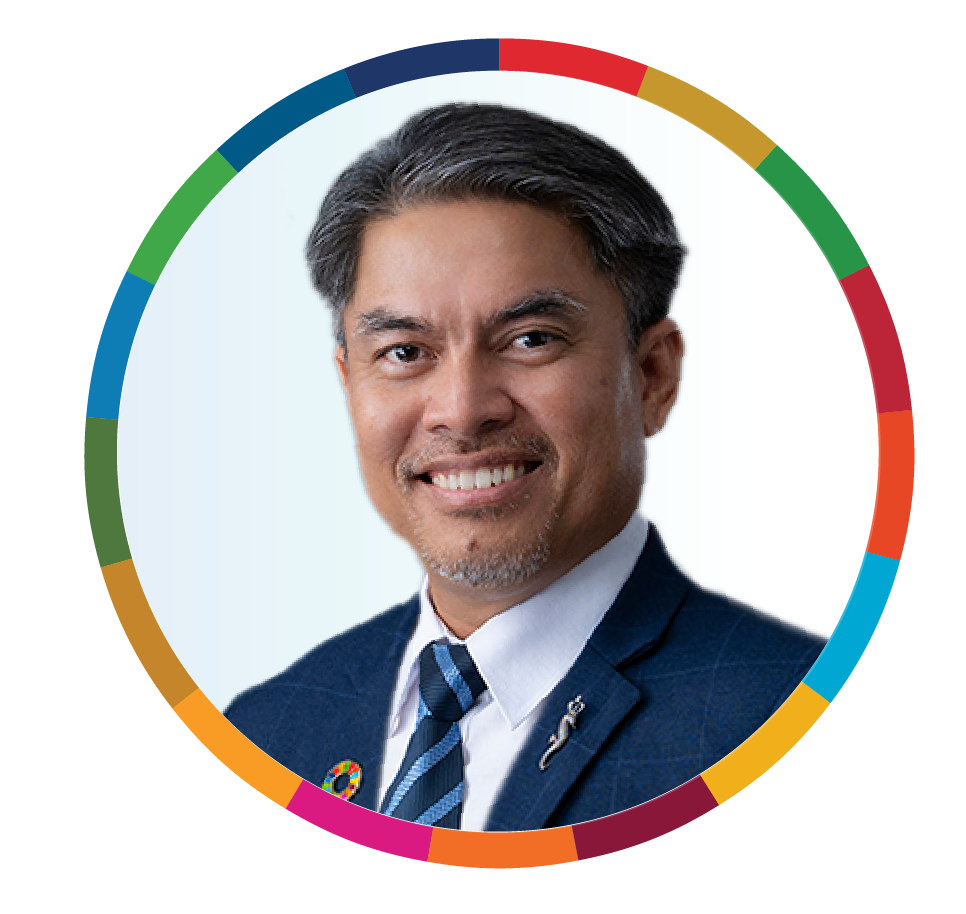
Senior Vice President for Health, Safety, Security and Environment
Sarawak Energy
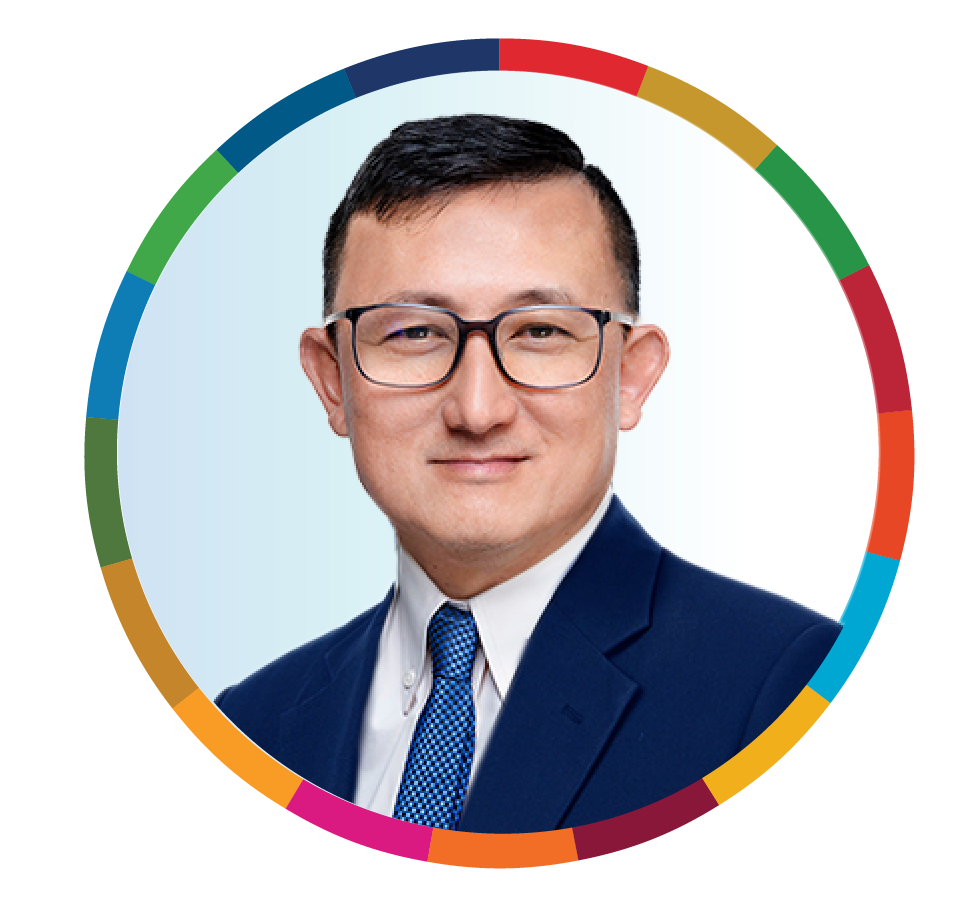
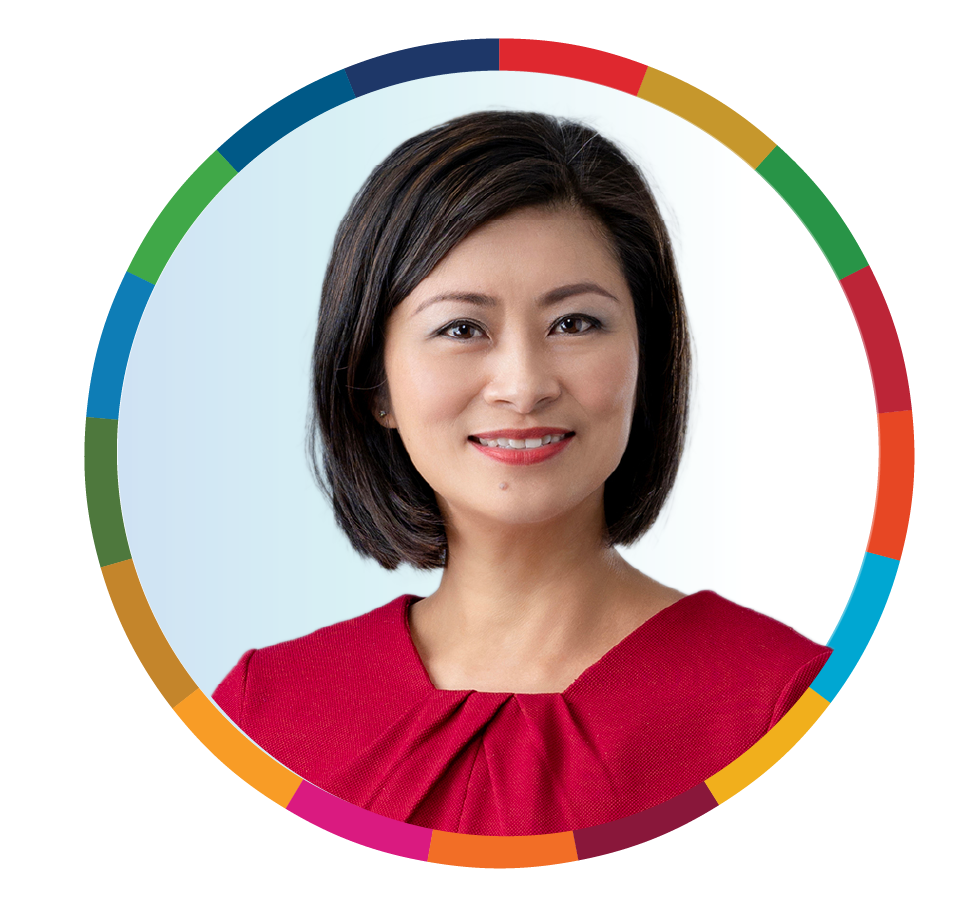
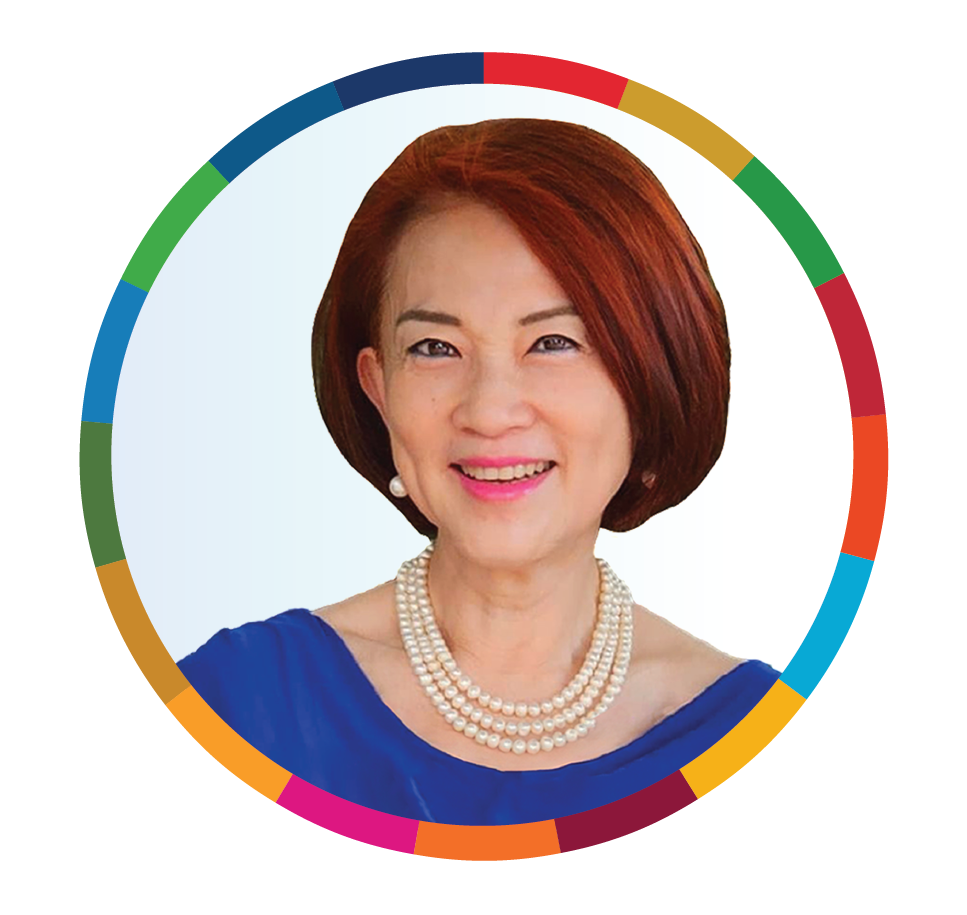

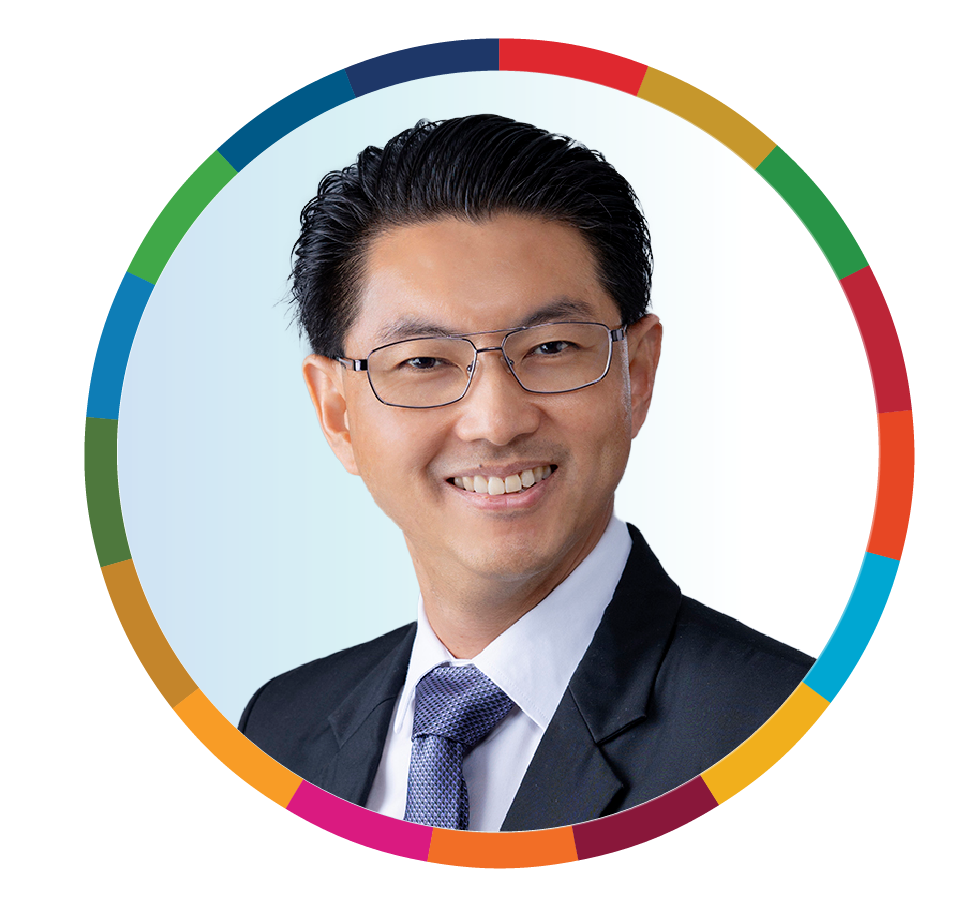
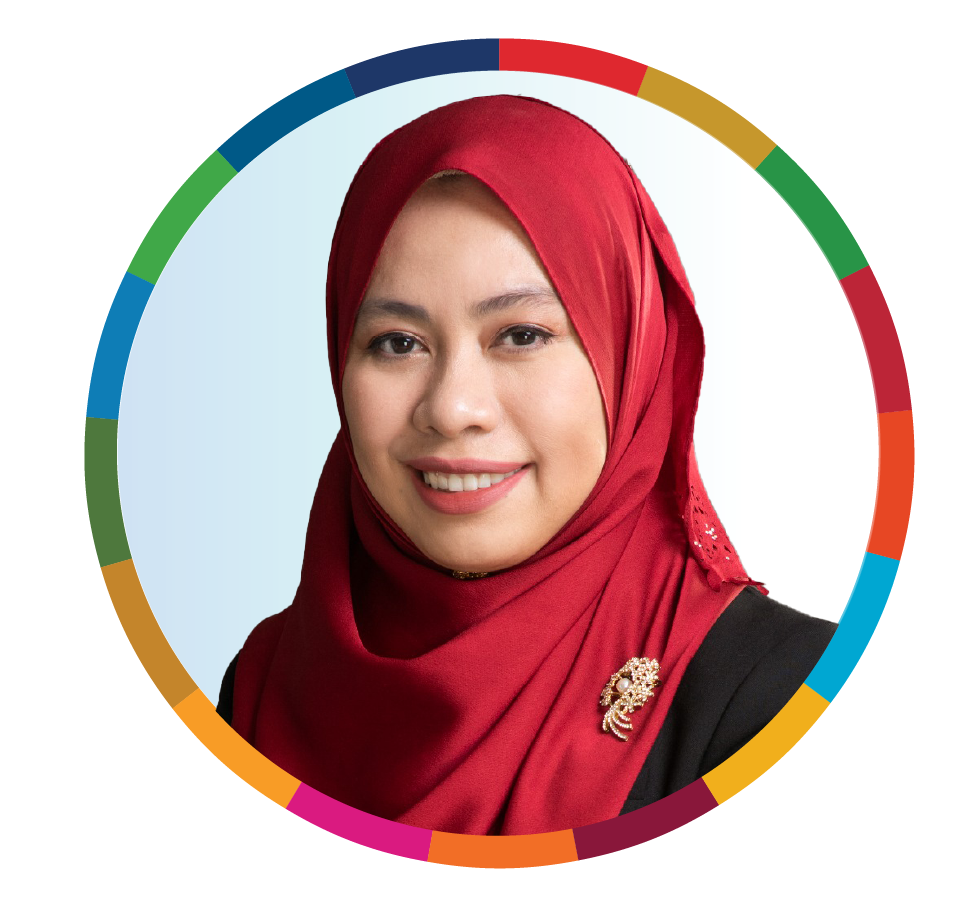
Vice President/Head of Corporate Strategy & Research
Malaysia Petroleum Resources Corporation
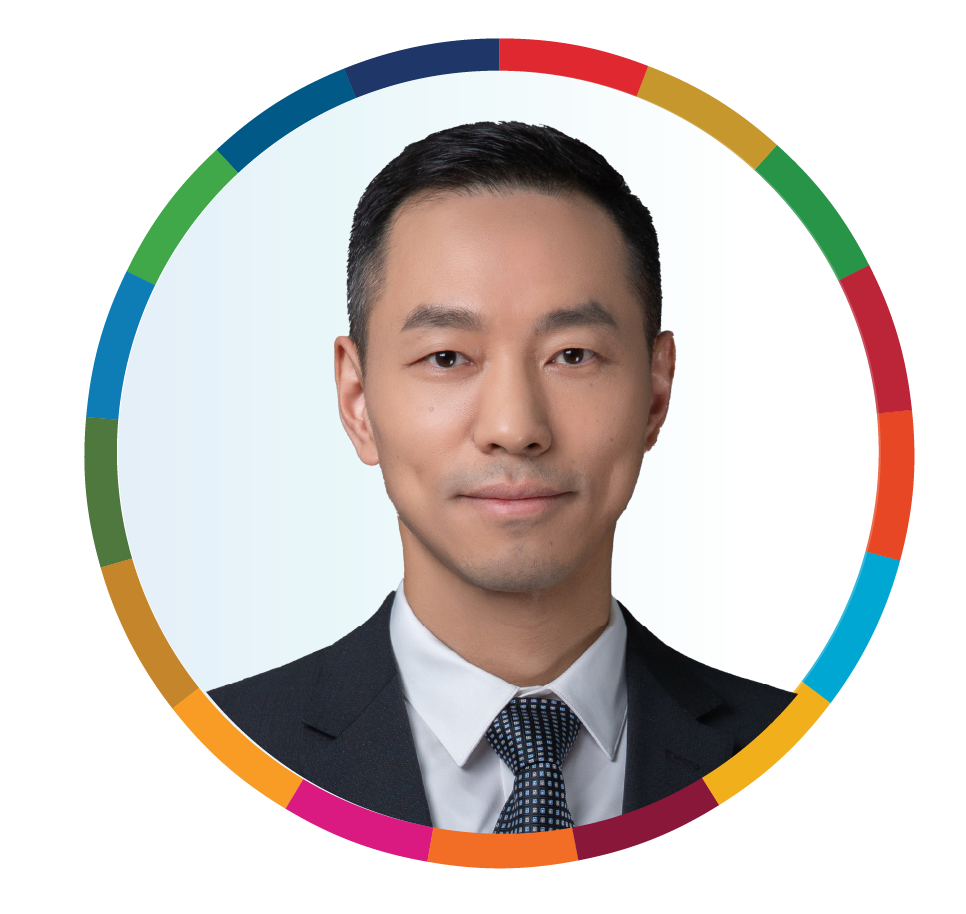
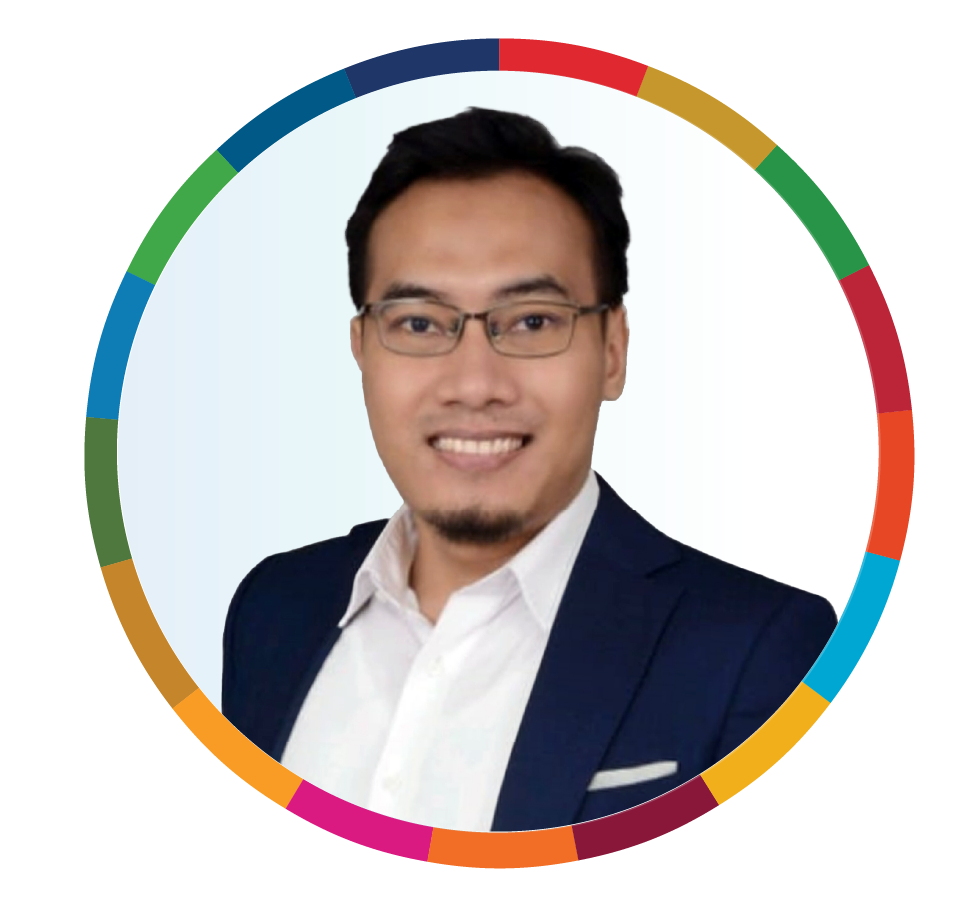
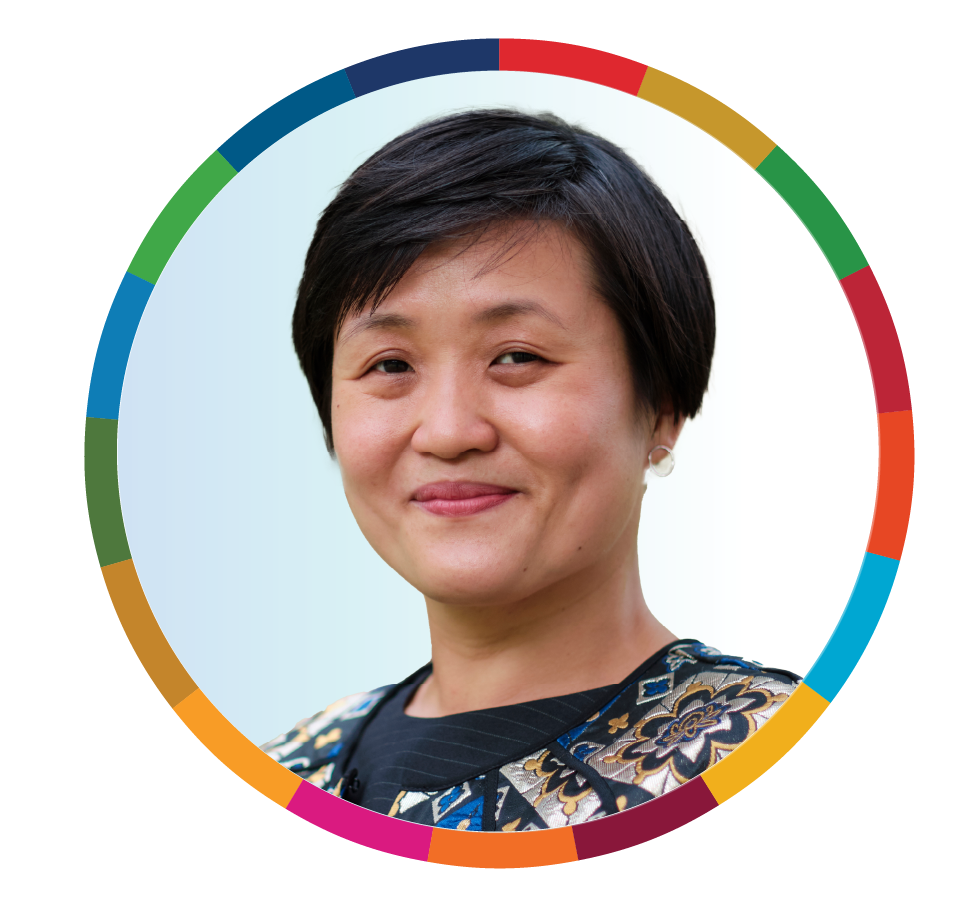
Division Head of the Sectoral Planning Division
Economic Planning Unit Sarawak
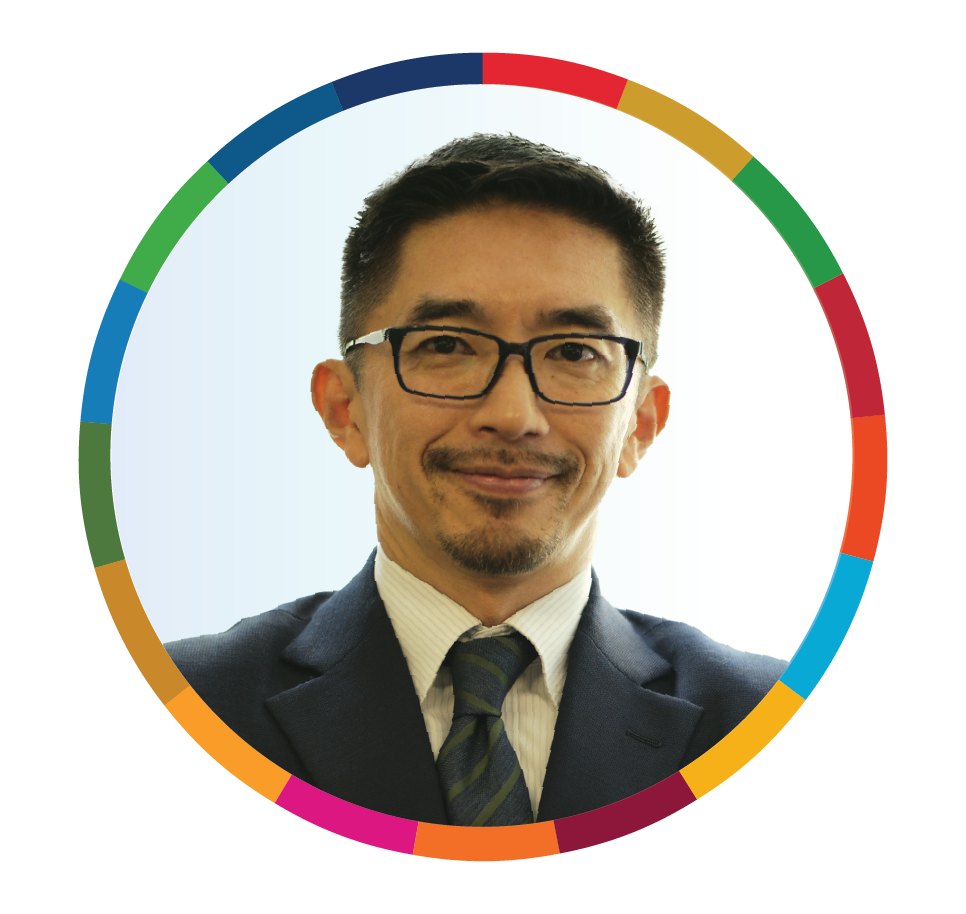
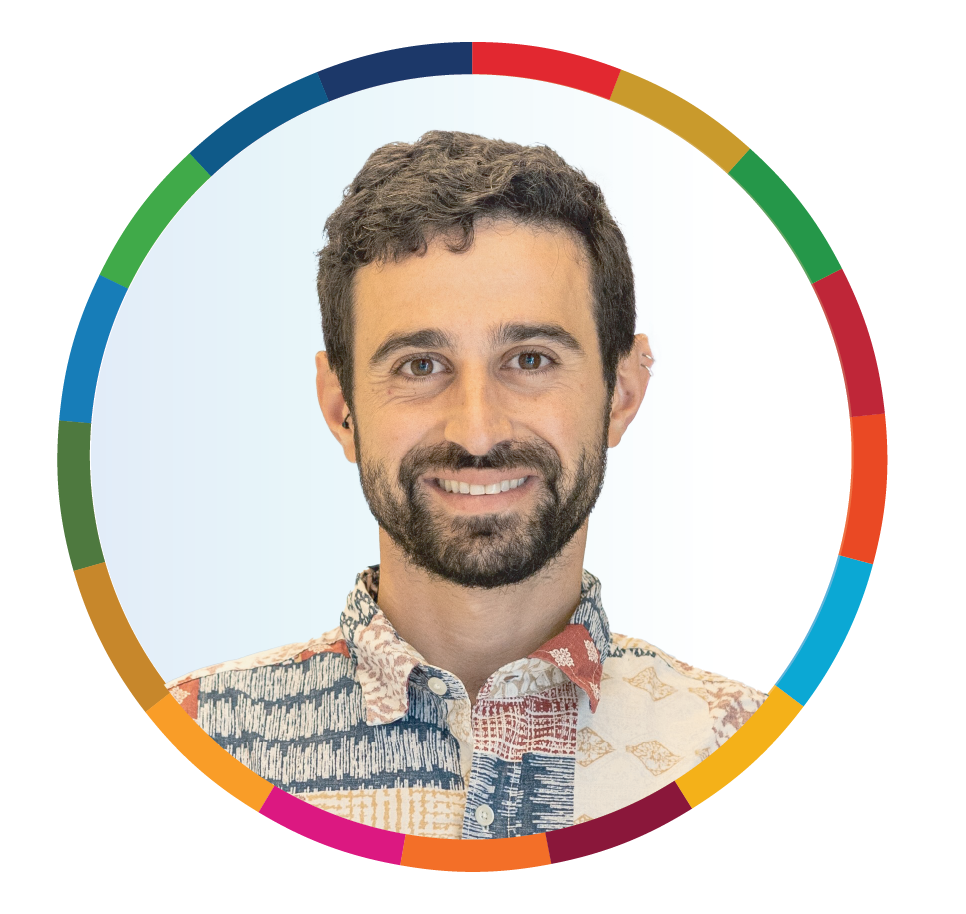
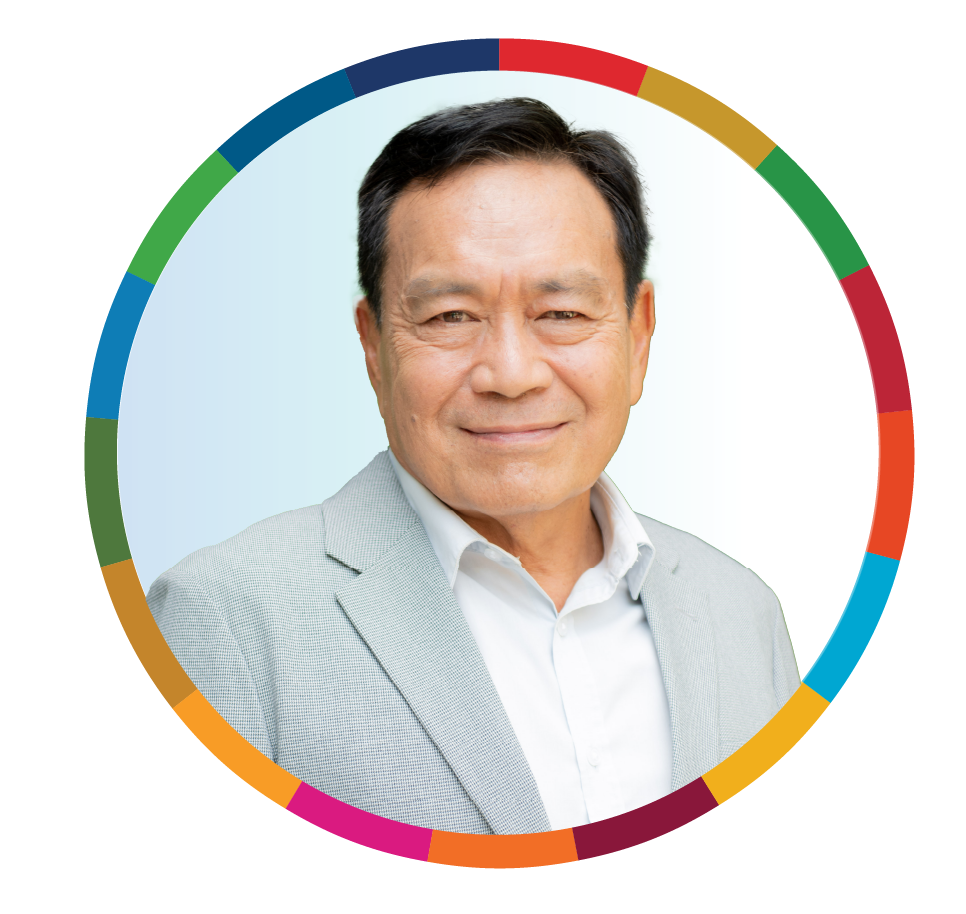
Deputy Executive Director
ASEAN Centre for Sustainable Development Studies and Dialogue
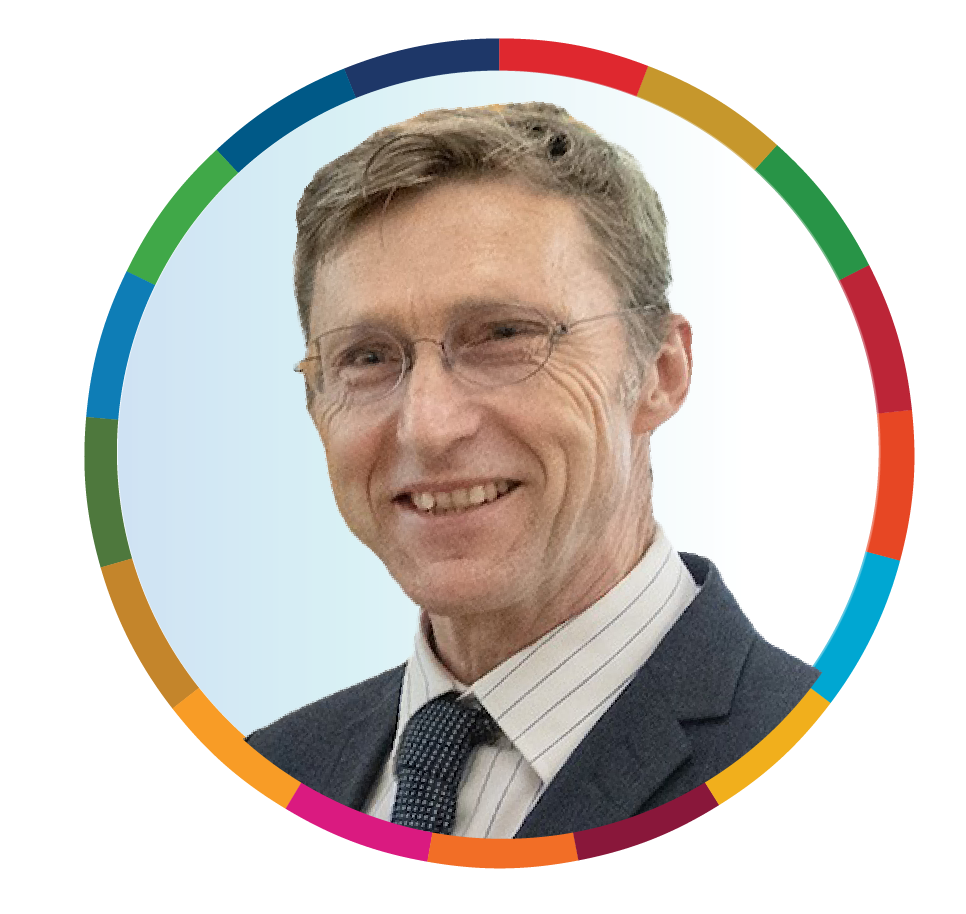
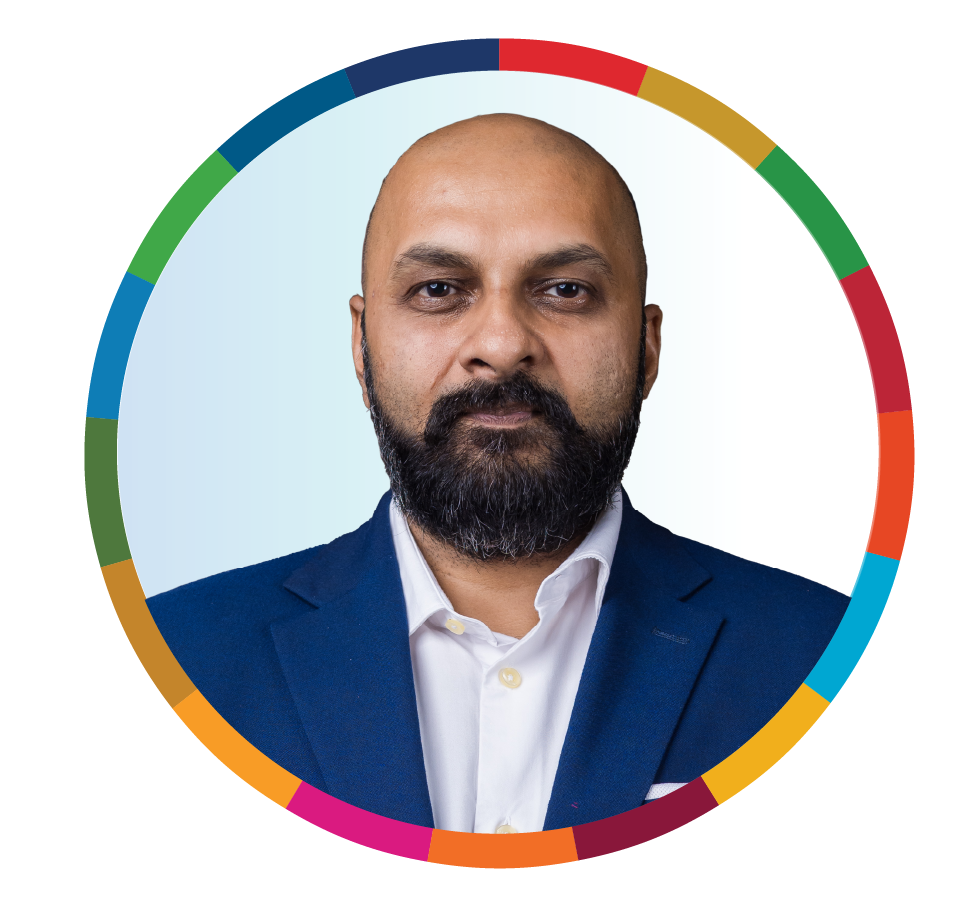
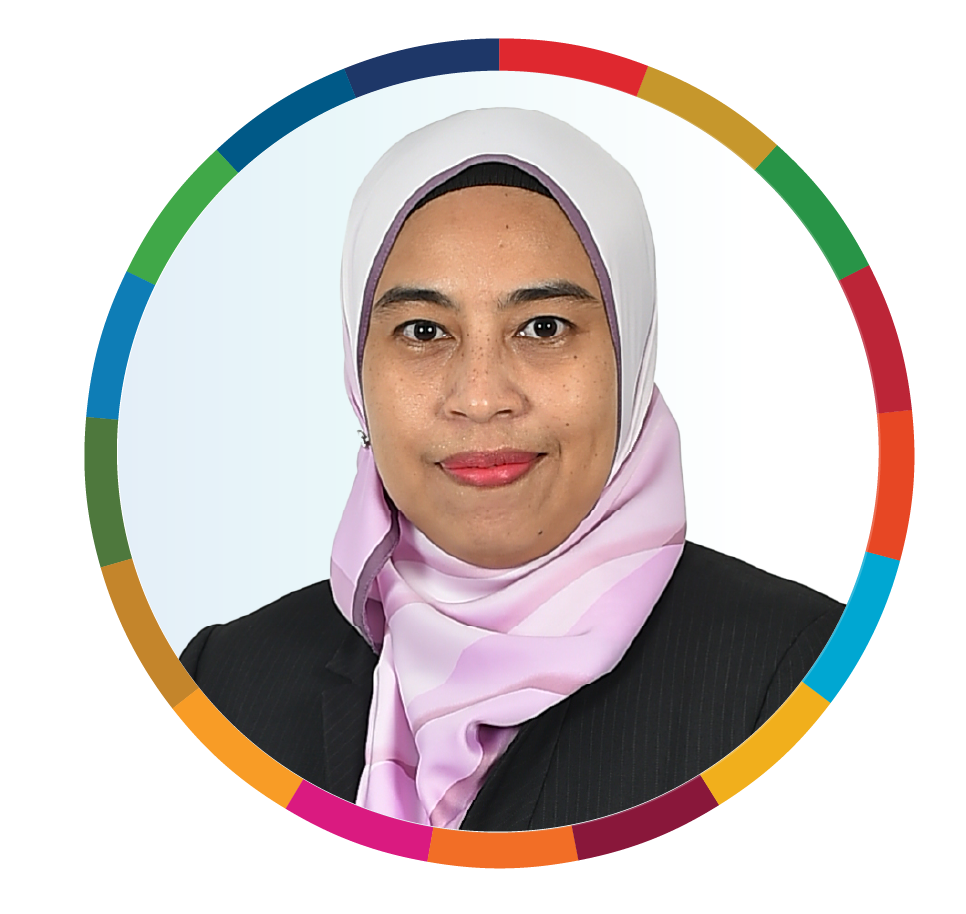
Director of the Technical Support Division, Malaysia
Nuclear Agency
Exco Member of Women in Nuclear (WiN) Malaysia
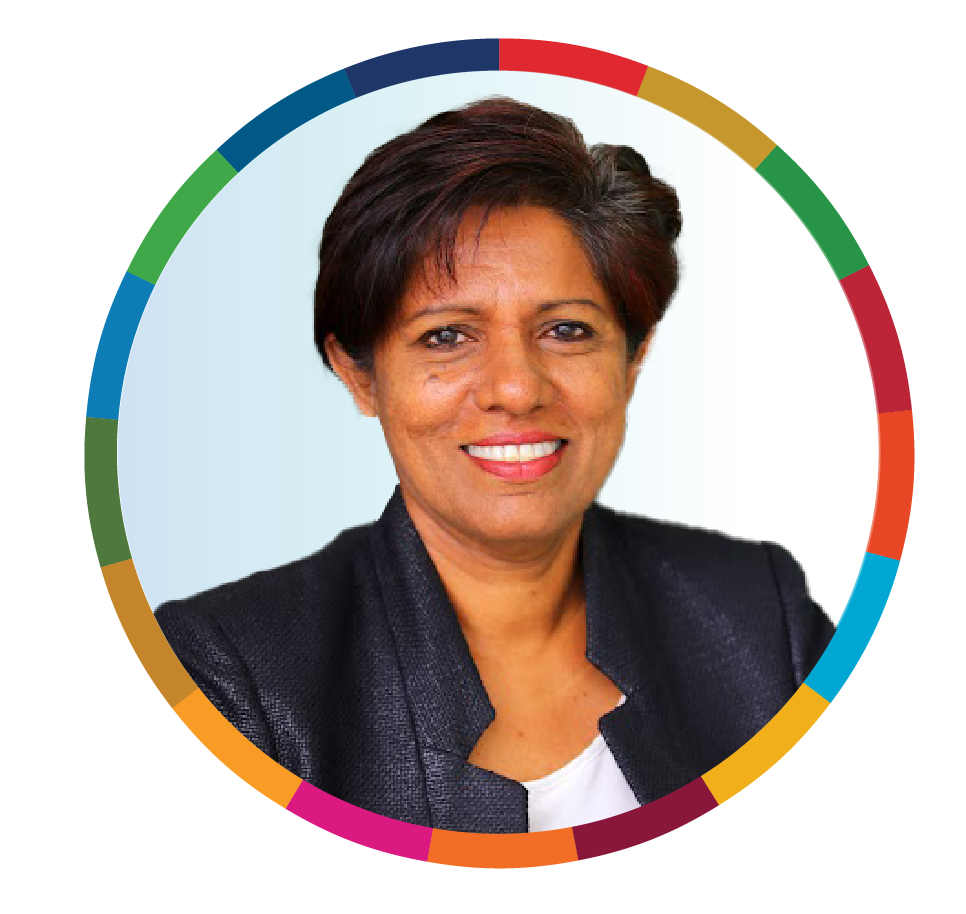
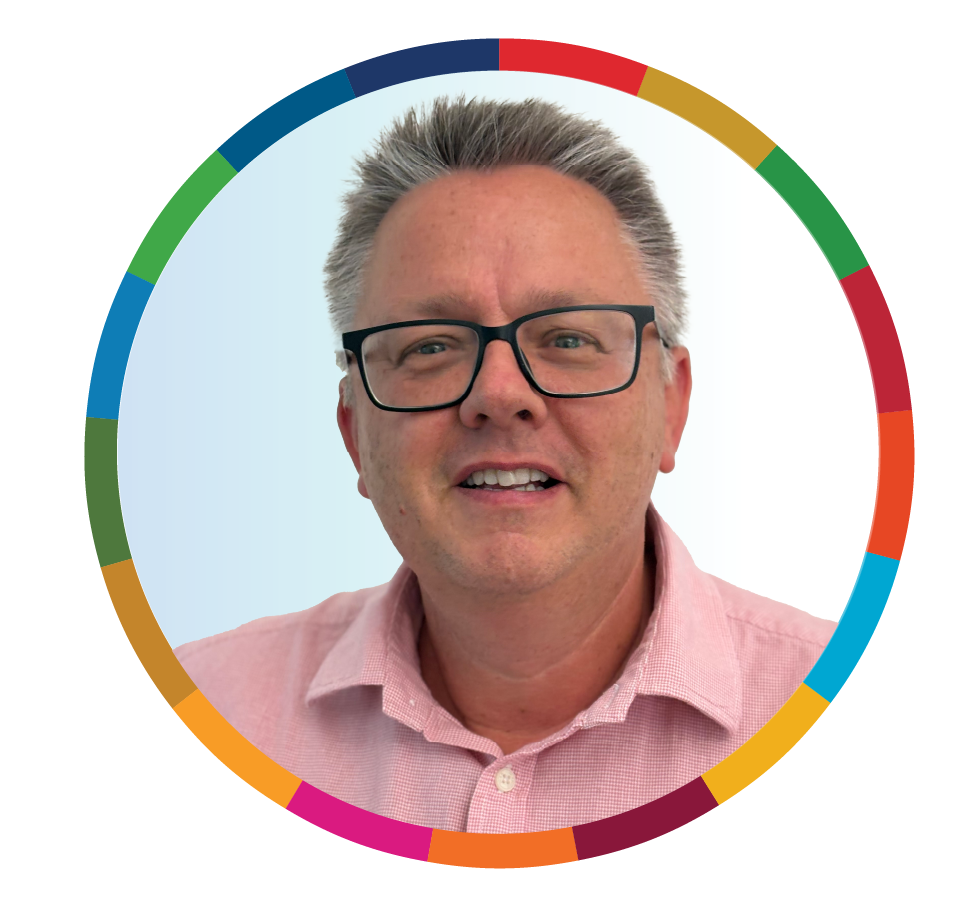
Global Director, Water and Wetlands
International Union for Conservation of Nature (IUCN)
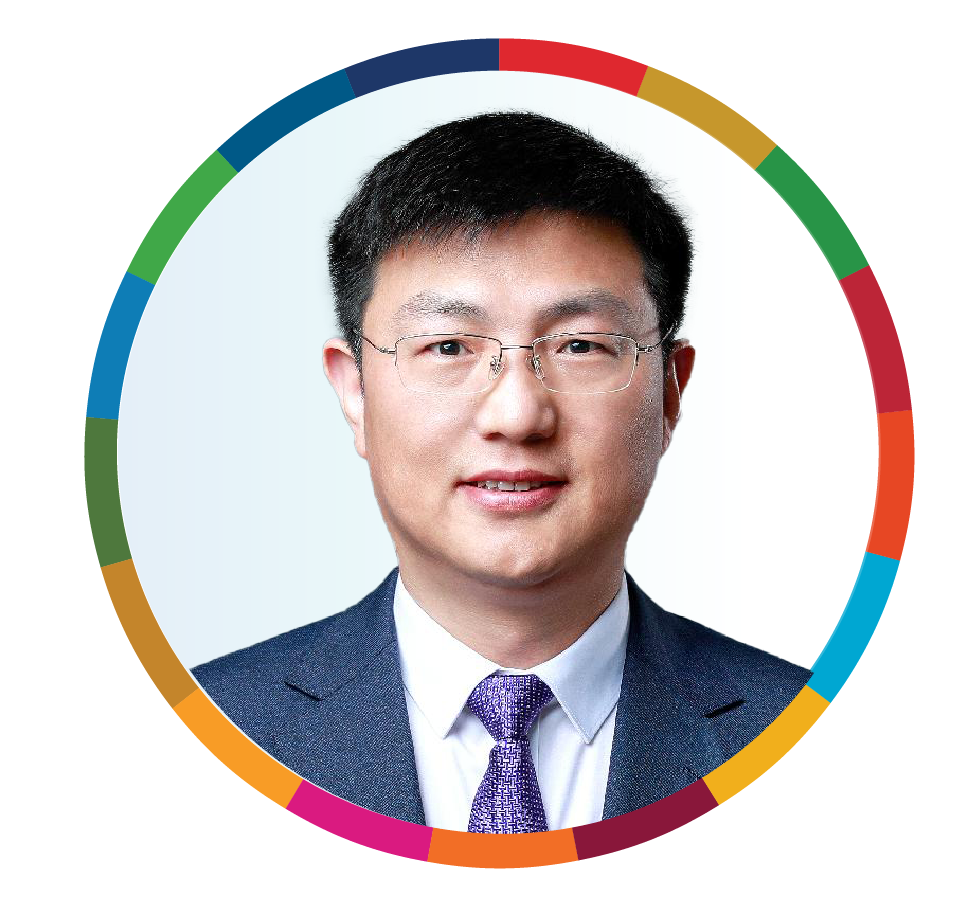

Non-Executive Director
IOI Corporation Berhad and Tan Chong Motor Holdings Berhad
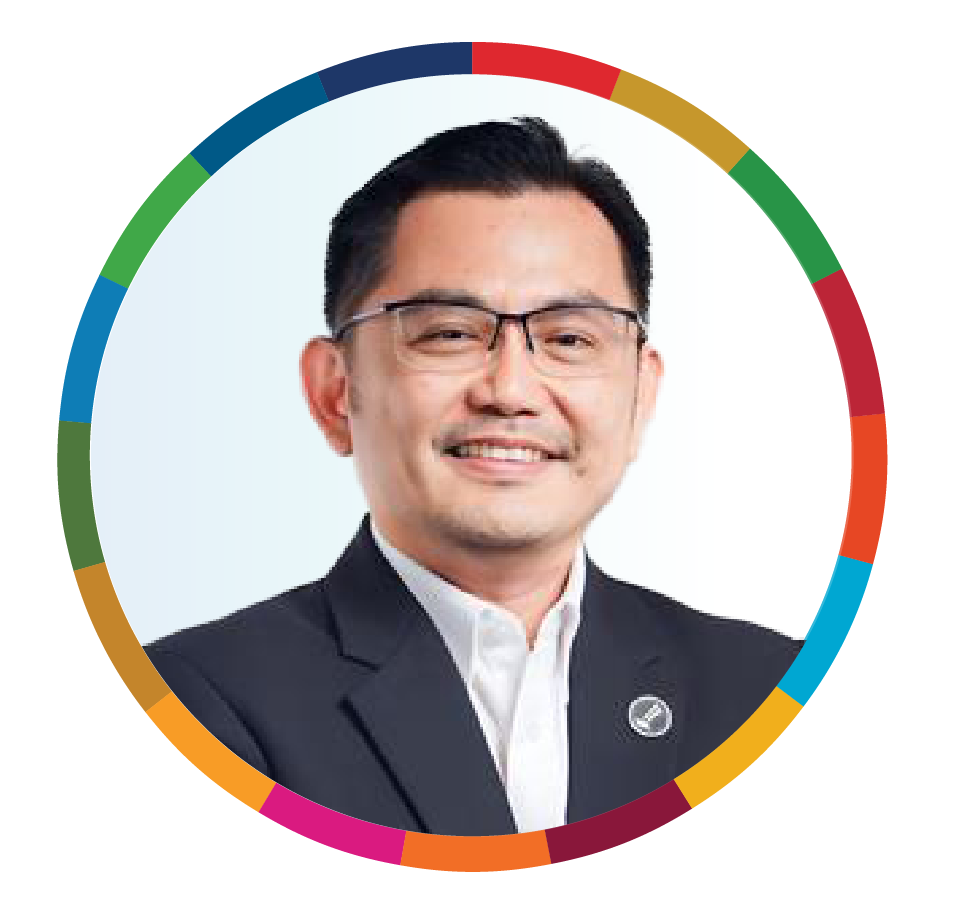
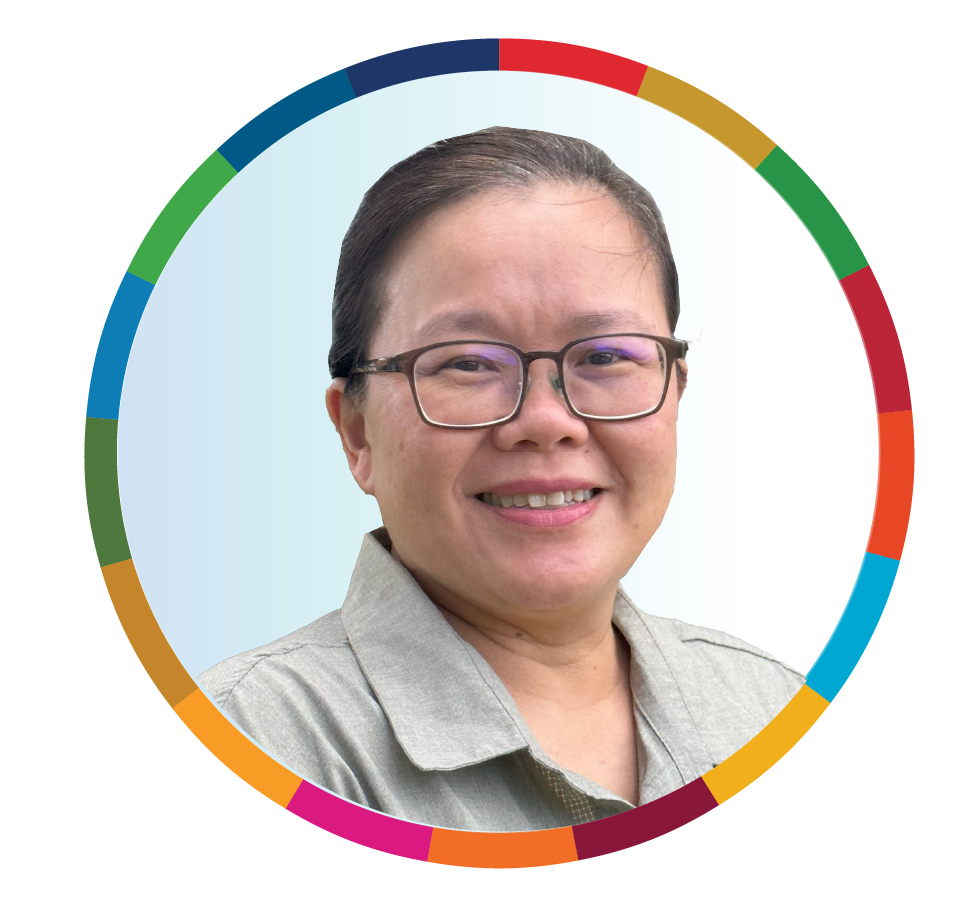

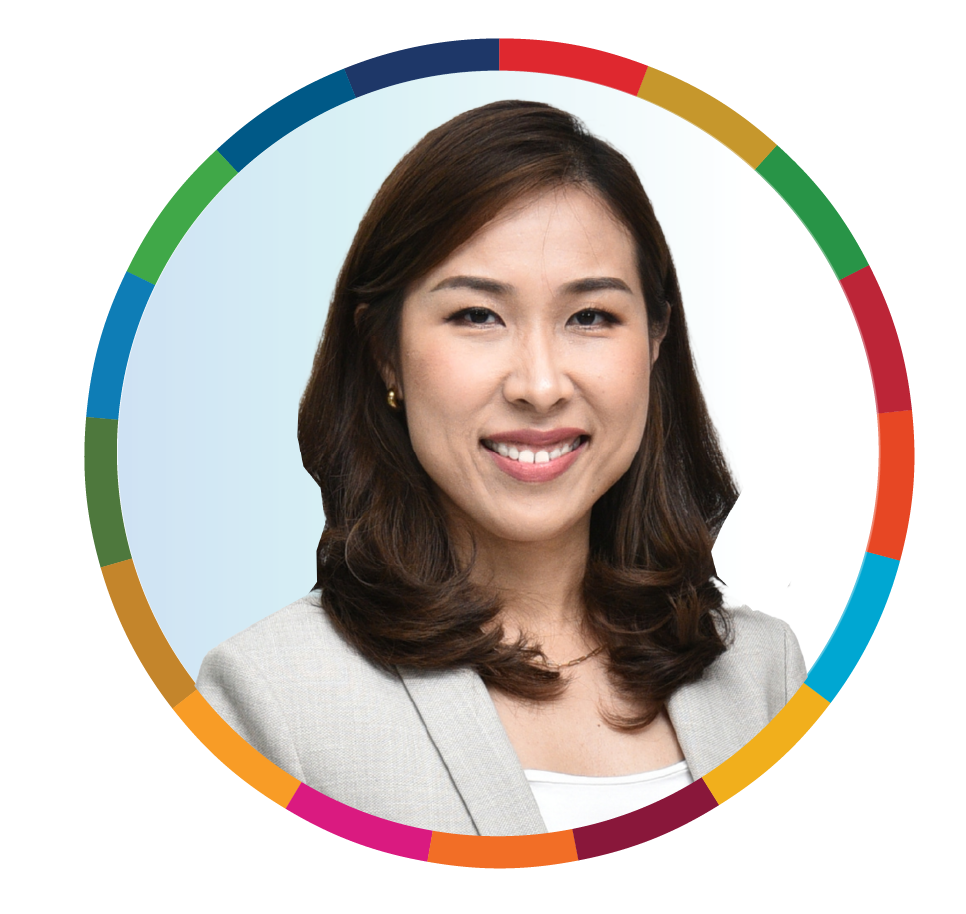

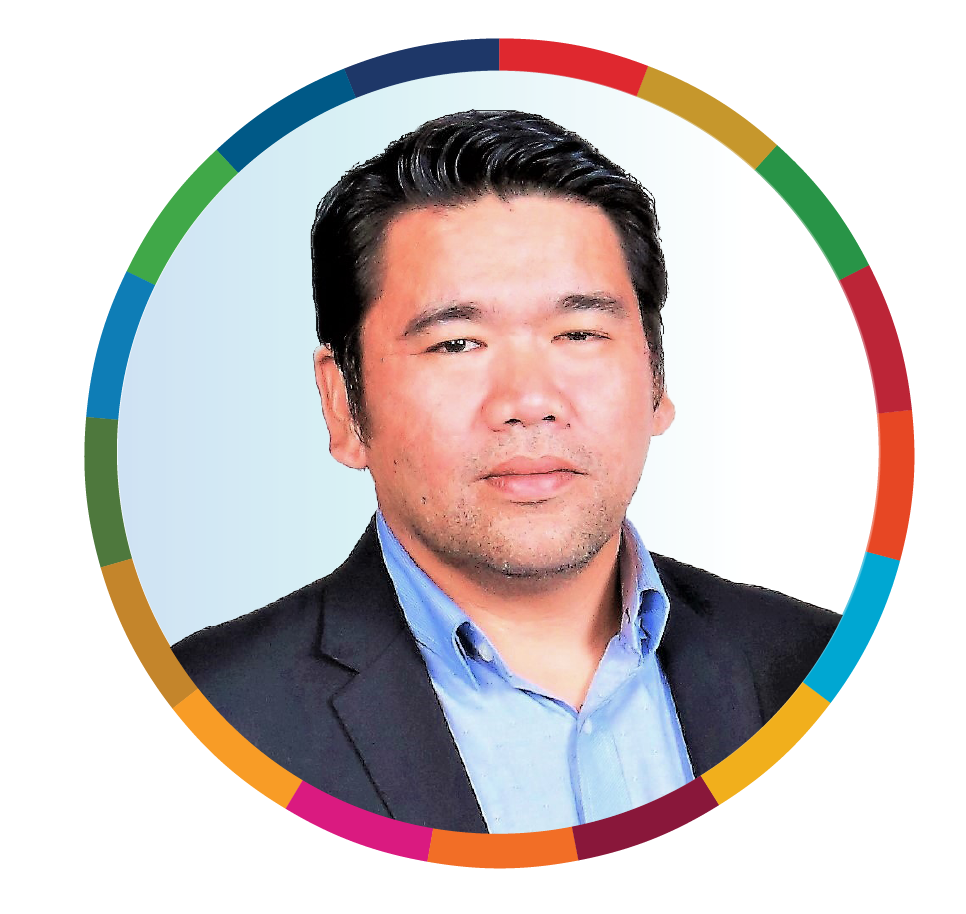
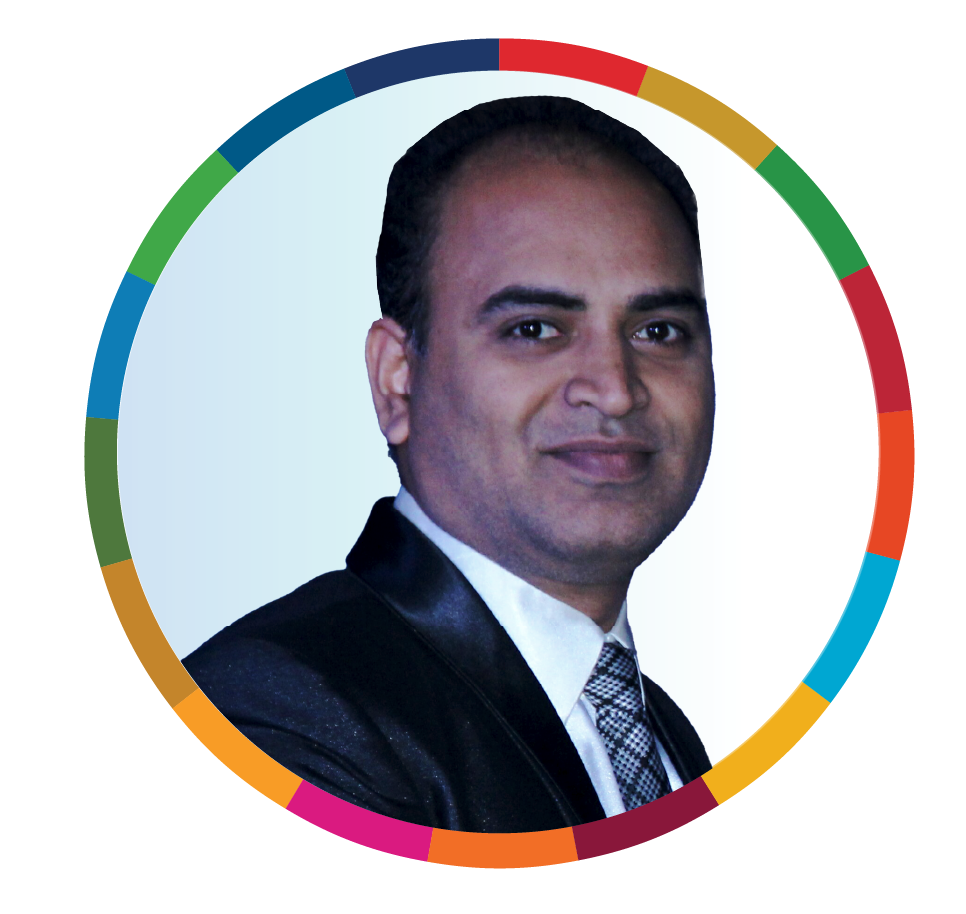
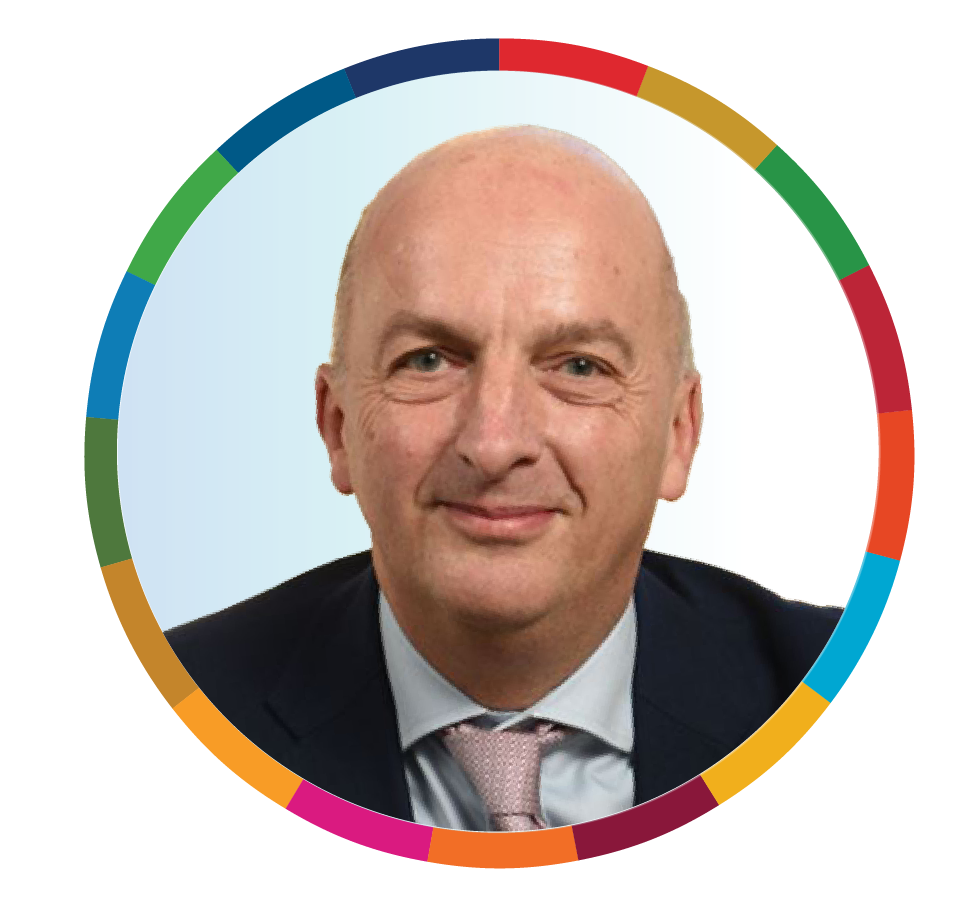
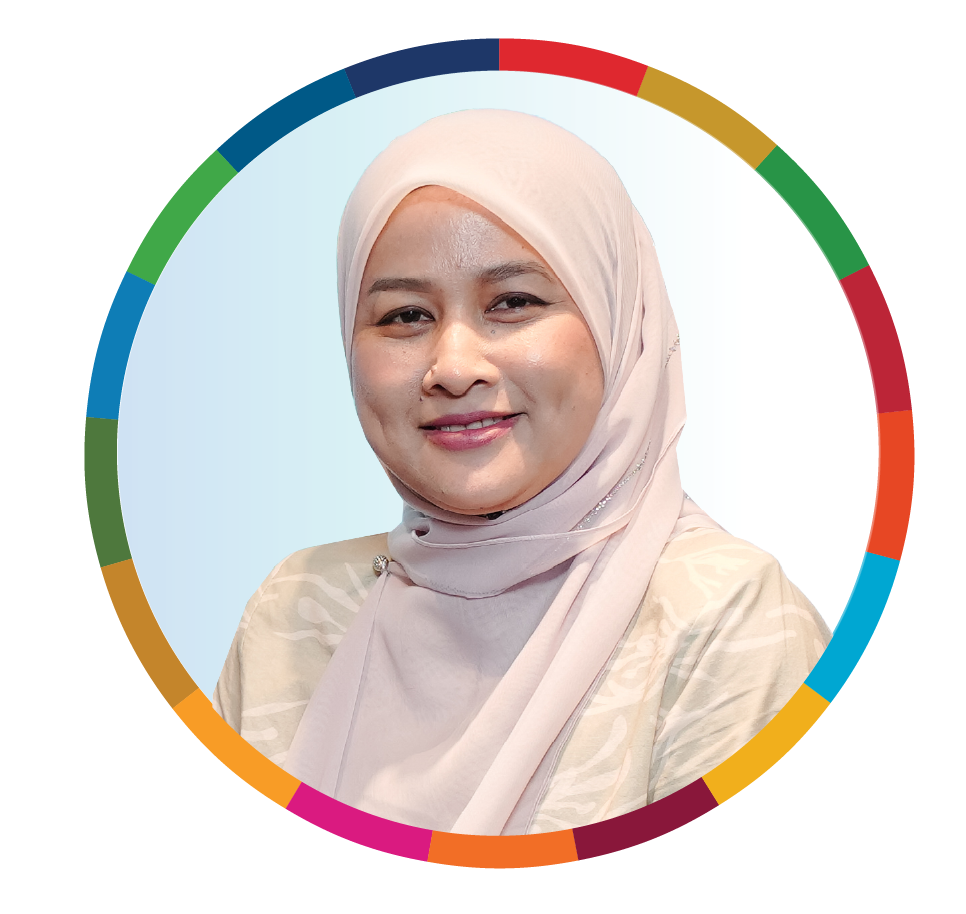
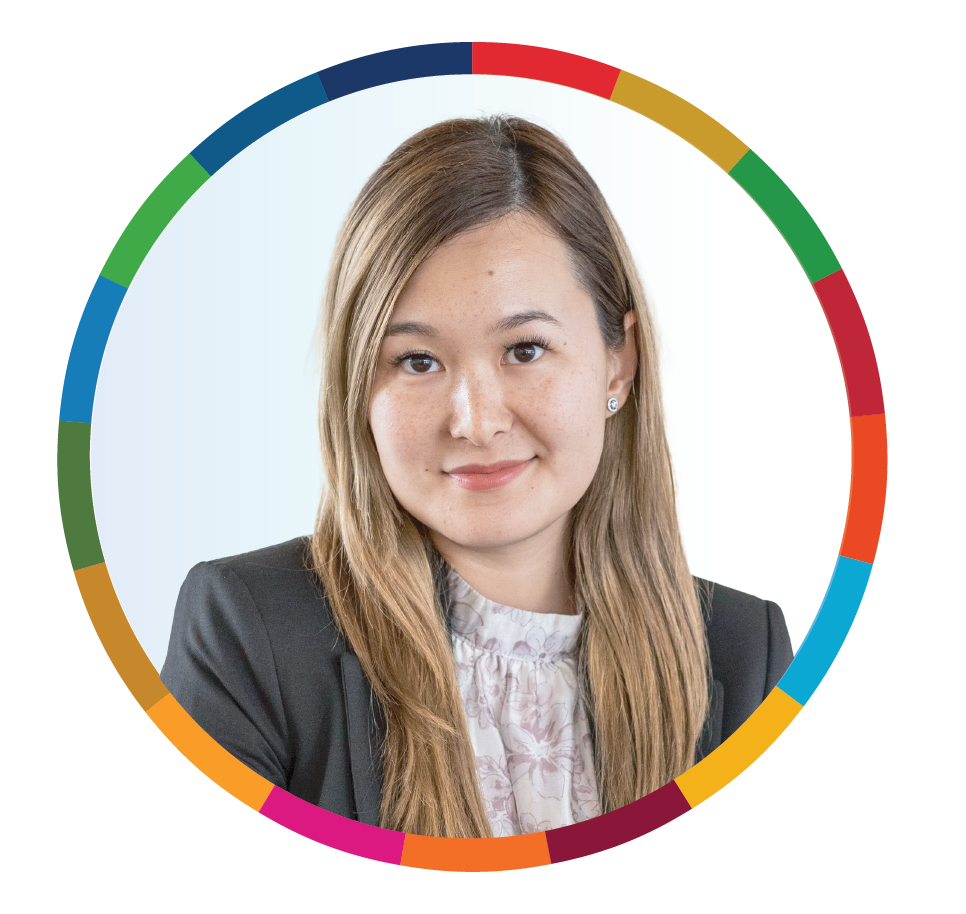
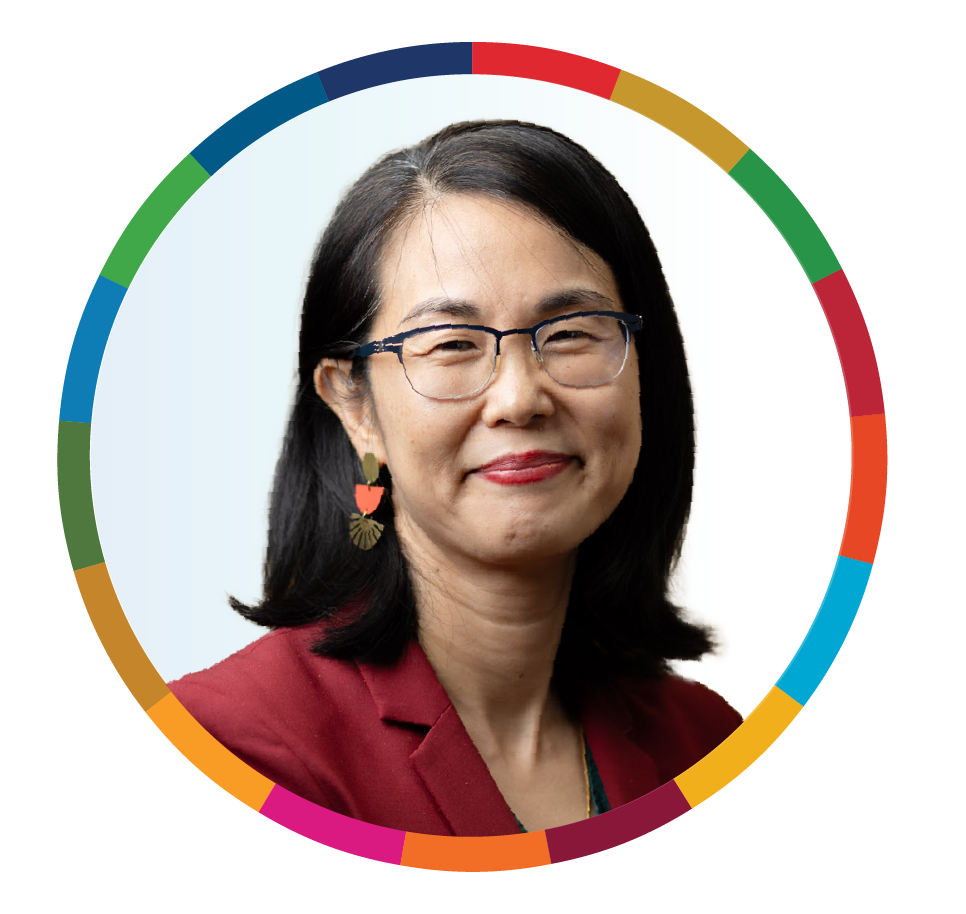
Head of the International Energy Agency (IEA) Regional Cooperation Centre Singapore
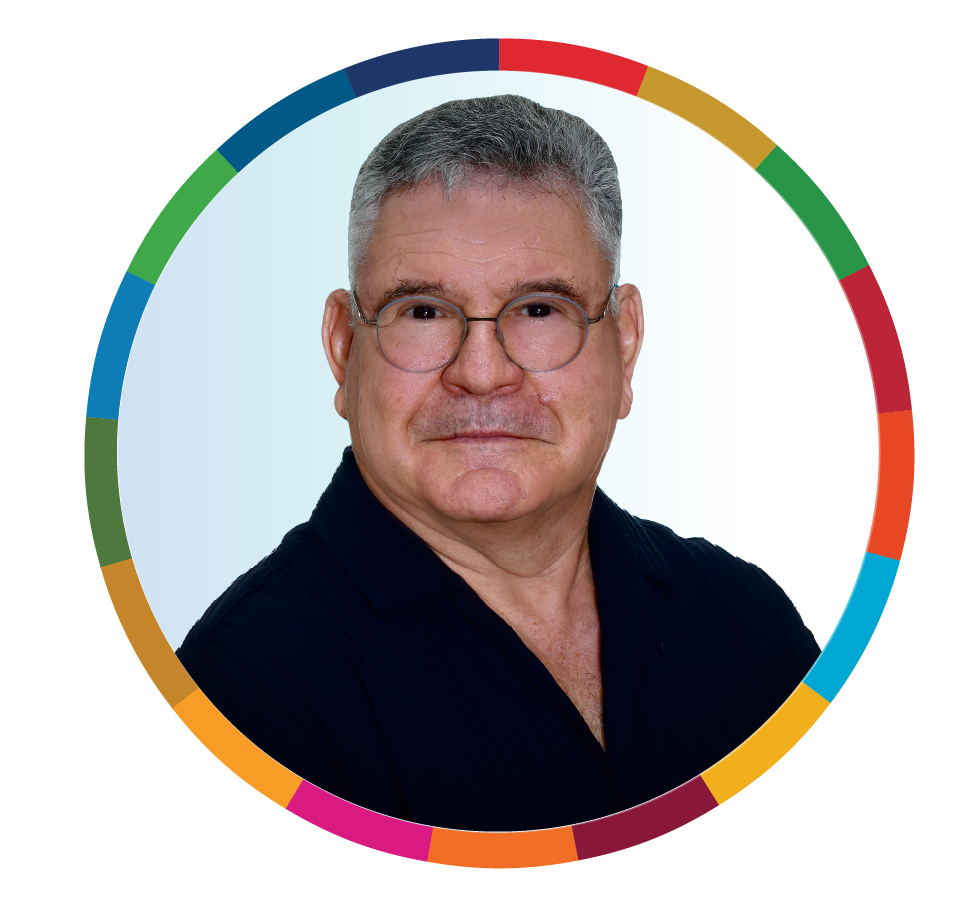
Managing Director, Asia Pacific for Energy Institute
Founder and Chief Executive Officer for CarbonSync Technologies Pte Ltd.
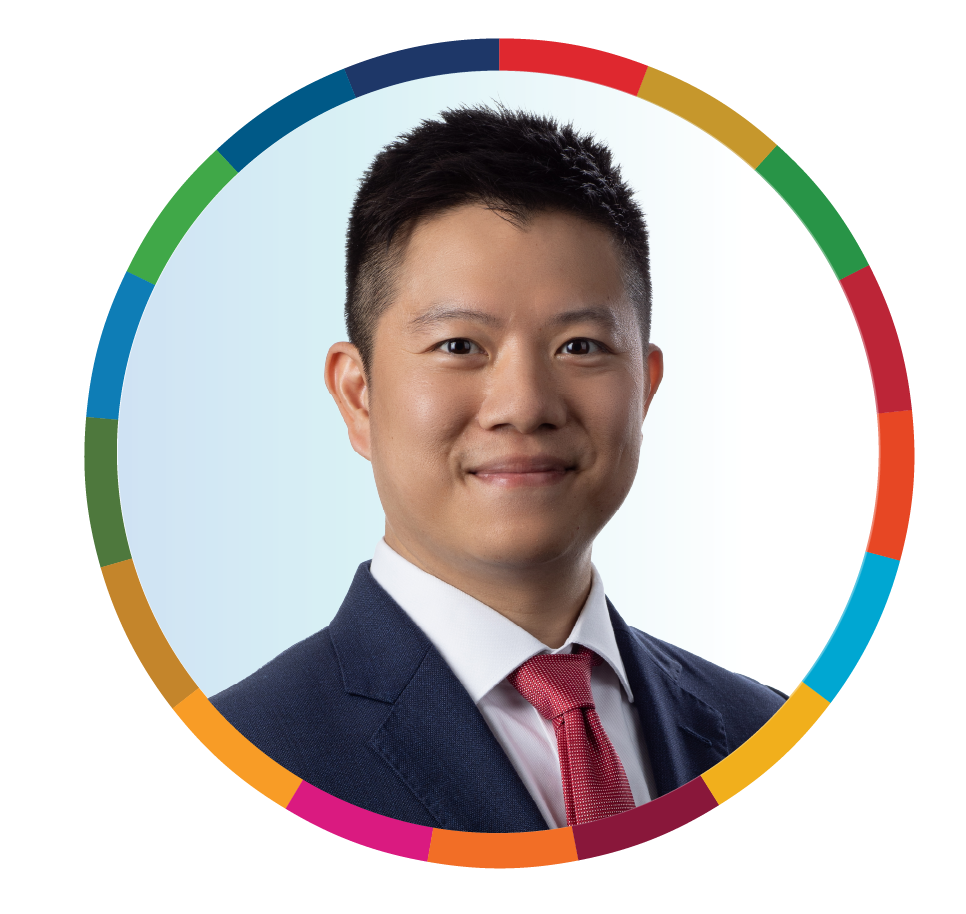
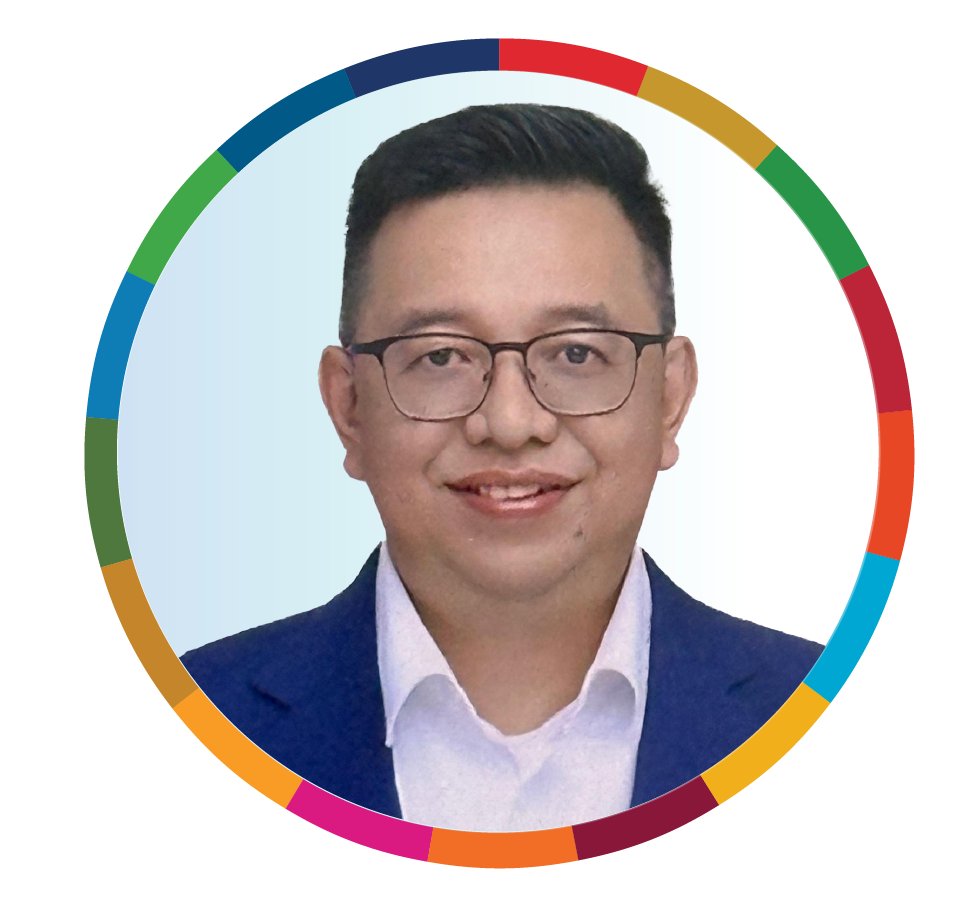
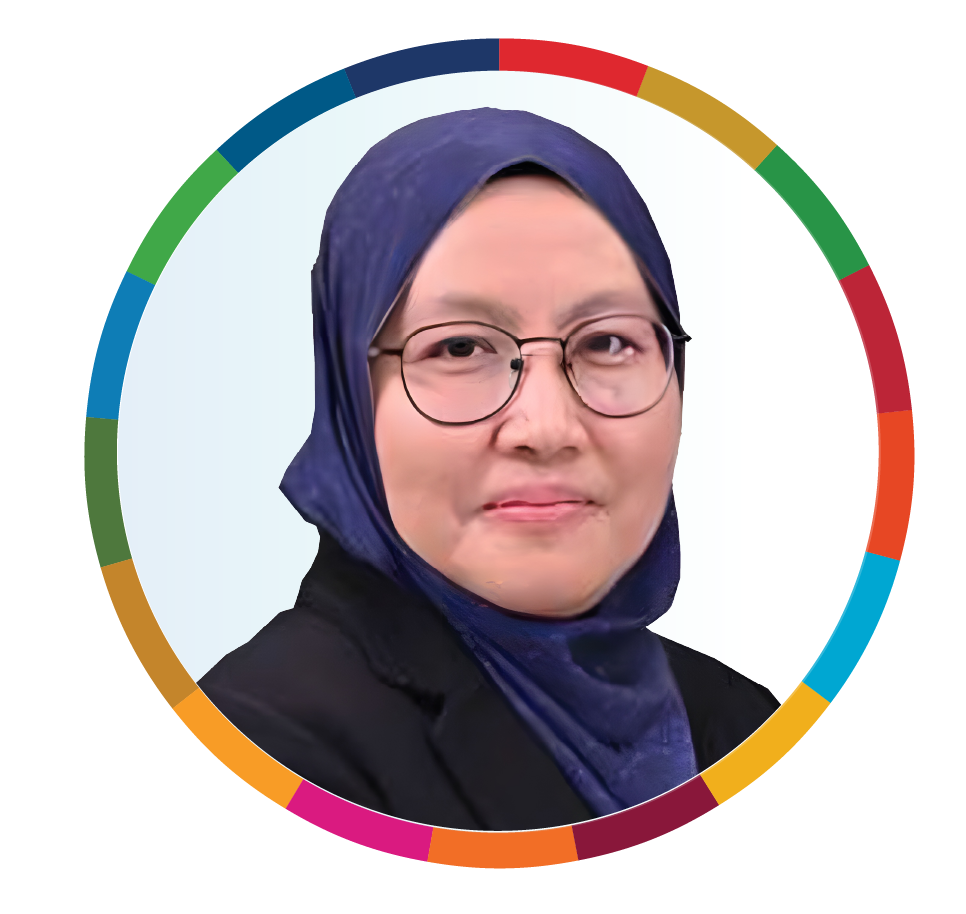
Chief Engineer (Asset Strategy & Policies) Distribution Network
Tenaga Nasional Berhad
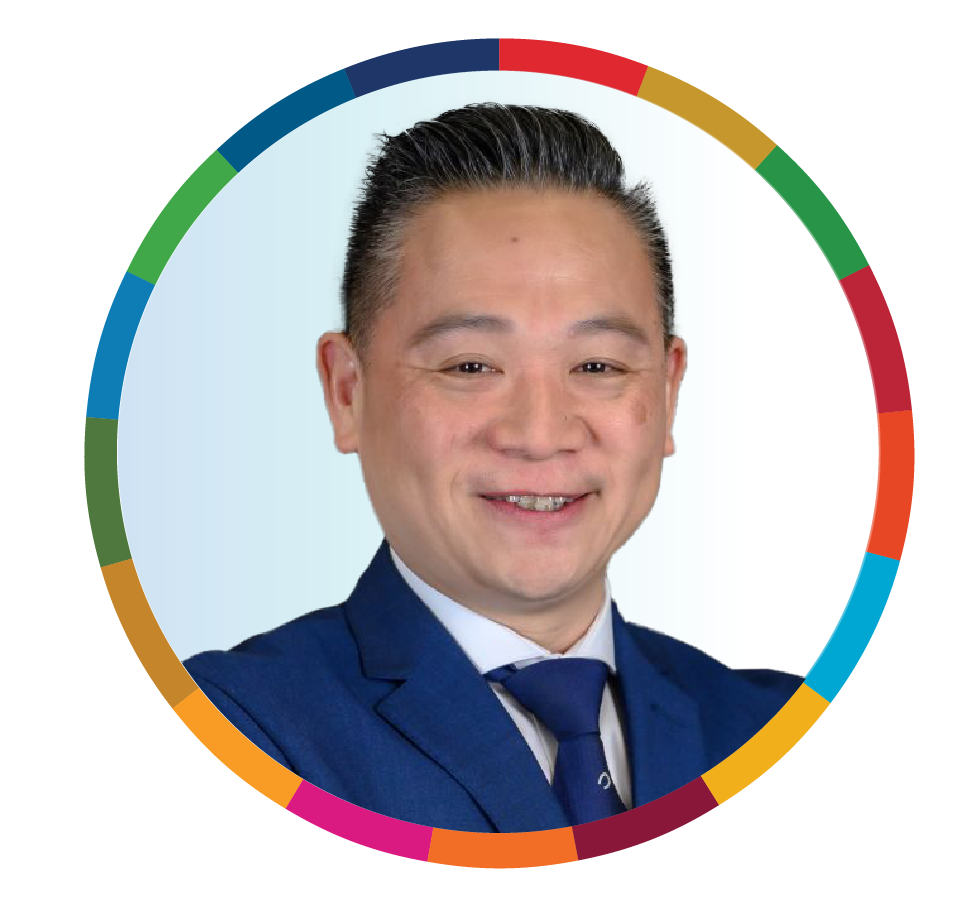
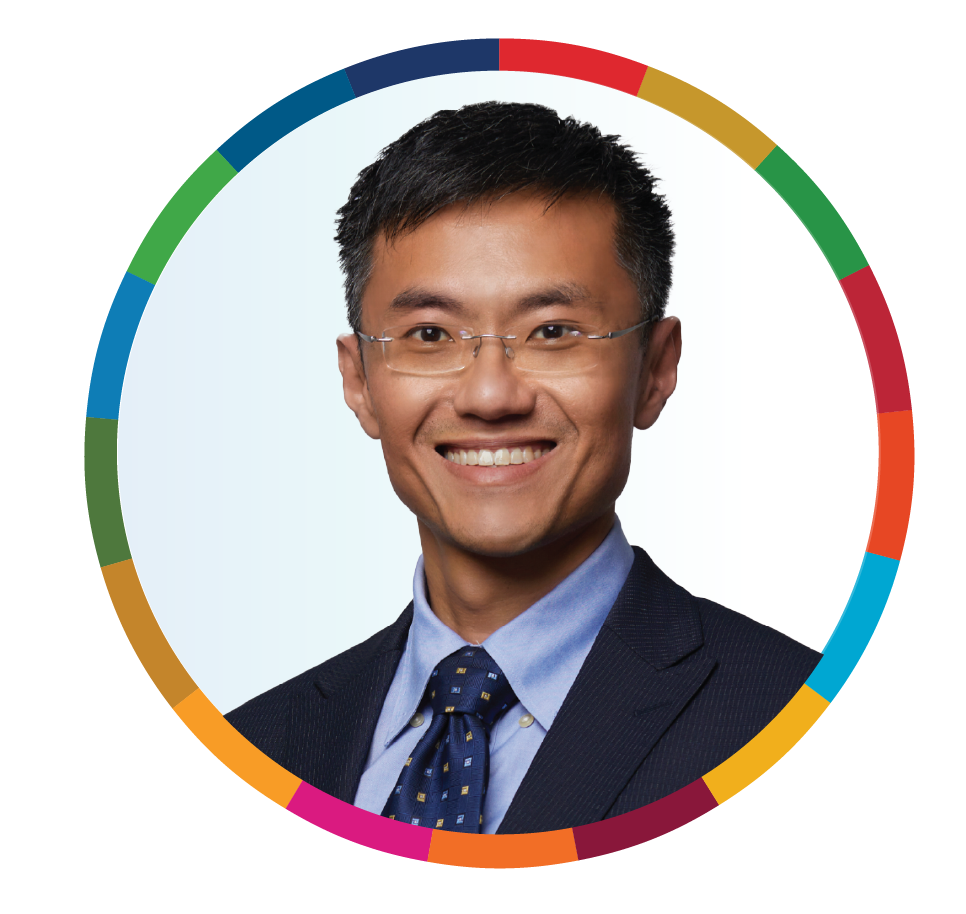
Assistant Chief Executive (Corporate Services) and Chief Commercial Officer
Energy Market Authority
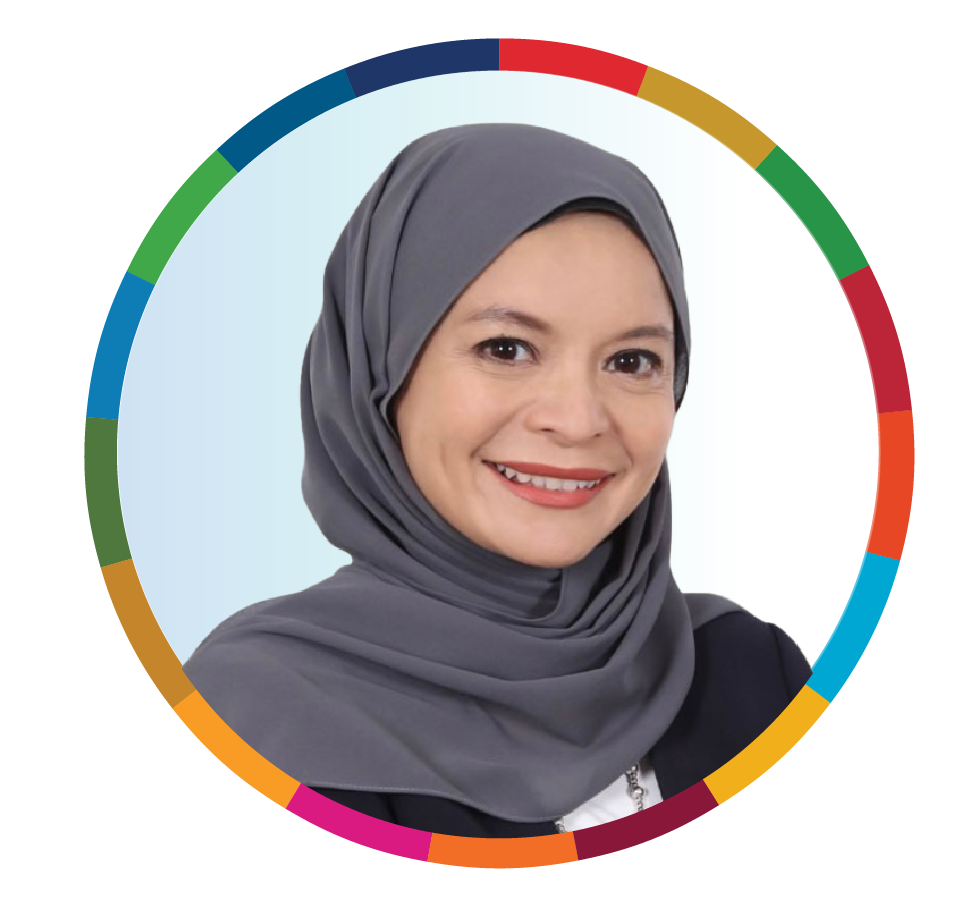
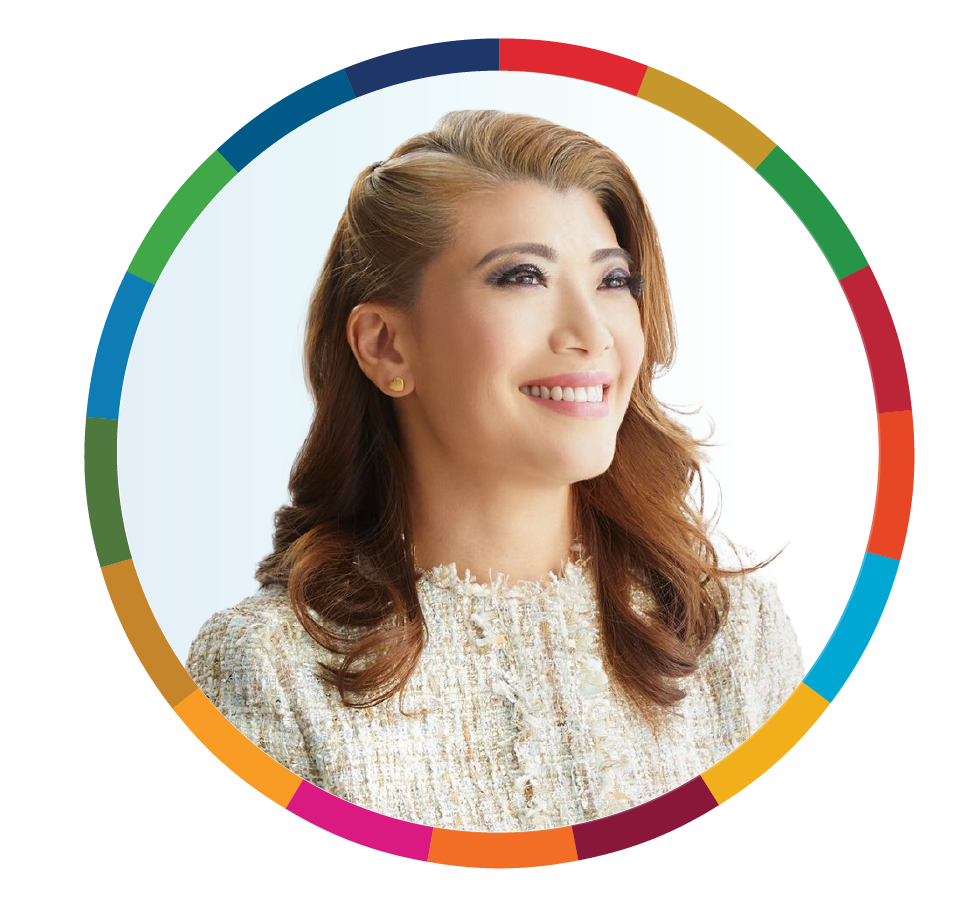
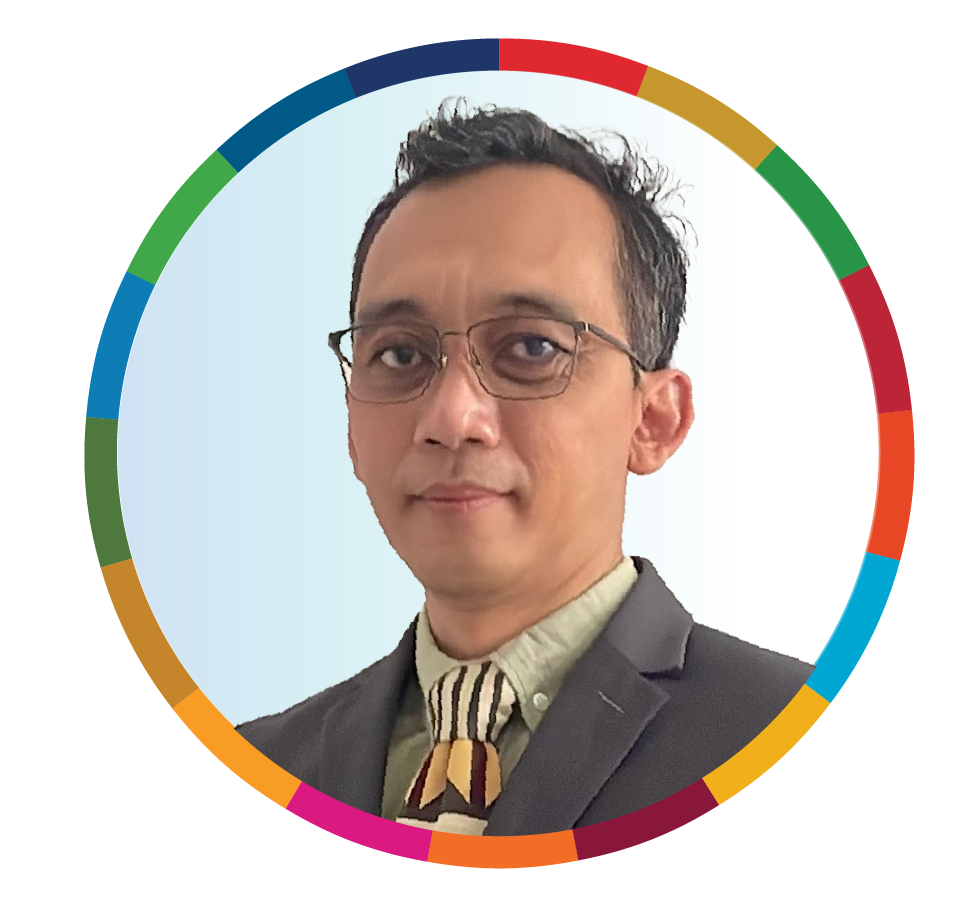
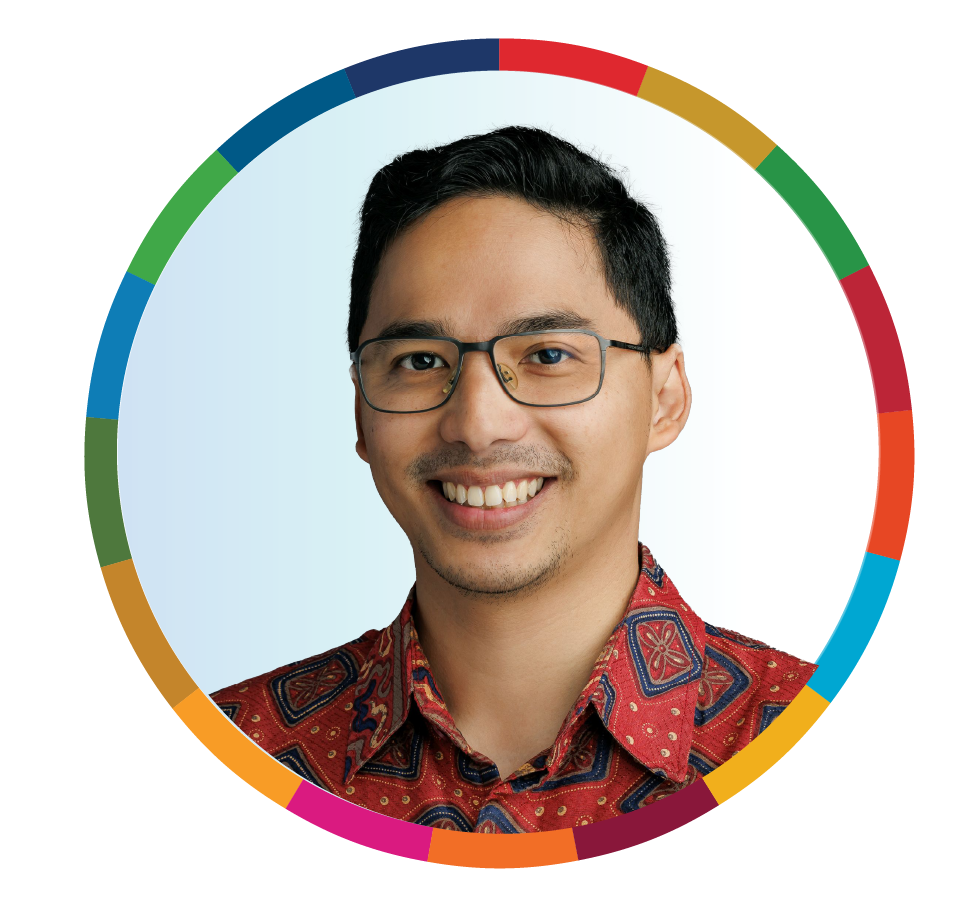
Regional Coordinator for Forest and Drylands
Oceania International Union for Conservation of Nature
(IUCN) Asia Regional Office
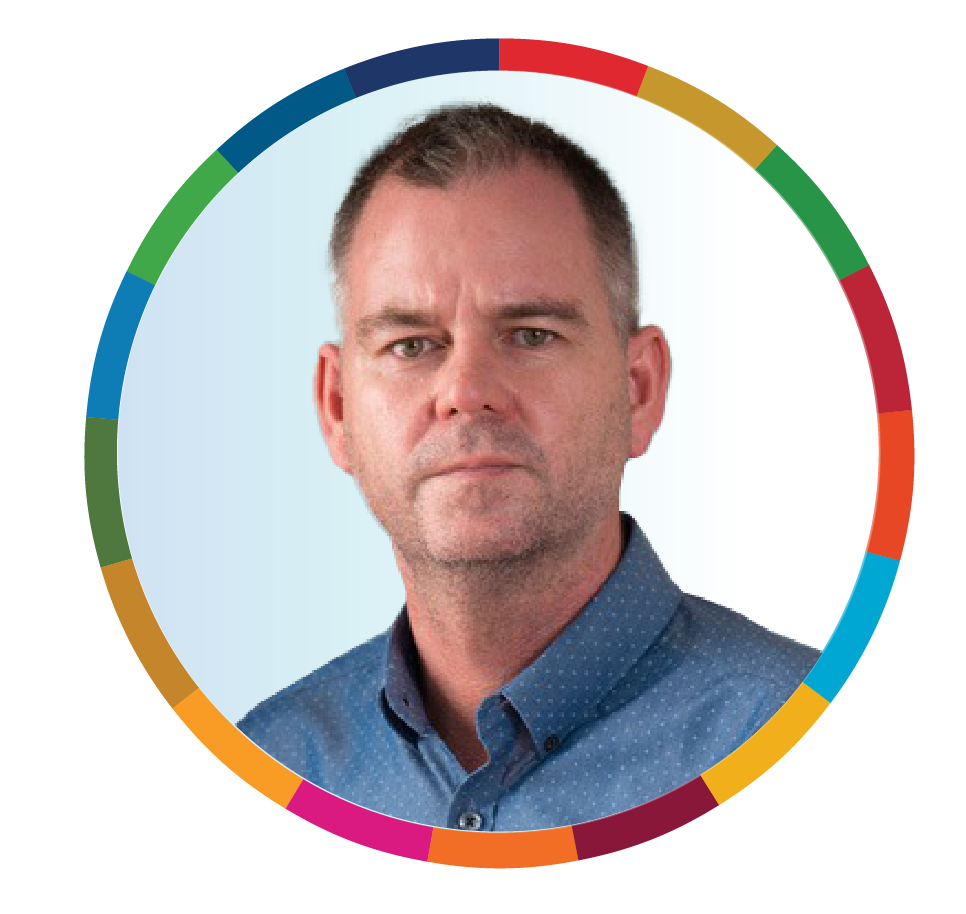
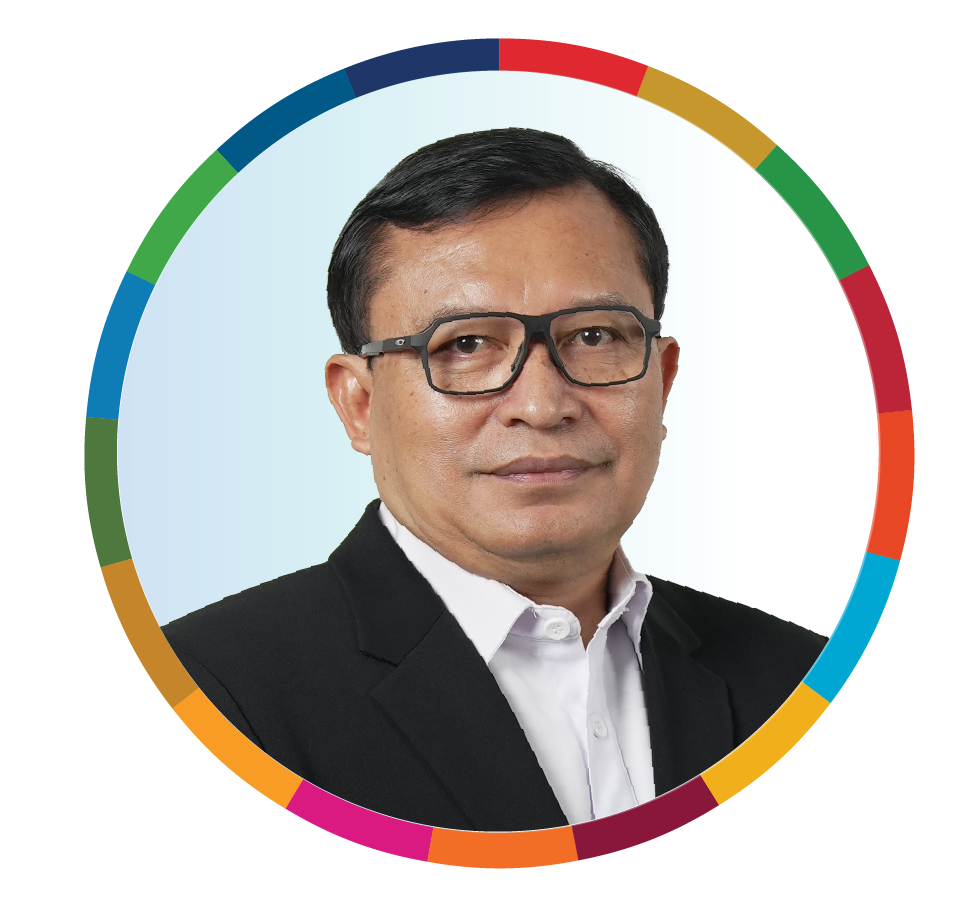
Senior Consultant for Energy
Economic Research Institute for ASEAN and East Asia (ERIA)
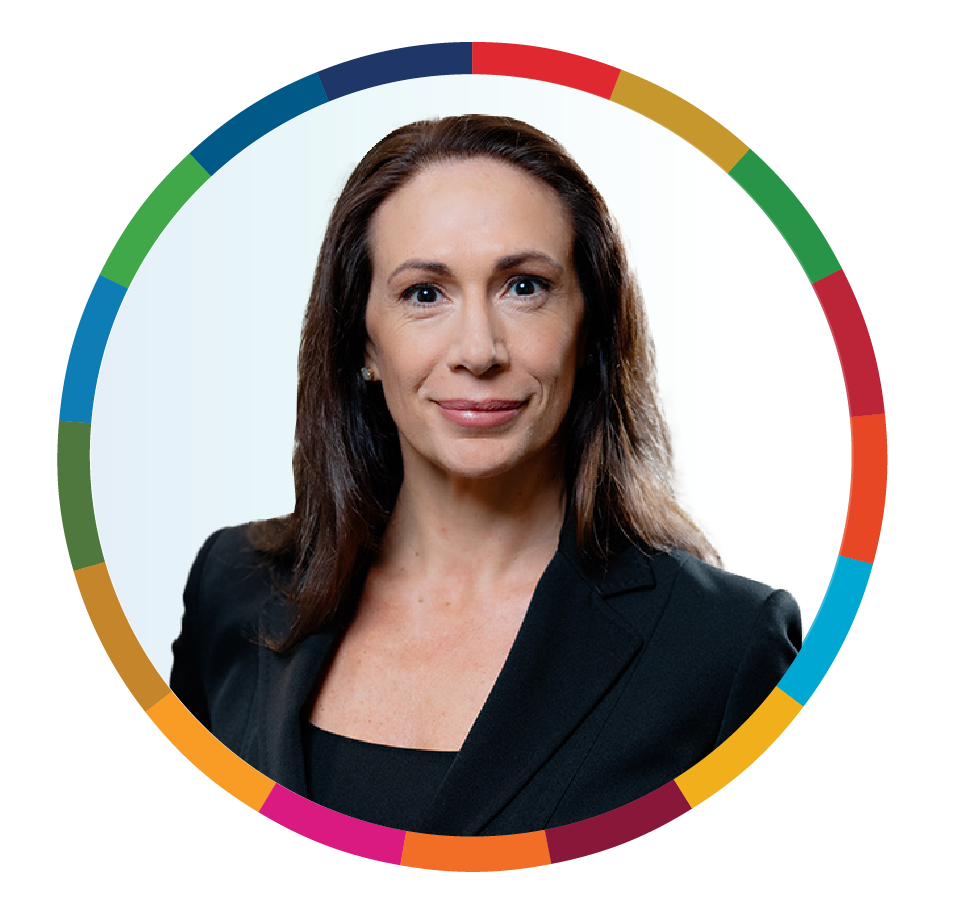
Associate Professor
Associate Dean Executive Degree Programmes
Melbourne Business School
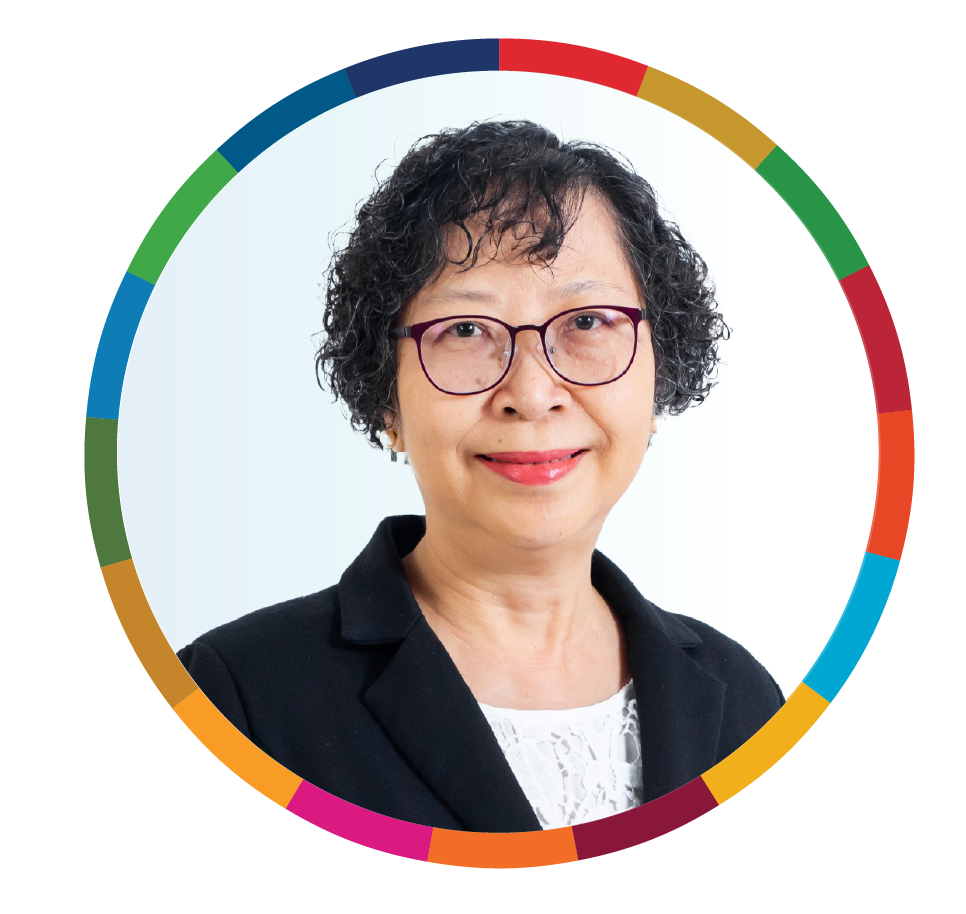
Deputy Chief Executive Officer (Planning & Economic Regulation)
Energy Commission of Sabah (ECoS)
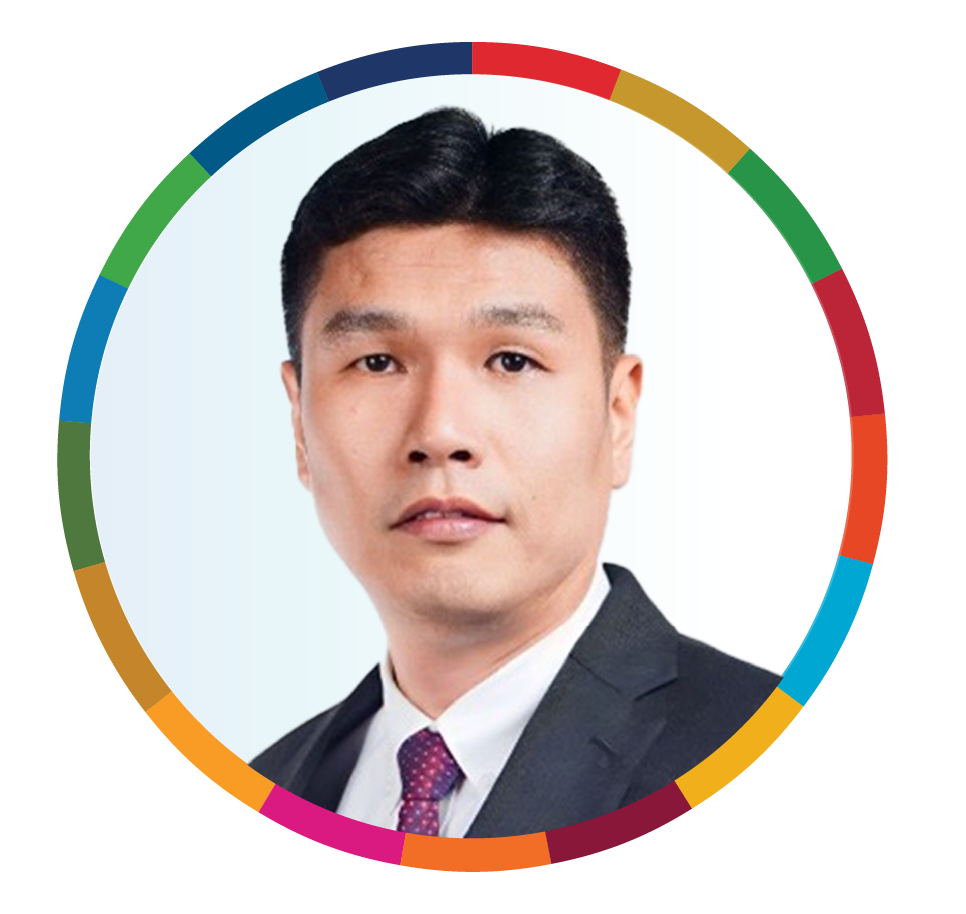
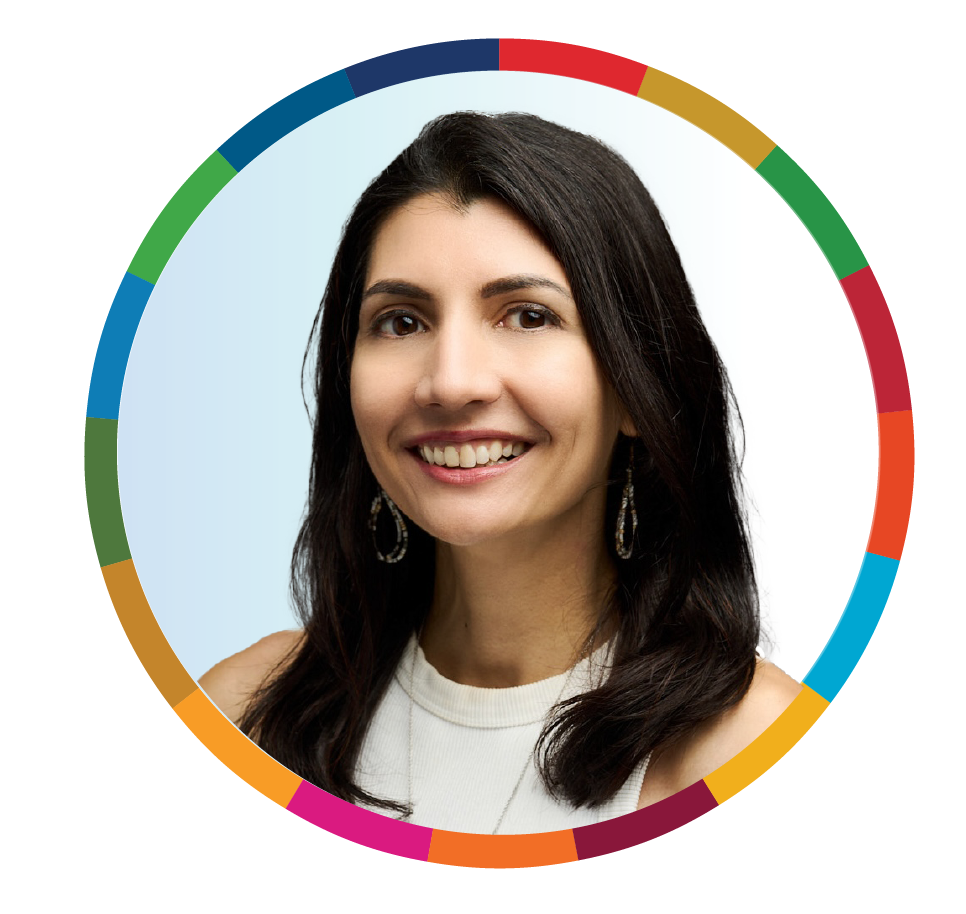
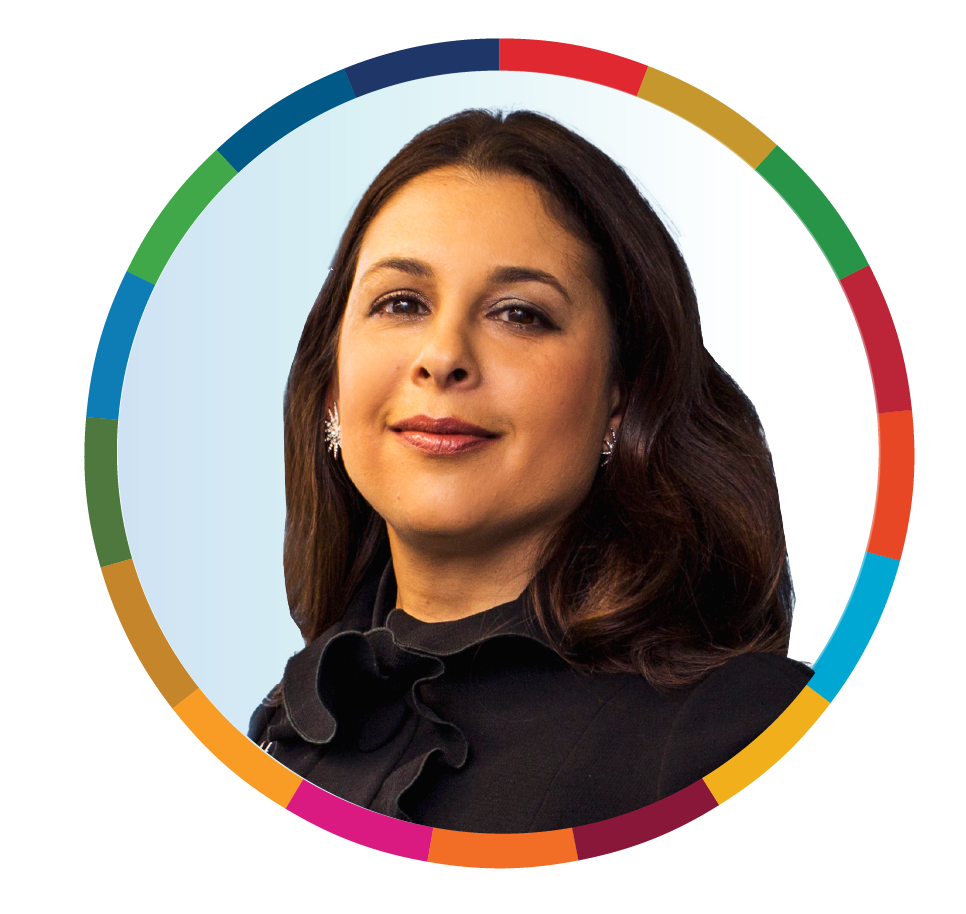
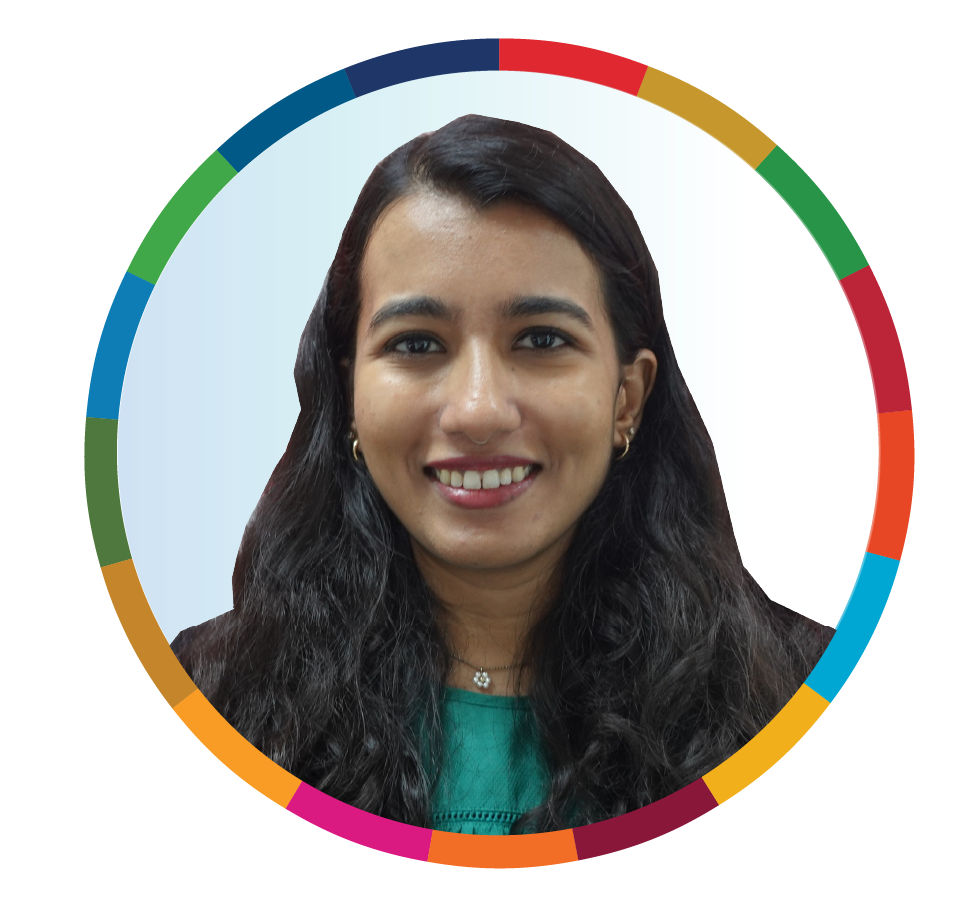
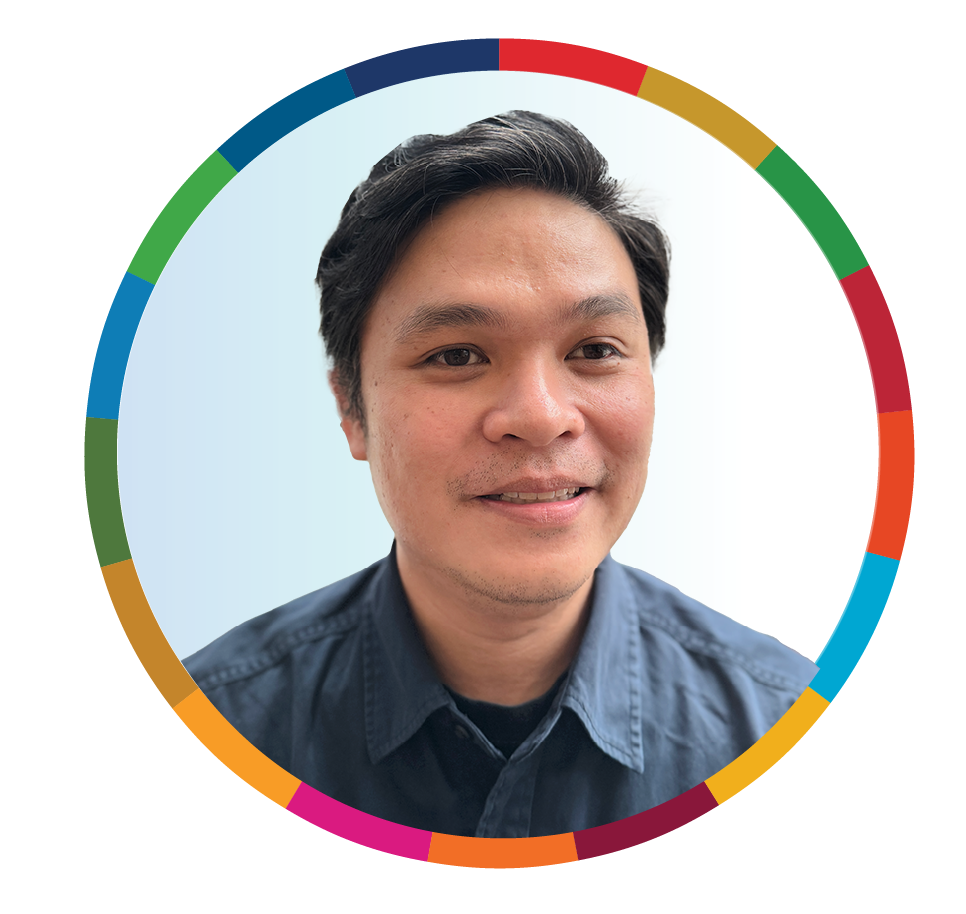
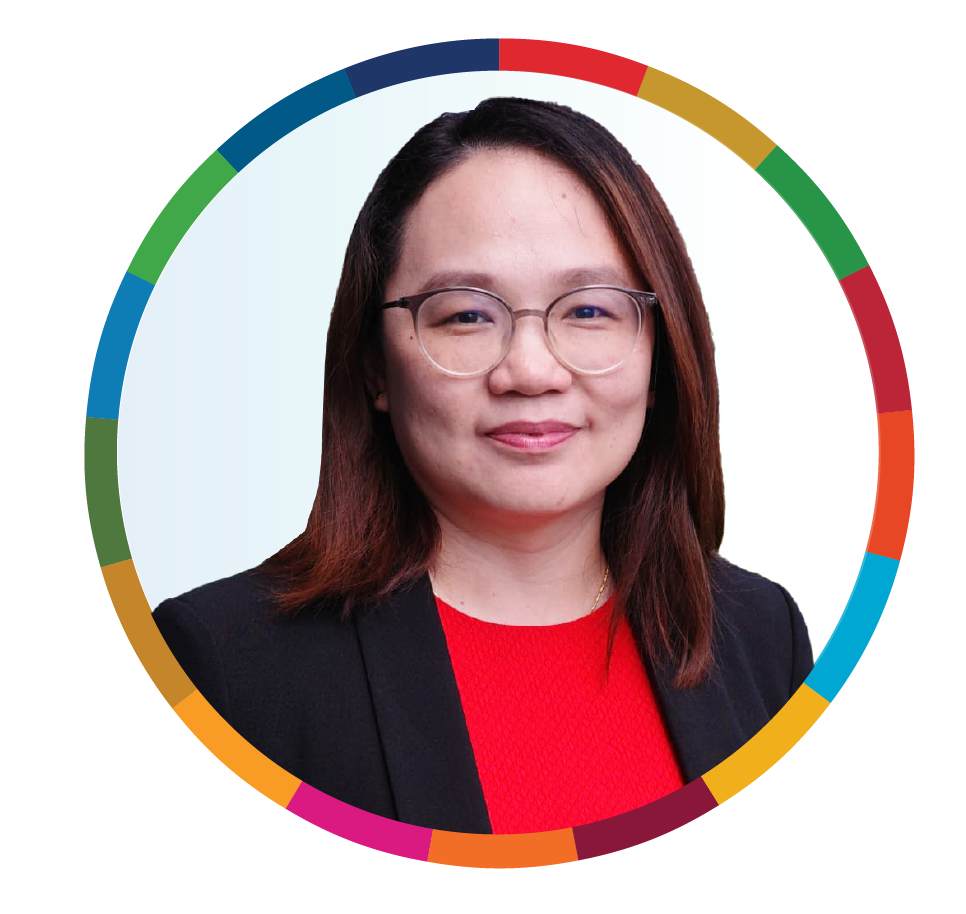
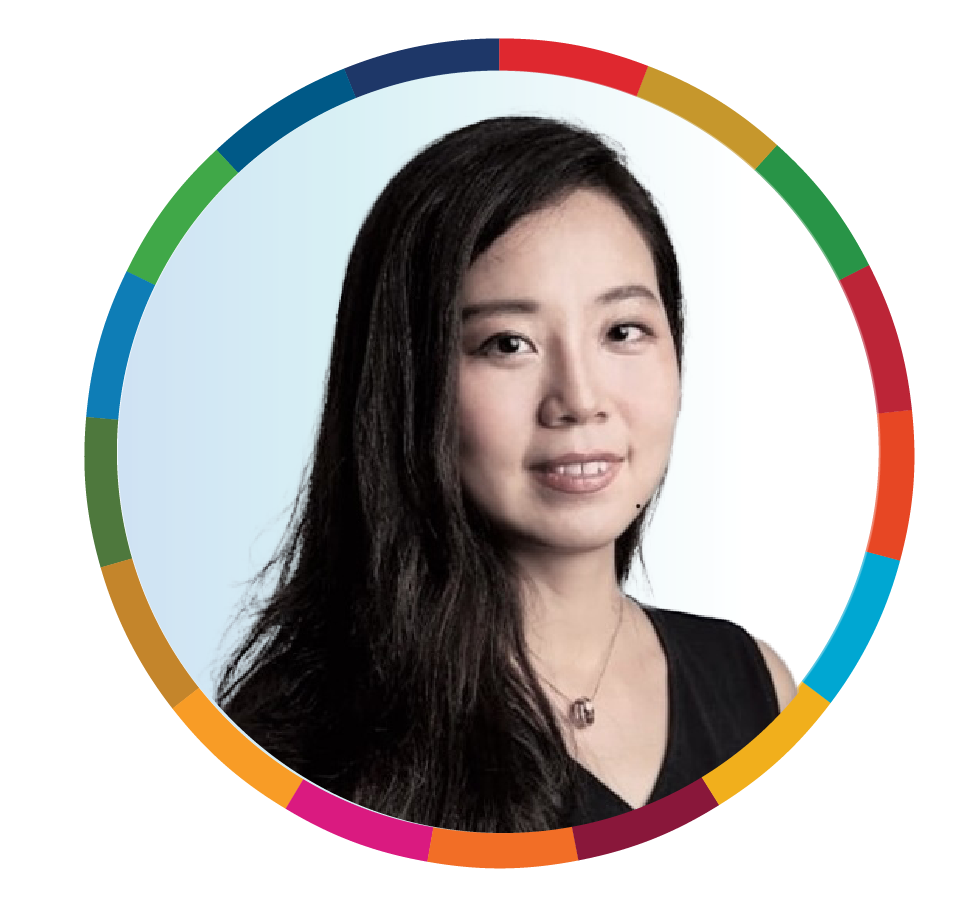
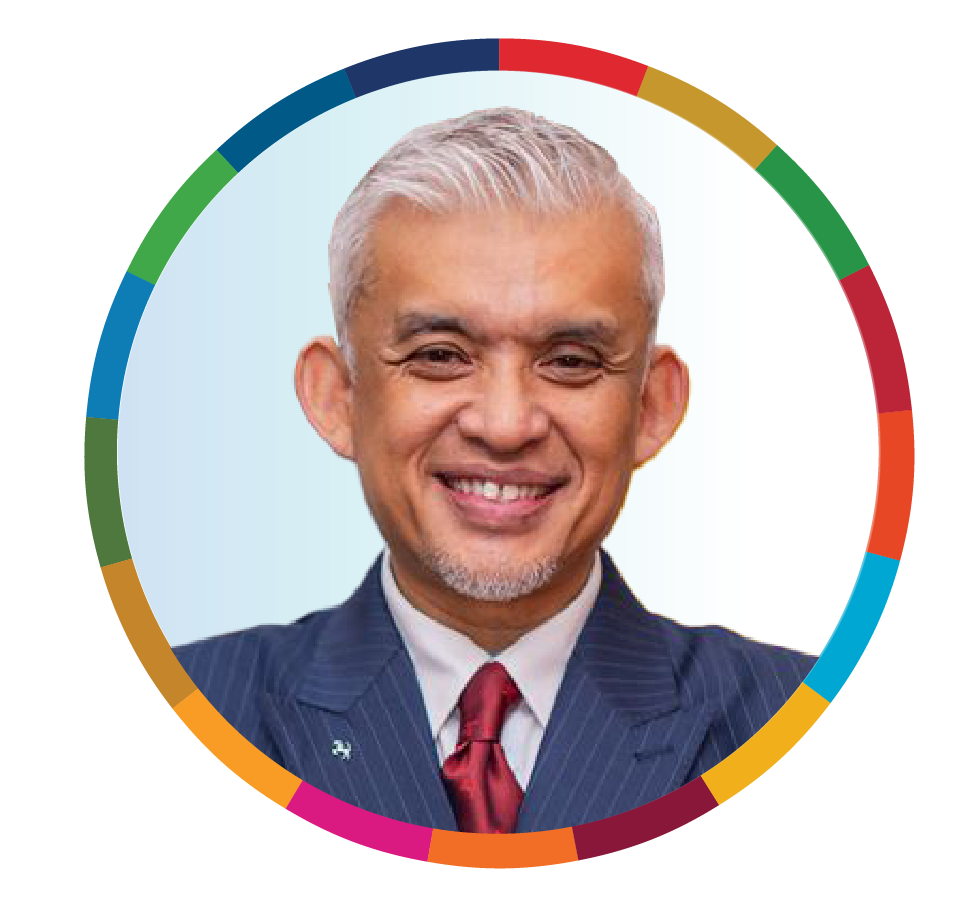

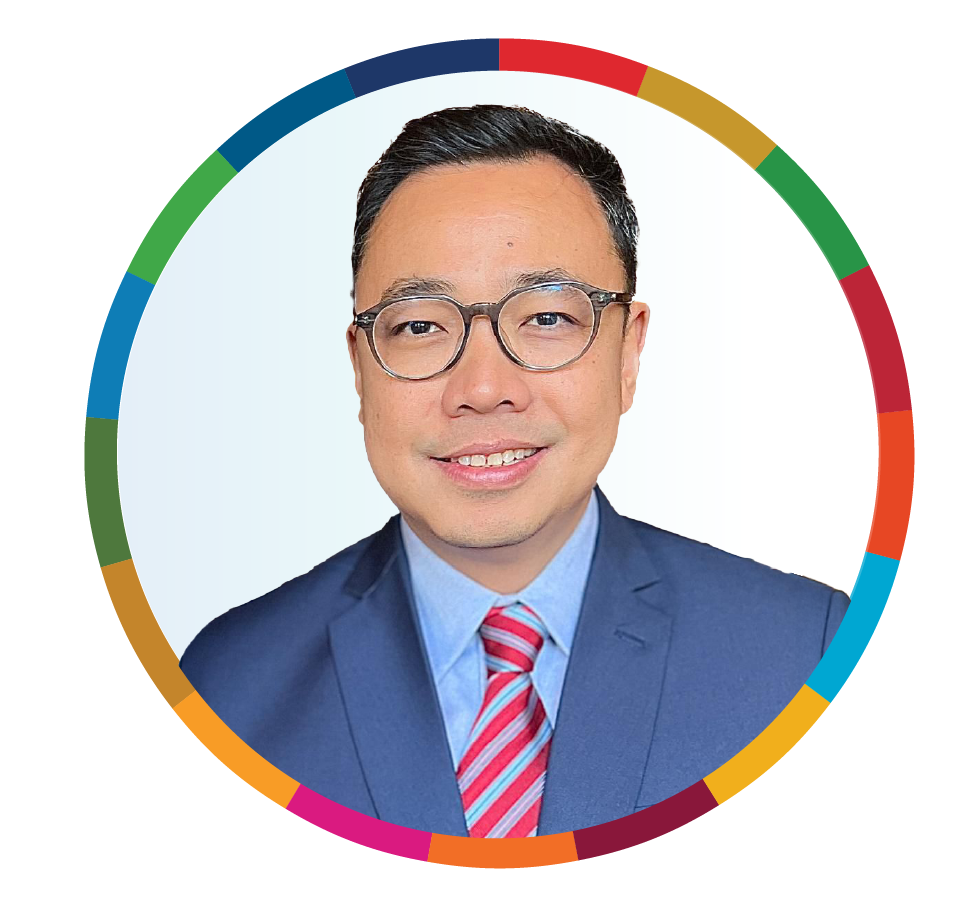

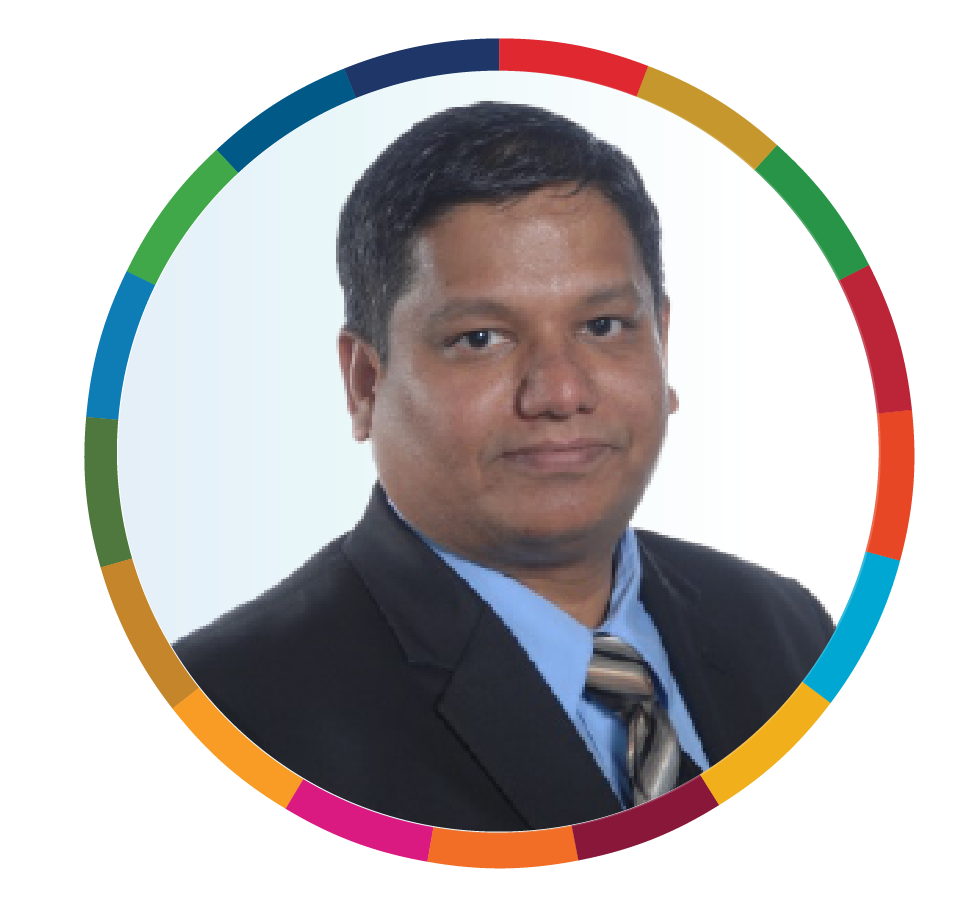
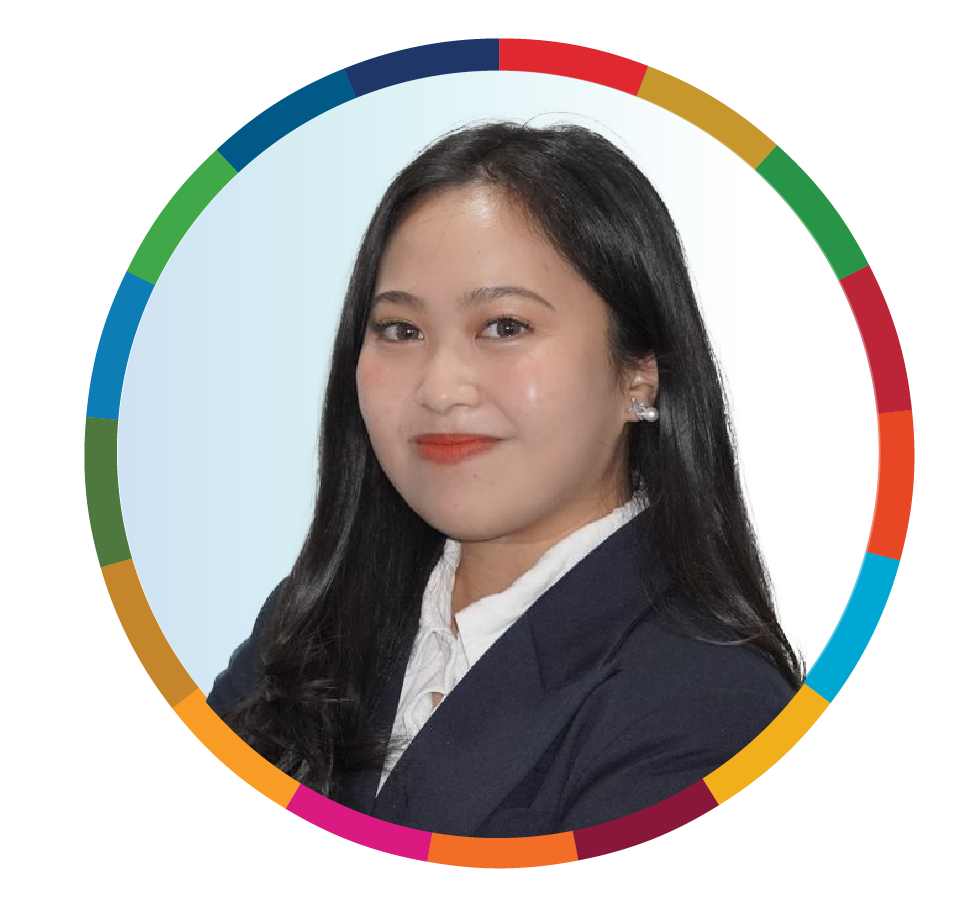
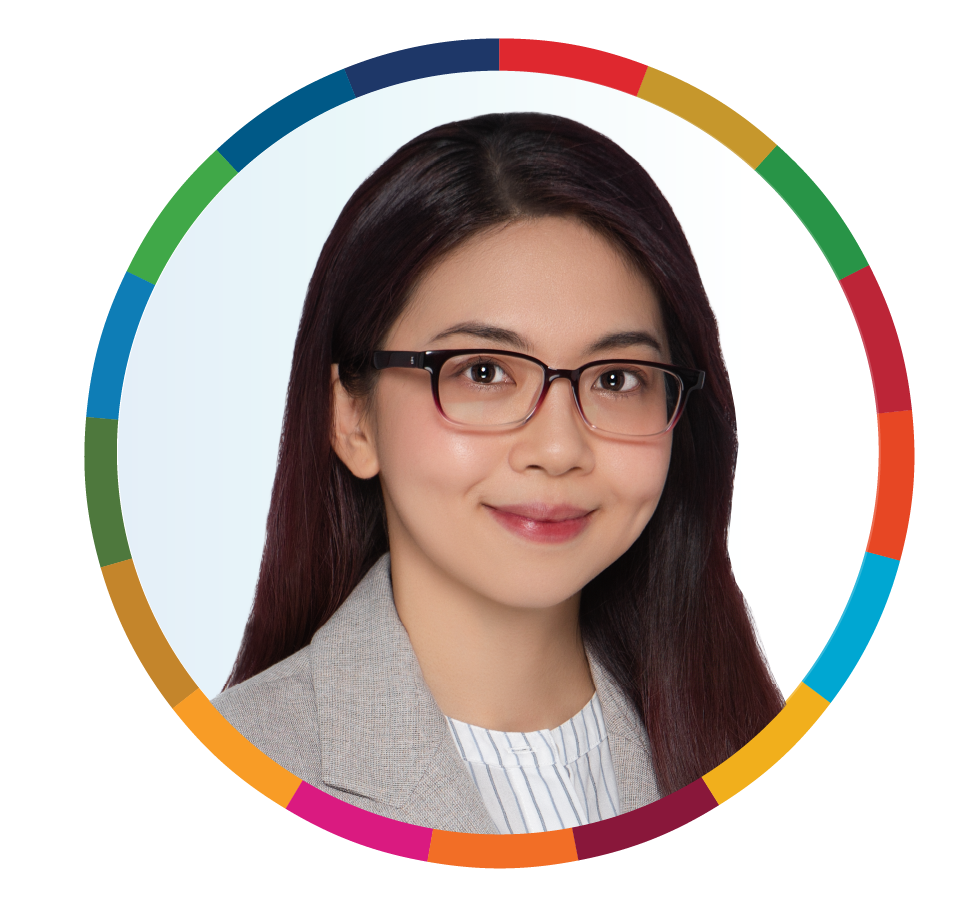

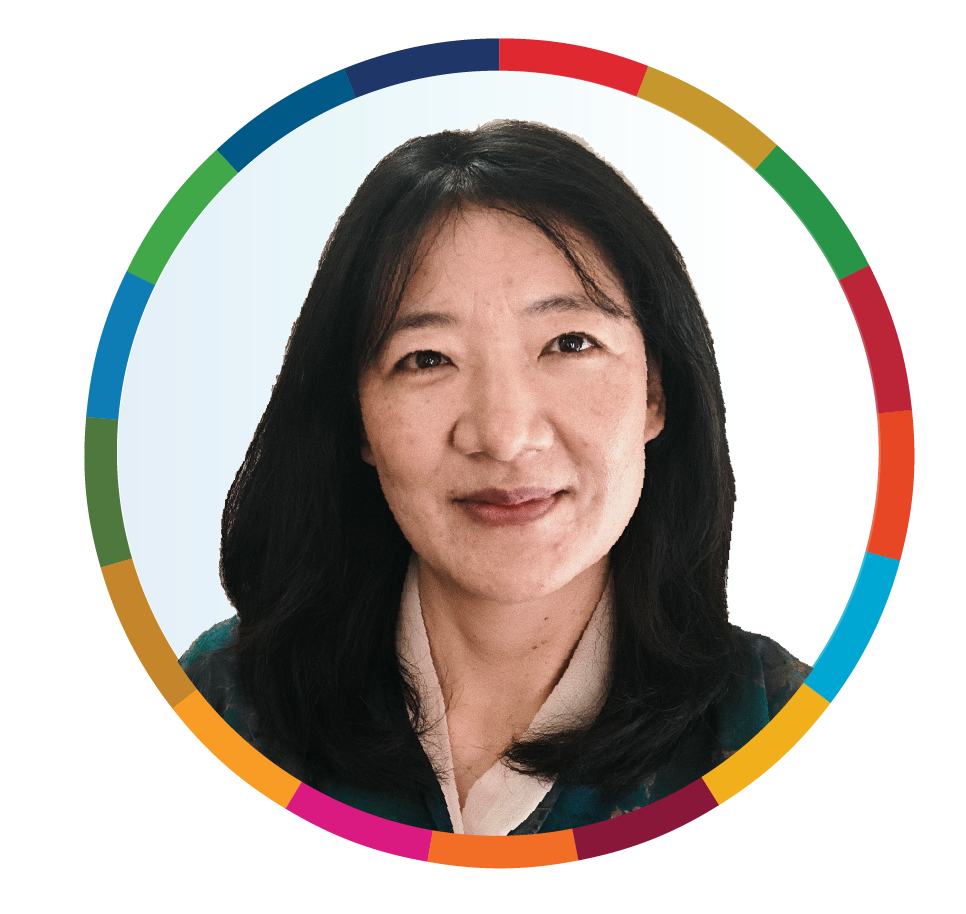

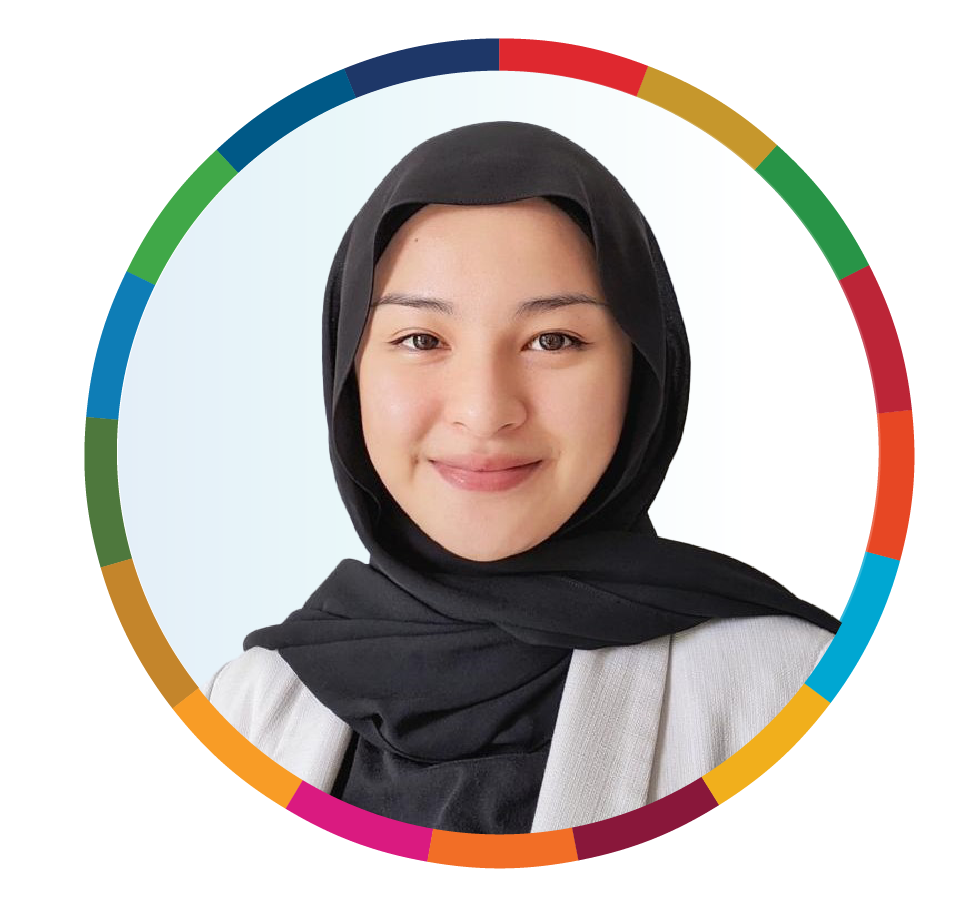
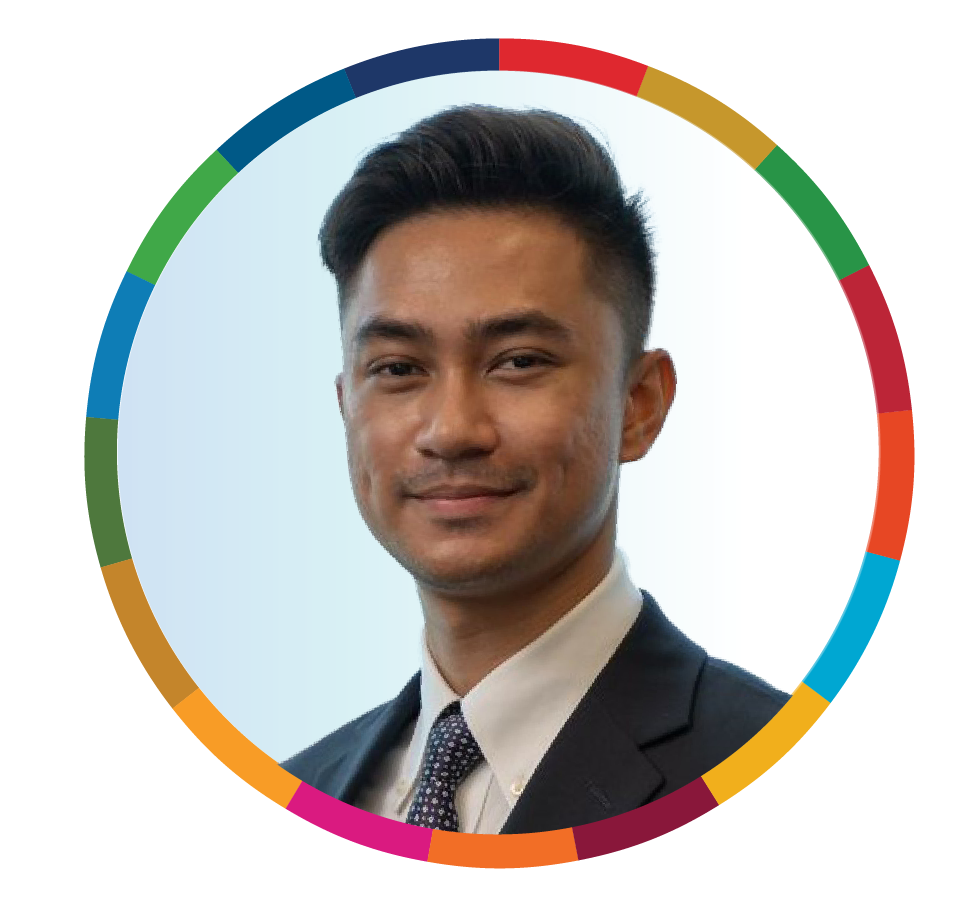
Senior Executive for Strategy and Corporate Development
Sarawak Energy
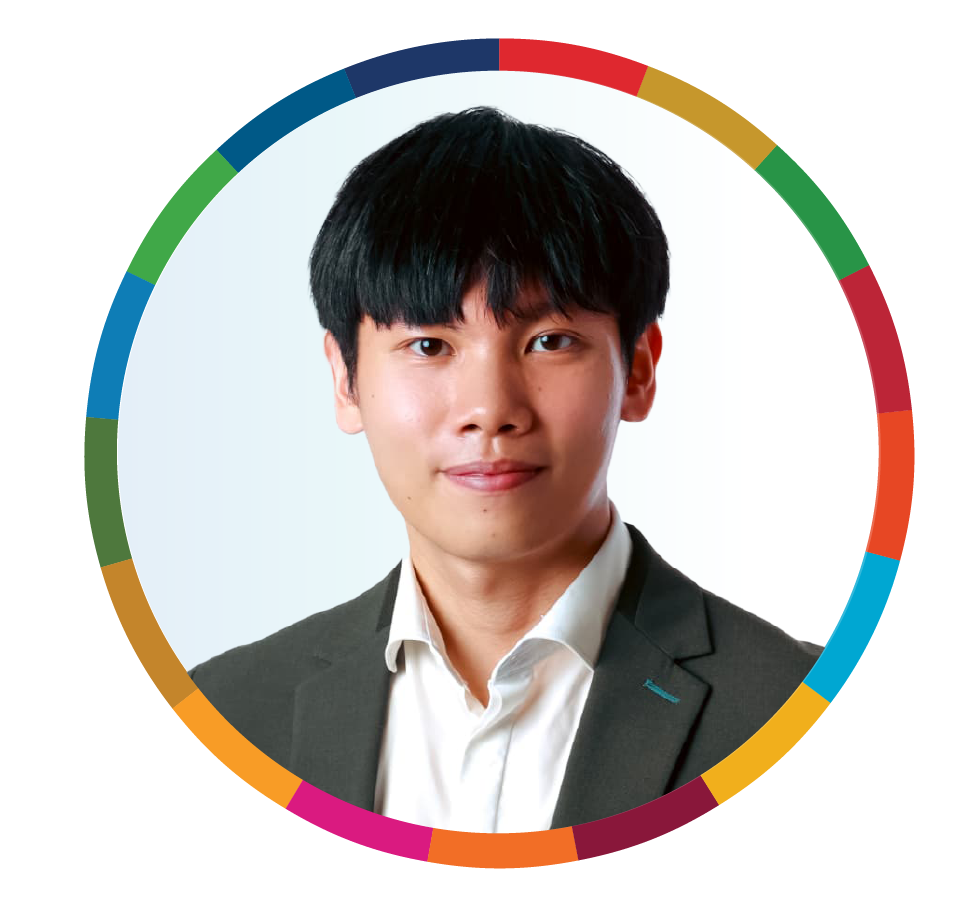
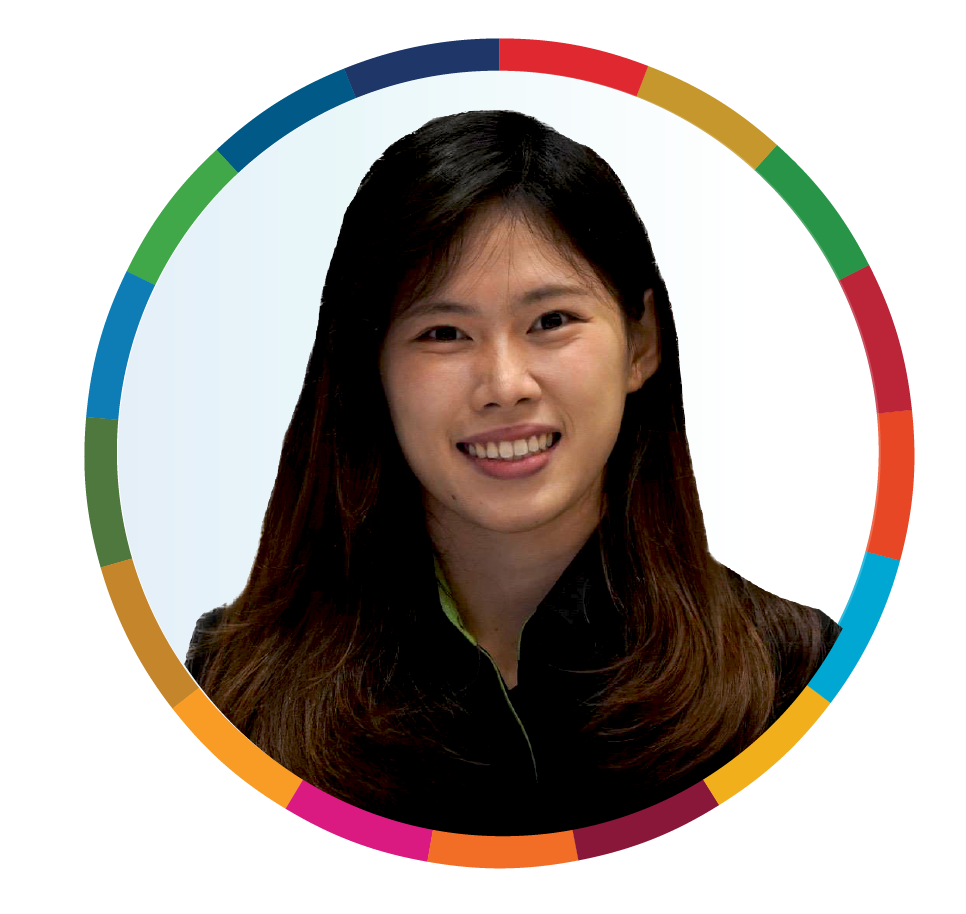
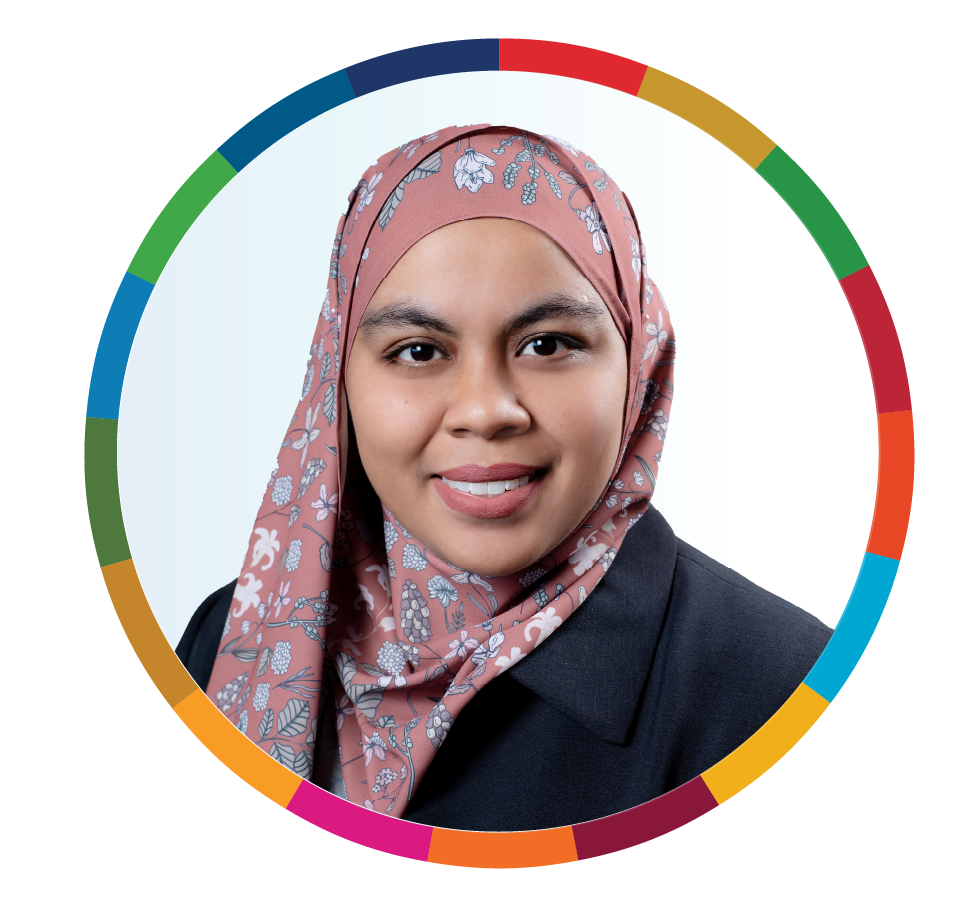
Consultant (Wildlife Ecologist) for Research & Development
Sarawak Energy
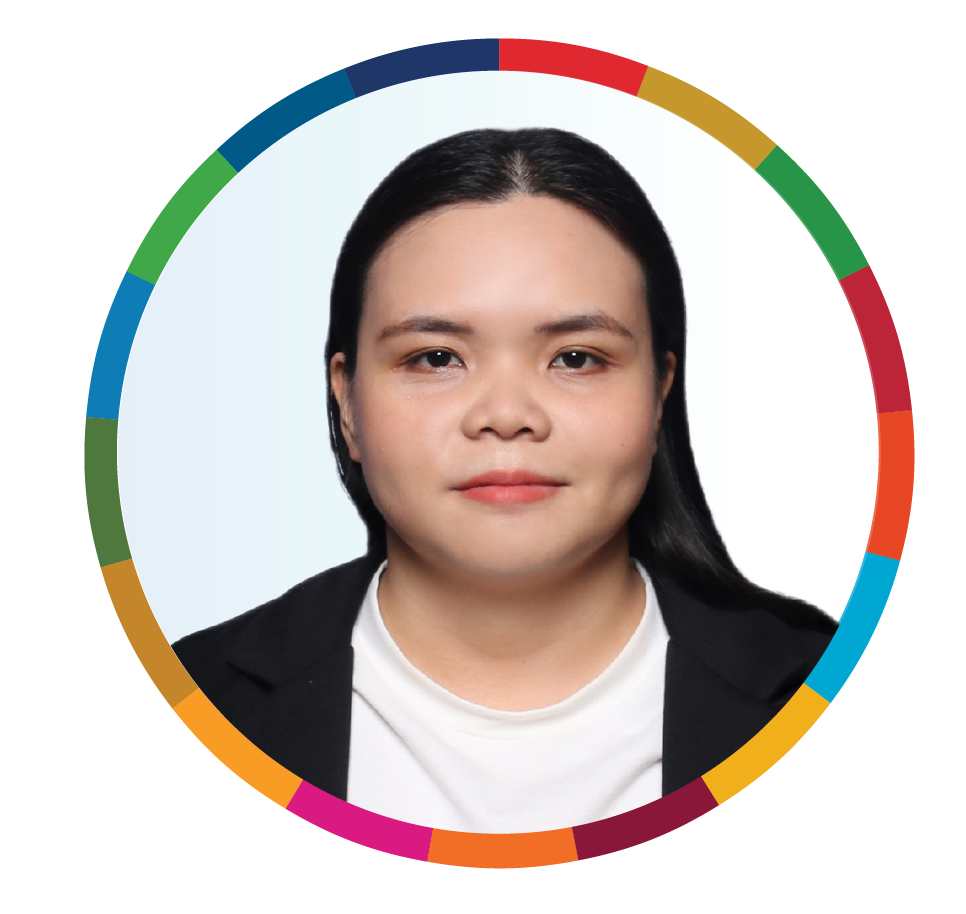

Premier of Sarawak

Deputy Prime Minister of Malaysia
Minister for Energy Transition and Water Transformation

Minister for Utility and Telecommunication Sarawak

Deputy Minister for Utility (Sarawak Energy and PETROS)
Chairman of Sarawak Energy

Deputy Minister for Energy and Environmental Sustainability Sarawak

Deputy Minister for Urban Planning, Land Administration and Environment Sarawak

British High Commissioner to Malaysia

Group Chief Executive Officer Sarawak Energy

Board Member of the International Hydropower Association
President of the Belt and Road Green Development Initiative
The Sixth and former UN Environment Executive Director and Under-Secretary-General of the United Nations

Chair of Japan Energy Association
Chair of Impact, World Energy Council
Former President/CEO of Tokyo Electric Power Company (TEPCO)

Second Secretary, Political & Economic
Australian High Commission Kuala Lumpur

Anchor and Correspondent
CNN

Permanent Secretary
Ministry of Utility and Telecommunication

Senior Vice President for Sarawak Resource Management
Petroleum Sarawak Berhad (PETROS)

Deputy Chief Executive Officer
International Hydropower Association

Founder and Executive Director
People Centred Economic and Business Institute of Indonesia (IBEKA)

Principal Advisor
eCEOs Sdn. Bhd. and Alypz Sdn. Bhd.,
Board Member
Malaysian Atomic Energy Licensing Board

Advisor for Climate Change, Energy, and Sustainable Development
Department of the Premier of Sarawak

Malaysian National Athlete

Senior Vice President for Corporate Services
Sarawak Energy

Senior Vice President for Health, Safety, Security and Environment
Sarawak Energy

Senior Vice President for Strategy & Corporate Development
Sarawak Energy

Chief Digital Officer
Sarawak Energy

Head of Carbon Market
Bursa Malaysia

Executive Director of ASEAN Centre for Energy

Chief Operating Officer for Sarawak Energy Resources
Sarawak Energy

Vice President/Head of Corporate Strategy & Research
Malaysia Petroleum Resources Corporation

Vice President
China Three Gorges International Limited

Head of the Energy and Mineral Division
ASEAN Secretariat

Division Head of the Sectoral Planning Division
Economic Planning Unit Sarawak

Energy Director for Southeast Asia and Pacific
Asian Development Bank

Deputy Executive Director
Hydropower Sustainability Alliance

Deputy Executive Director
ASEAN Centre for Sustainable Development Studies and Dialogue

Executive Director
International Institute of Nuclear Energy

Director
UN Global Compact Network Malaysia & Brunei

Director of the Technical Support Division, Malaysia
Nuclear Agency
Exco Member of Women in Nuclear (WiN) Malaysia

Founder and Chairperson
LeadWomen

Global Director, Water and Wetlands
International Union for Conservation of Nature (IUCN)

Chief Operating Officer
Huawei (Electric Power Digitalisation Business Unit)

Non-Executive Director
IOI Corporation Berhad and Tan Chong Motor Holdings Berhad

Vice President for Commercial
Sarawak Energy

Chief Executive Officer Malaysia
Permian Global

Group Chief Sustainability Officer
RHB Group

Chief Executive Officer
RAM Sustainability Sdn. Bhd.

Vice President
ASEAN Innovation Business Platform

General Manager for Sustainability
Sarawak Energy

Director of Services for South & Southeast Asia, Taiwan
Black & Veatch

Group Head of Strategy
Mott MacDonald
UK Clean Power Commissioner

Senior Director Corporate & Strategy
Malaysia Forest Fund

Senior Sustainability Specialist
Hydropower Sustainability Alliance

Head of the International Energy Agency (IEA) Regional Cooperation Centre Singapore

Managing Director, Asia Pacific for Energy Institute
Founder and Chief Executive Officer for CarbonSync Technologies Pte Ltd.

Head of Asian Credit for Aberdeen Investments

Head of Carbon Unit
Forest Department Sarawak

Chief Engineer (Asset Strategy & Policies) Distribution Network
Tenaga Nasional Berhad

Managing Director of DHL Express Malaysia and Brunei

Assistant Chief Executive (Corporate Services) and Chief Commercial Officer
Energy Market Authority

Independent Non-Executive Director
Cypark Resources Berhad

Global Speaker and Former Journalist

Regional Senior Programme Manager
UCAP CAI Programme (Southeast Asia), C40 Cities

Regional Coordinator for Forest and Drylands
Oceania International Union for Conservation of Nature
(IUCN) Asia Regional Office

Senior Director
Think City

Senior Consultant for Energy
Economic Research Institute for ASEAN and East Asia (ERIA)

Associate Professor
Associate Dean Executive Degree Programmes
Melbourne Business School

Deputy Chief Executive Officer (Planning & Economic Regulation)
Energy Commission of Sabah (ECoS)

General Manager for Research & Development
Sarawak Energy

Managing Director
SOLS Foundation

Partner
Trinity International
Head of Asia-Pacific Practice

Manager, Policy & Insights
Economist Impact

Co-Founder, Project Development
Nature Based Solutions Sdn. Bhd.

Manager for Sustainability/ESG
Sarawak Energy

Senior Manager
Net Zero Centre of Excellence, Univers

Host, Money Matters TV3

Executive Director
ASEAN Business Advisory Council Malaysia

Co-Managing Partner
Mahardika Energy Partners, Indonesia

Research and Development Director
Youth for Energy Southeast Asia

Senior Technical Leader
Electric Power Research Institute

Research Analyst
ASEAN Centre for Energy (ACE)

Senior Energy Analyst
TransitionZero

Assistant Professor
Ateneo de Davao University

Senior Sustainability Specialist
Hydropower Sustainability Alliance

Director
TONIBUNG

Senior Executive for Sustainability
Sarawak Energy

Senior Executive for Strategy and Corporate Development
Sarawak Energy

Engineer
Sarawak Energy

Executive for Human Resources
Sarawak Energy

Consultant (Wildlife Ecologist) for Research & Development
Sarawak Energy

Engineer for Hydro
Sarawak Energy



